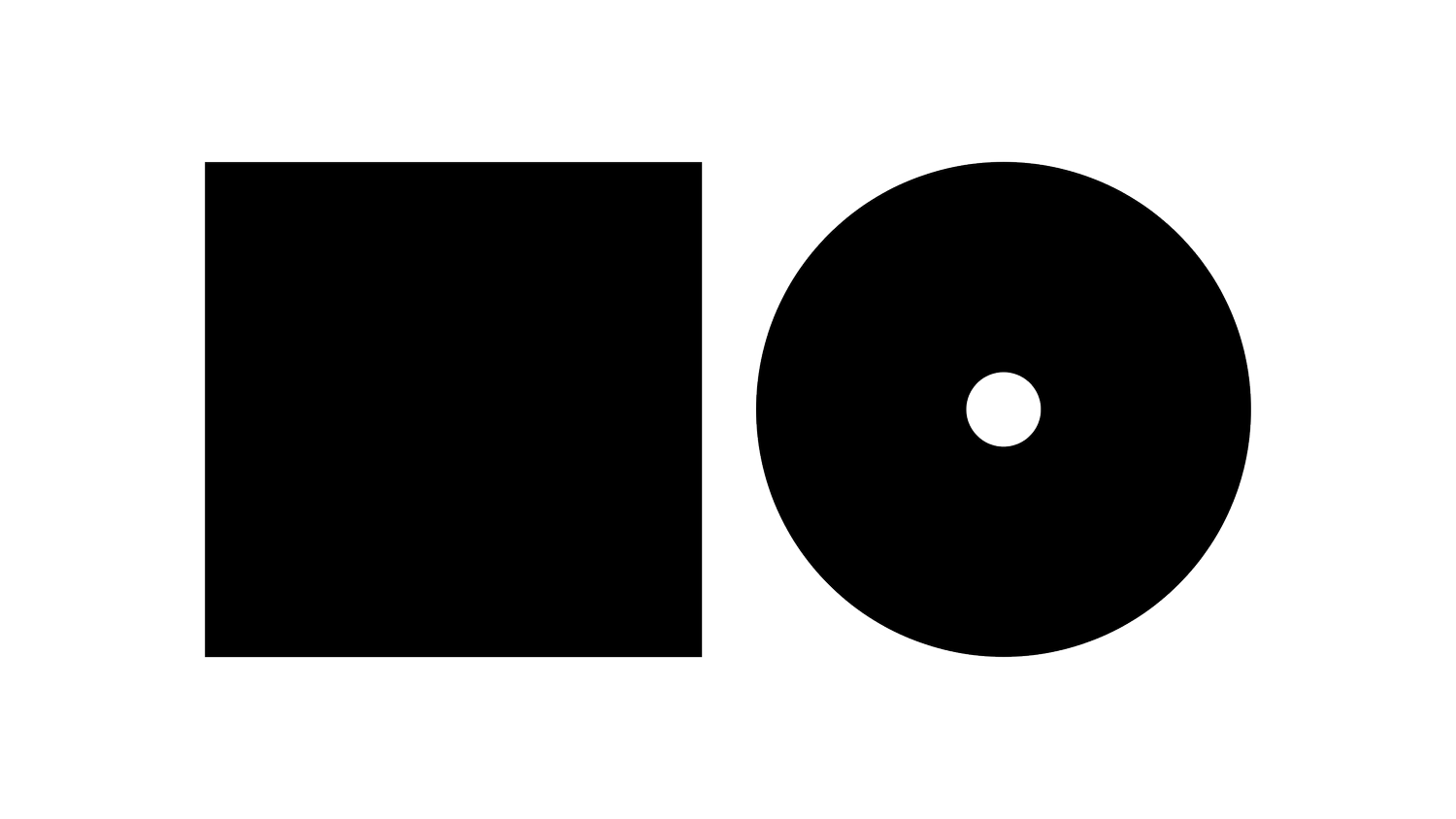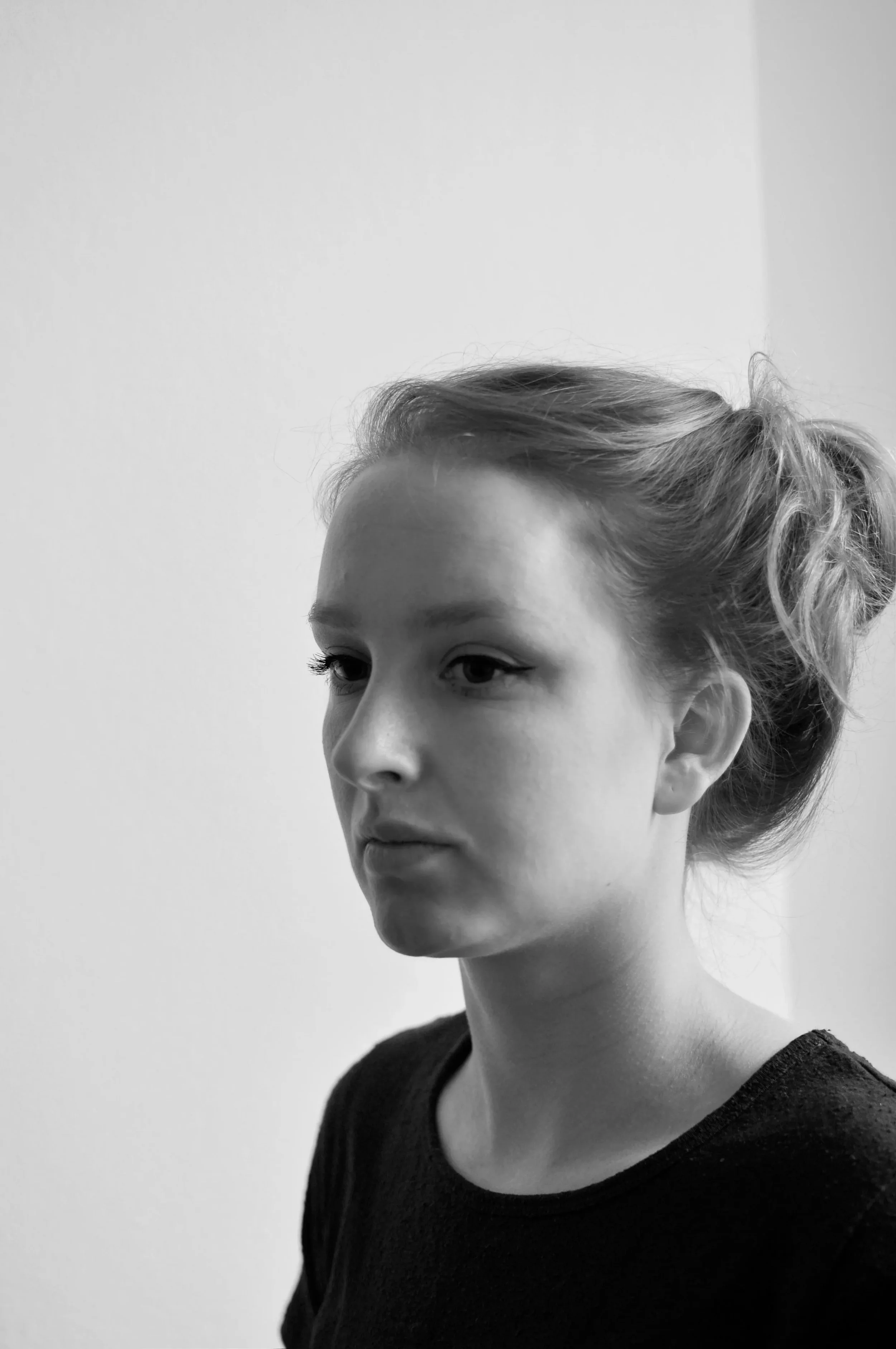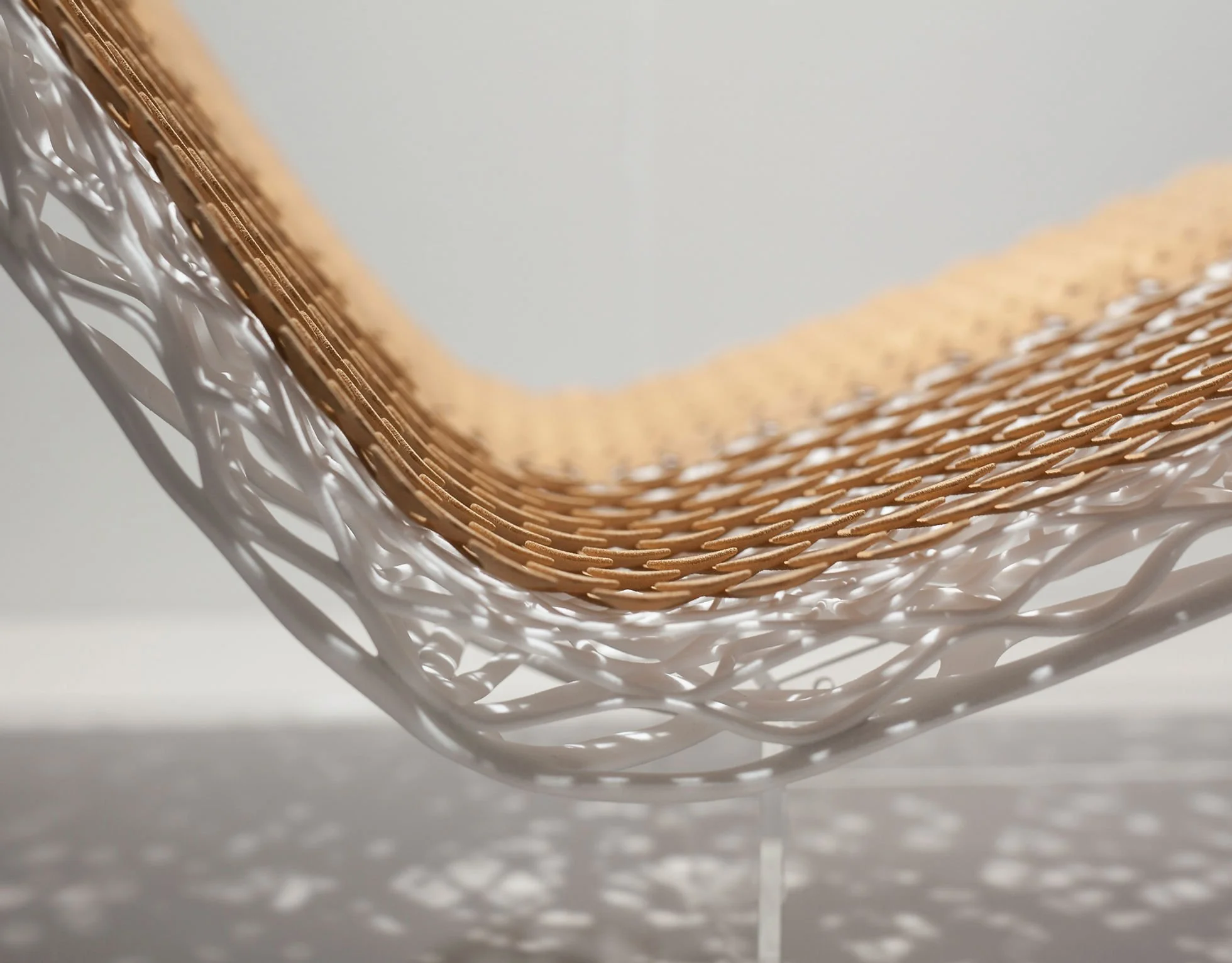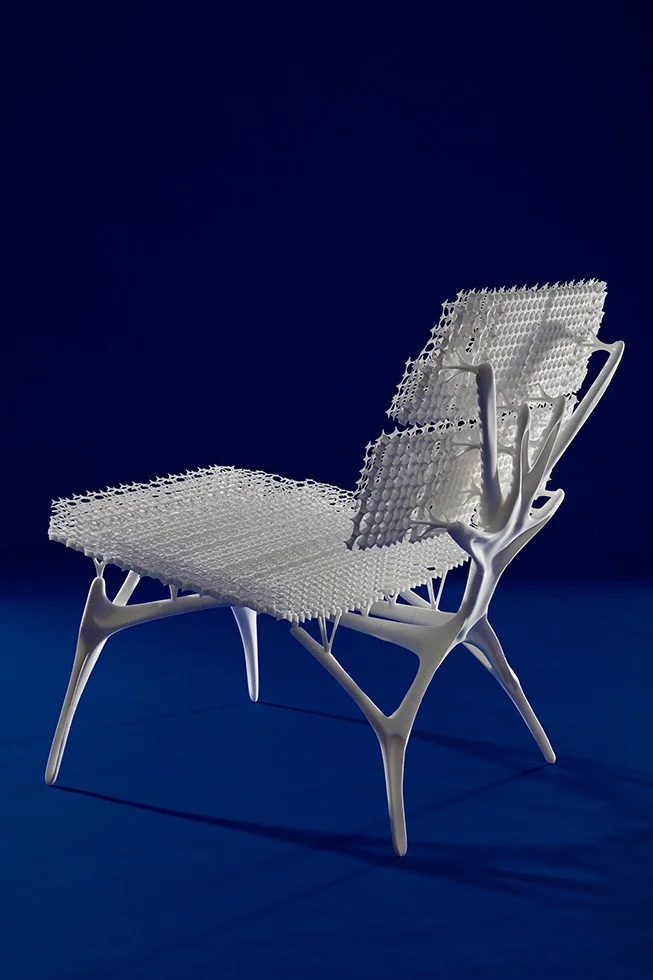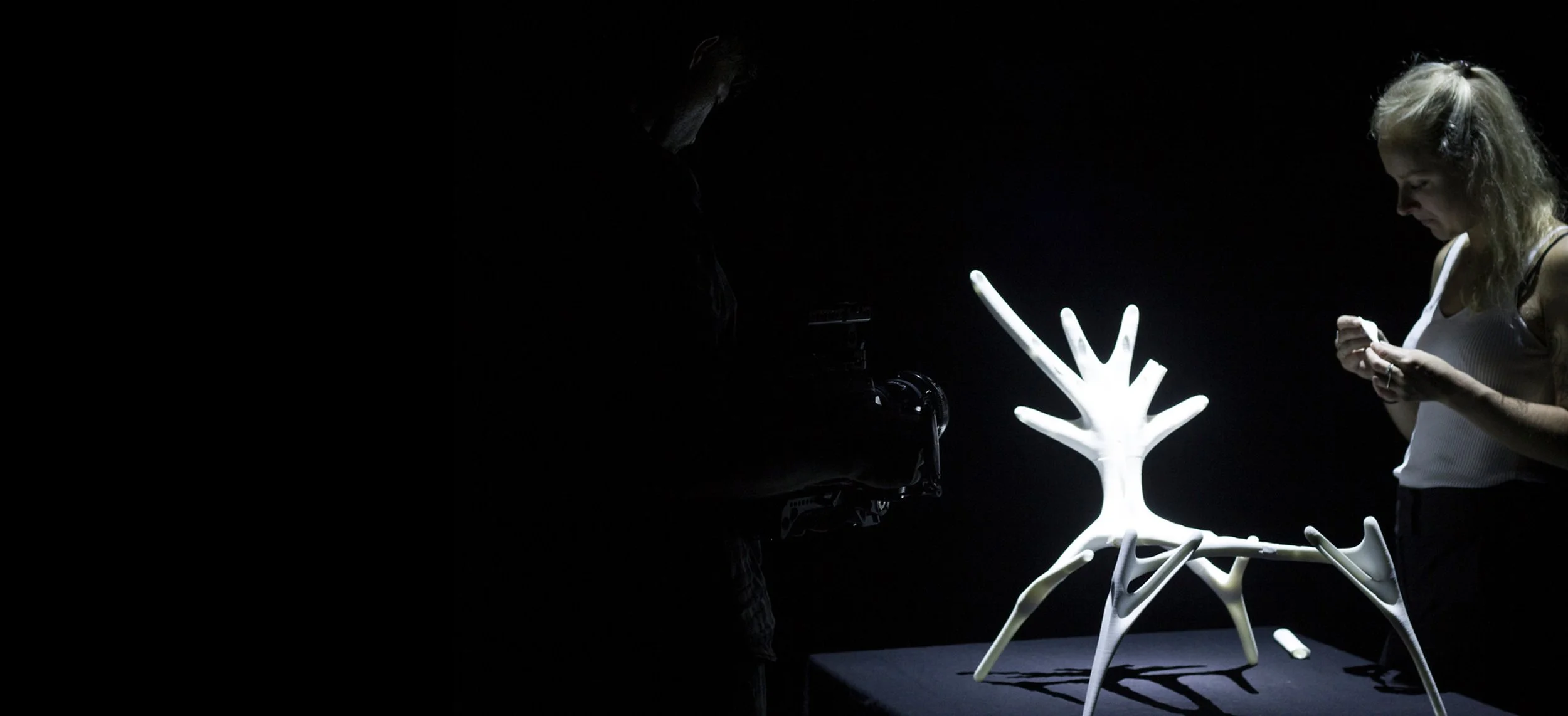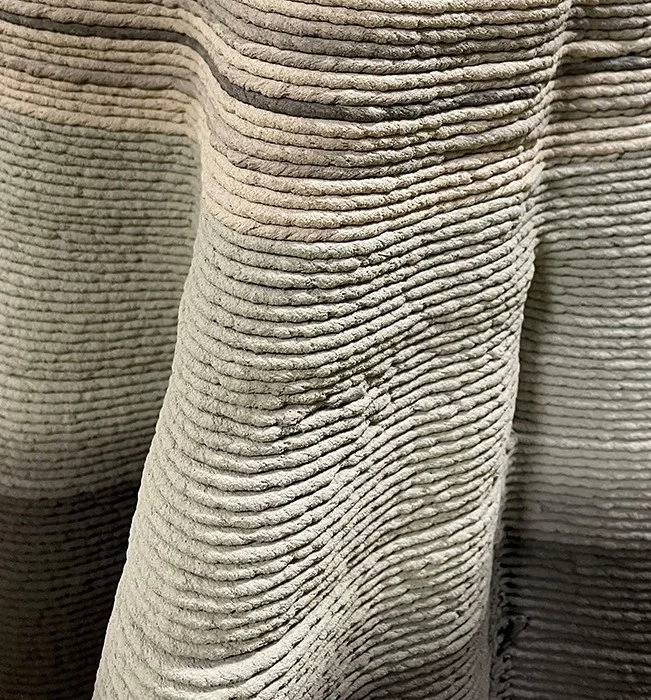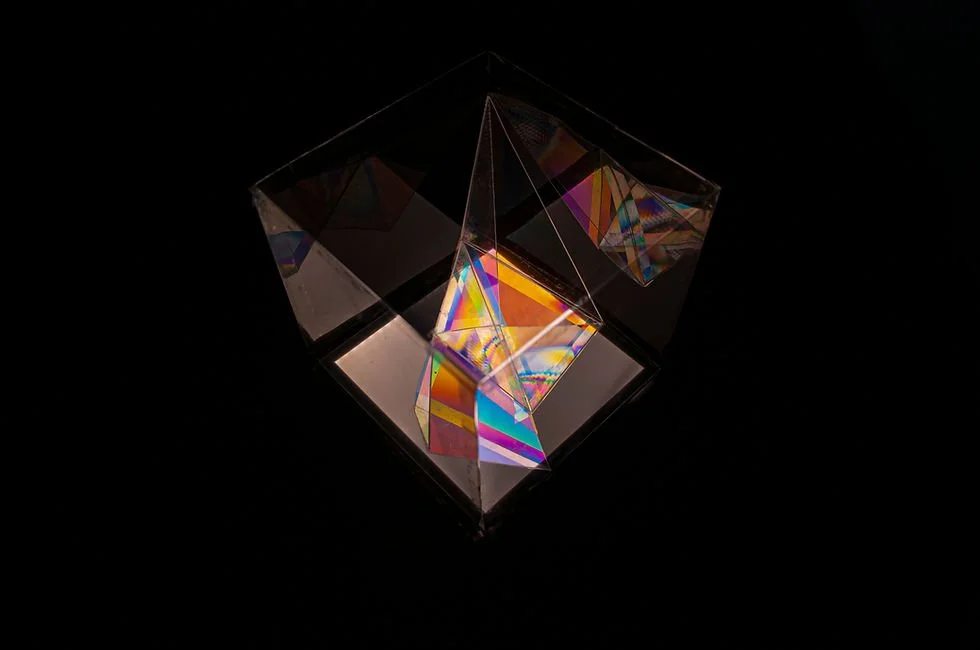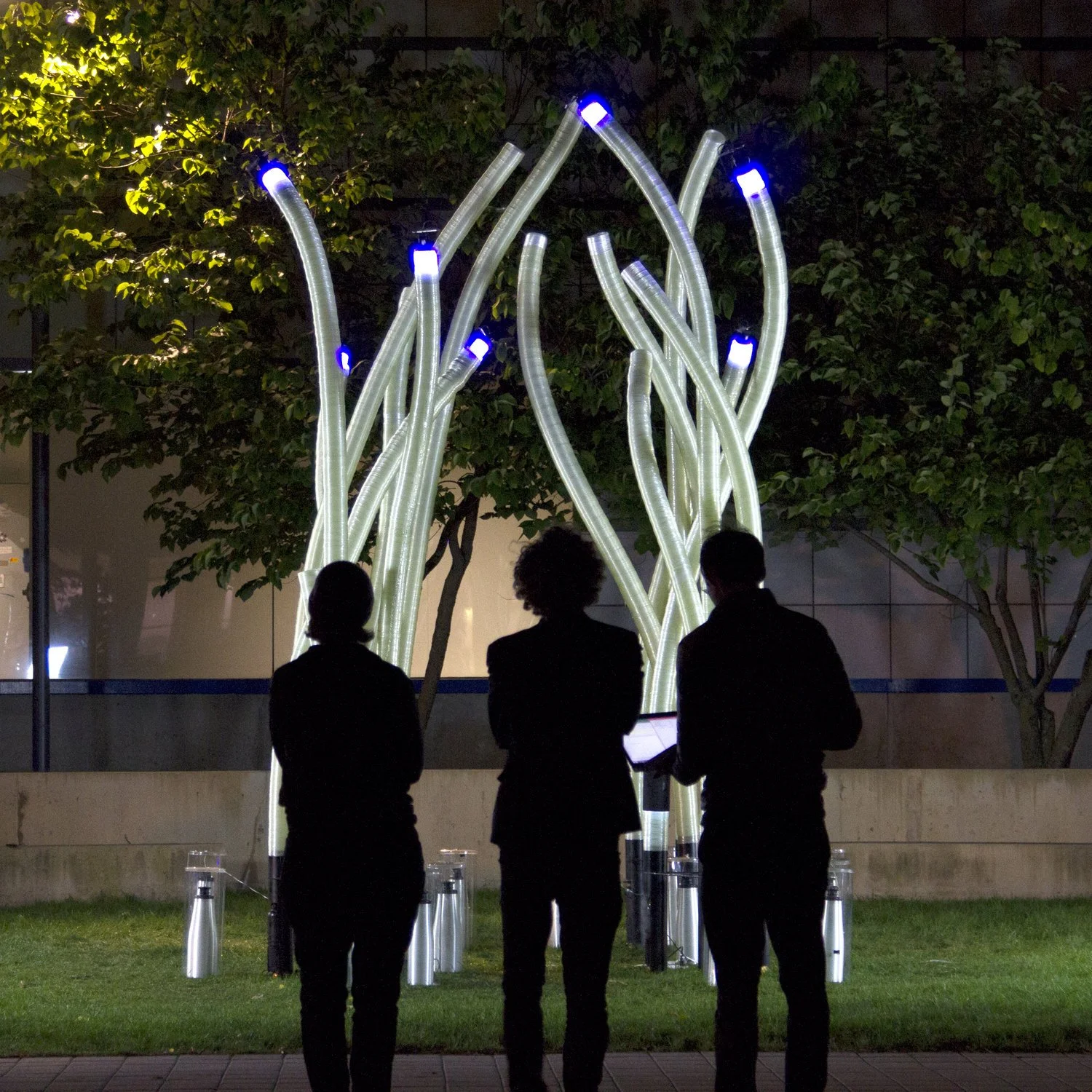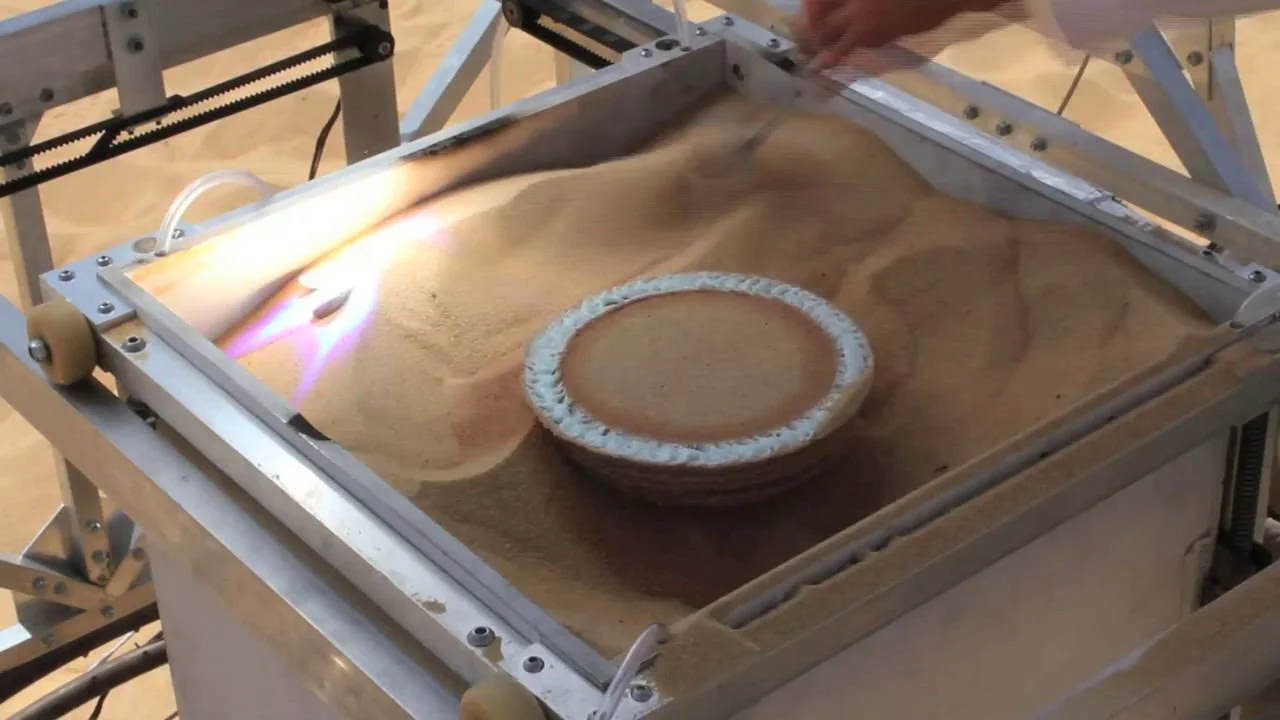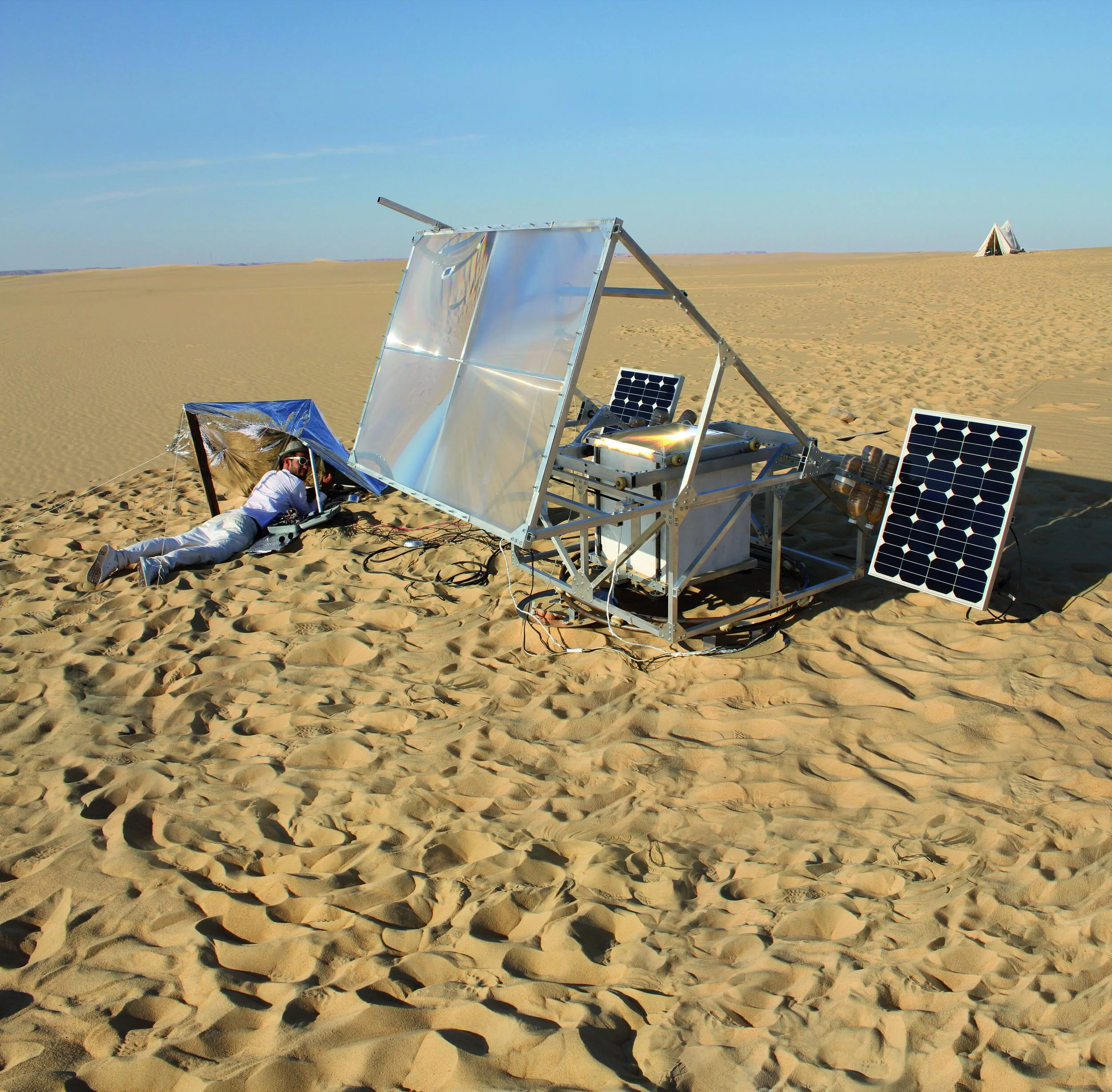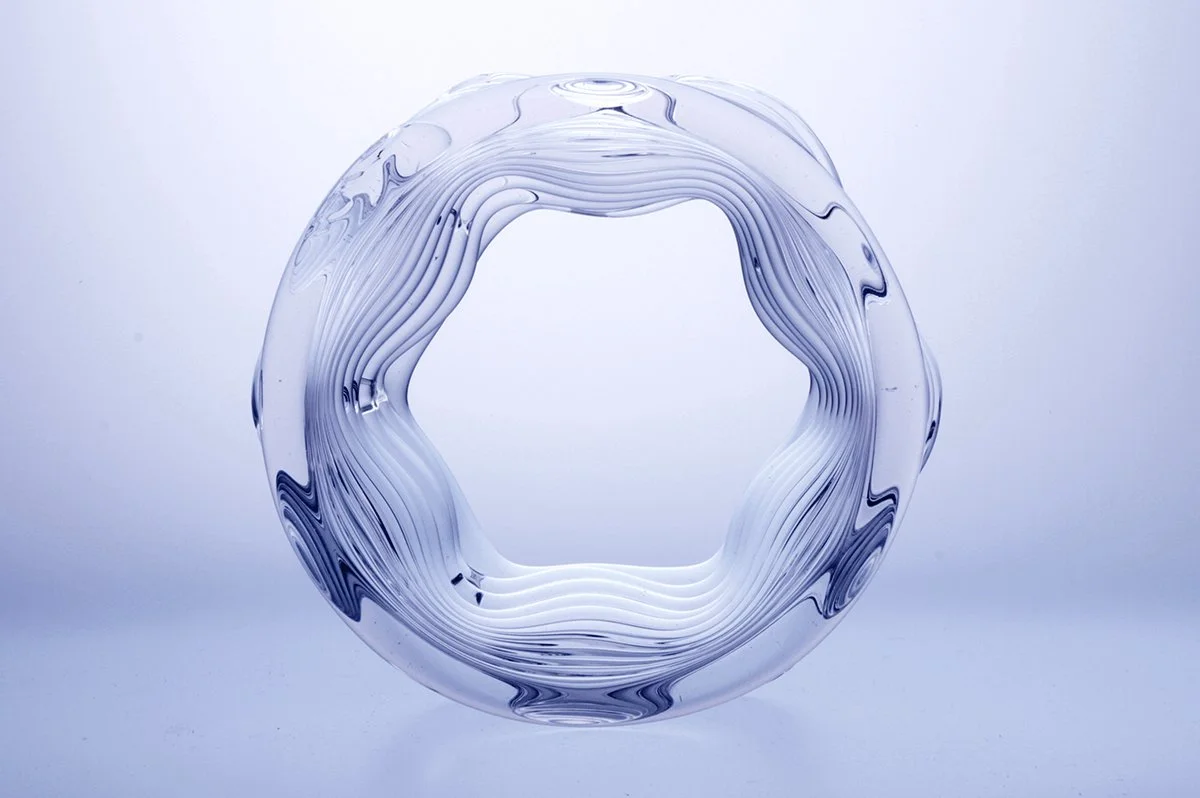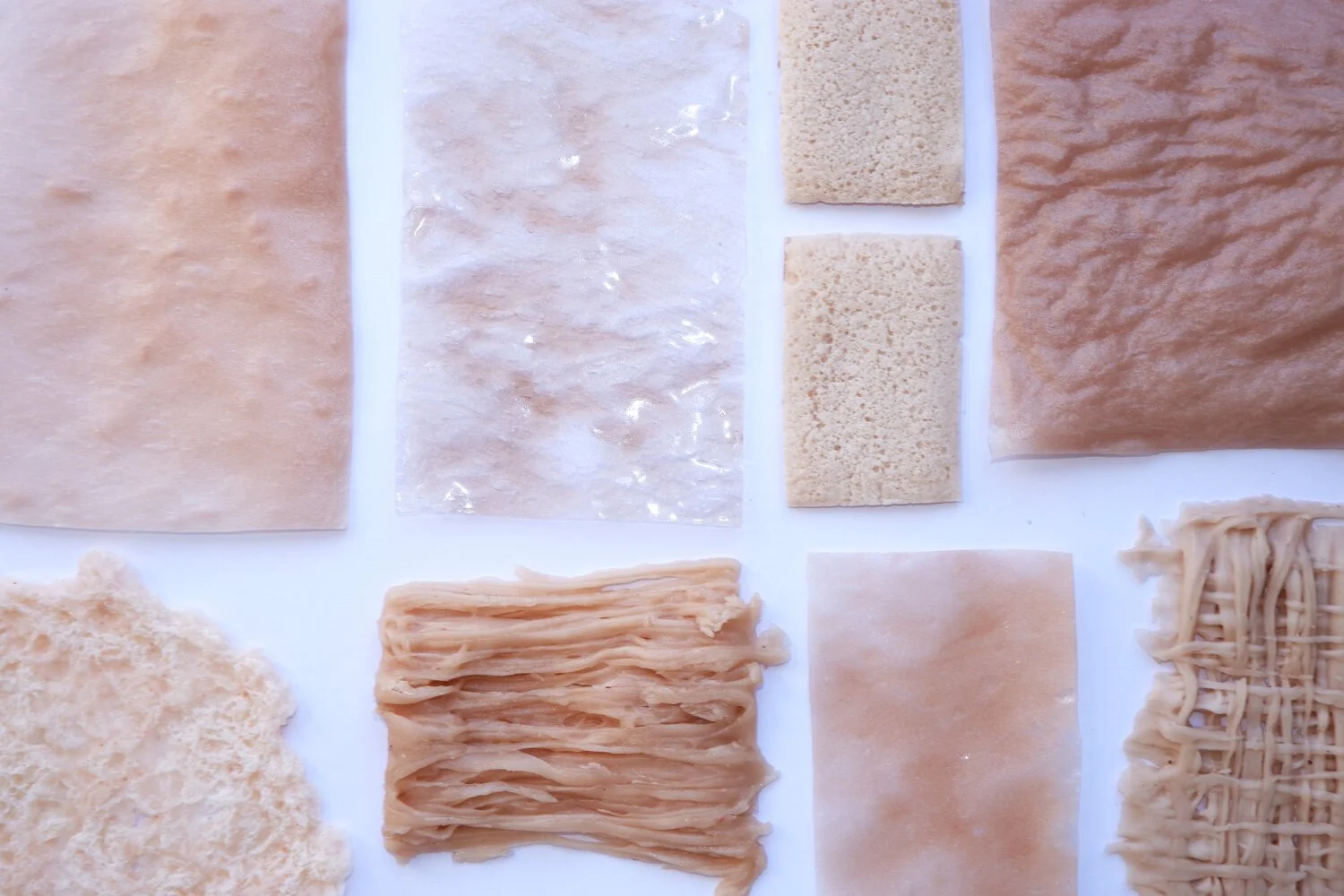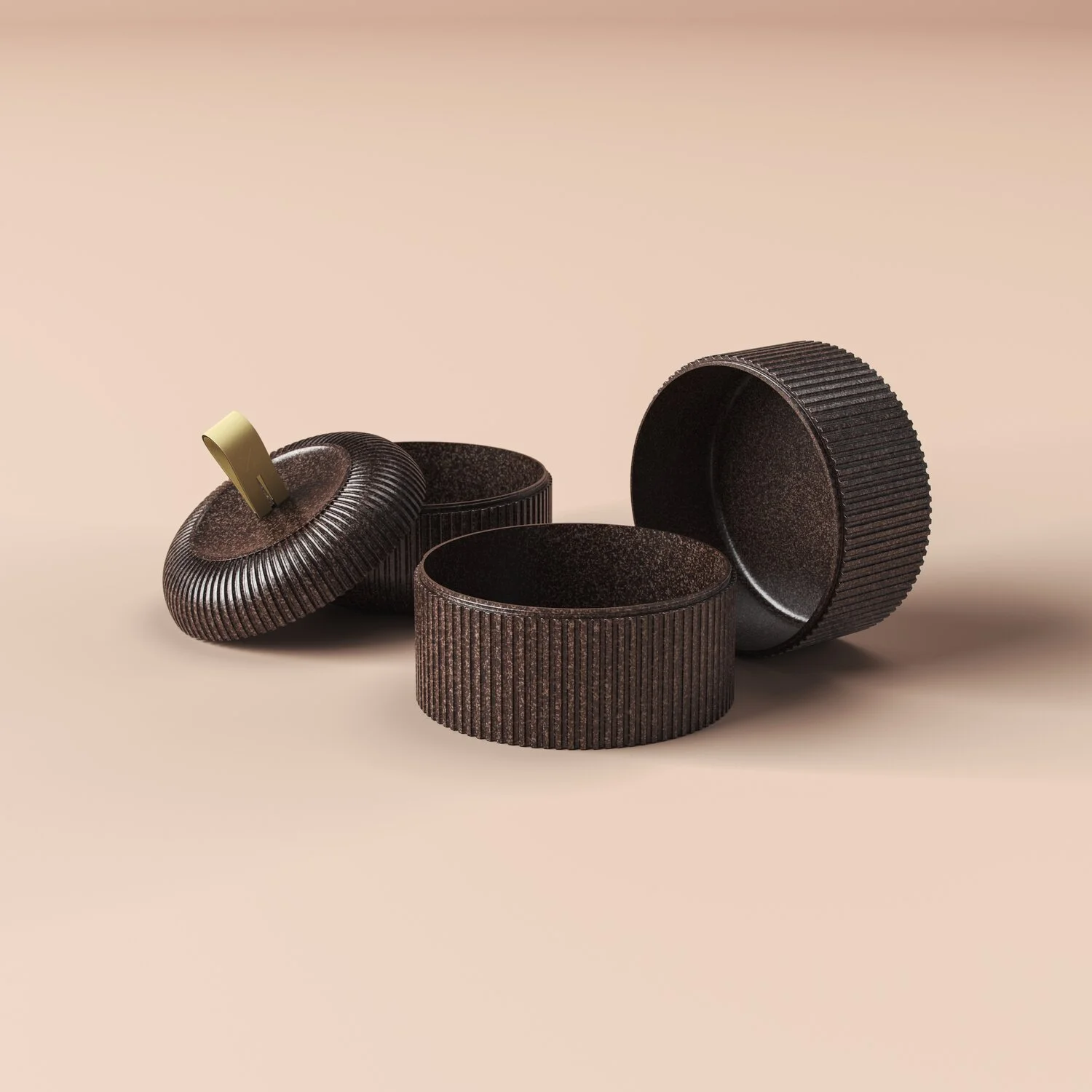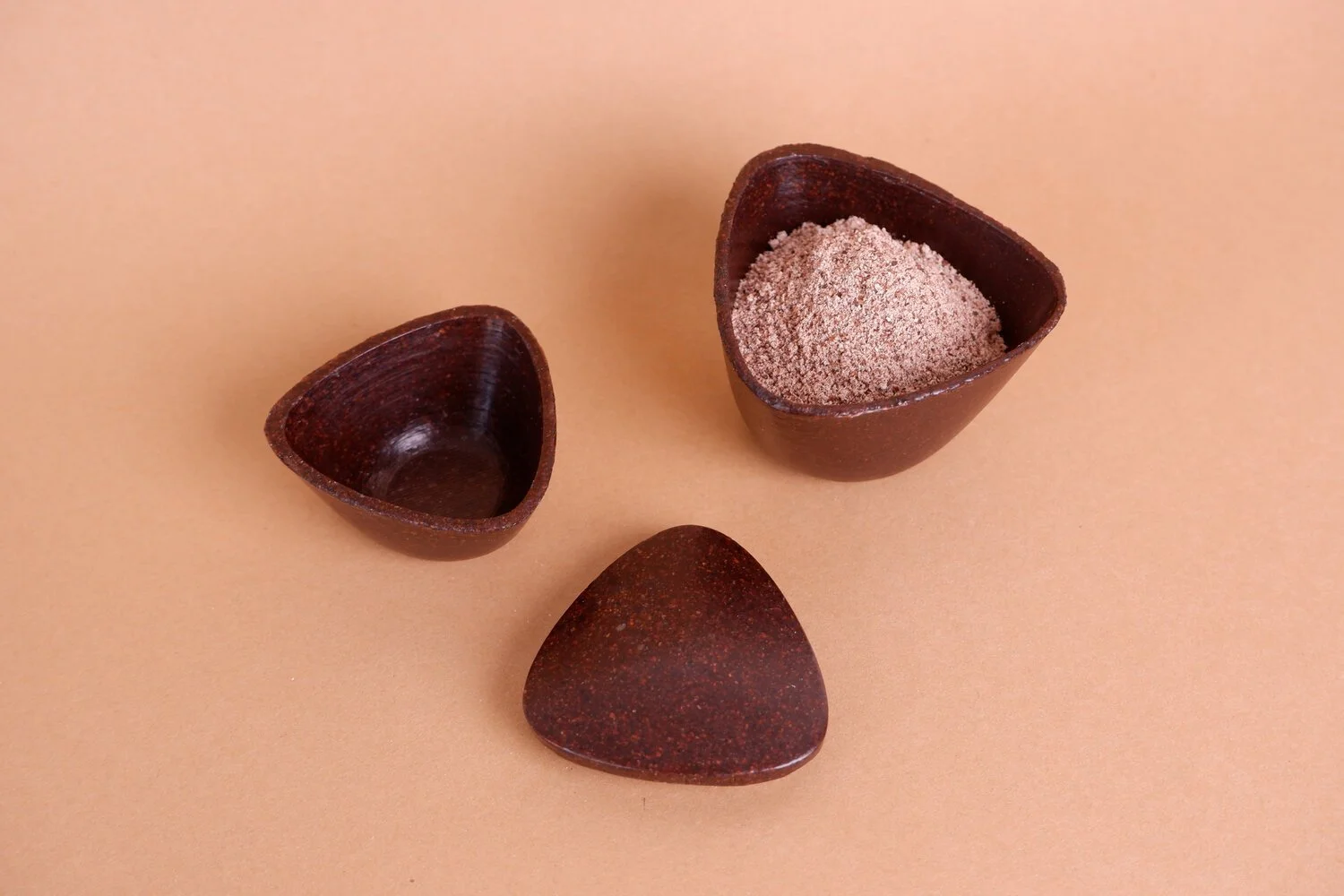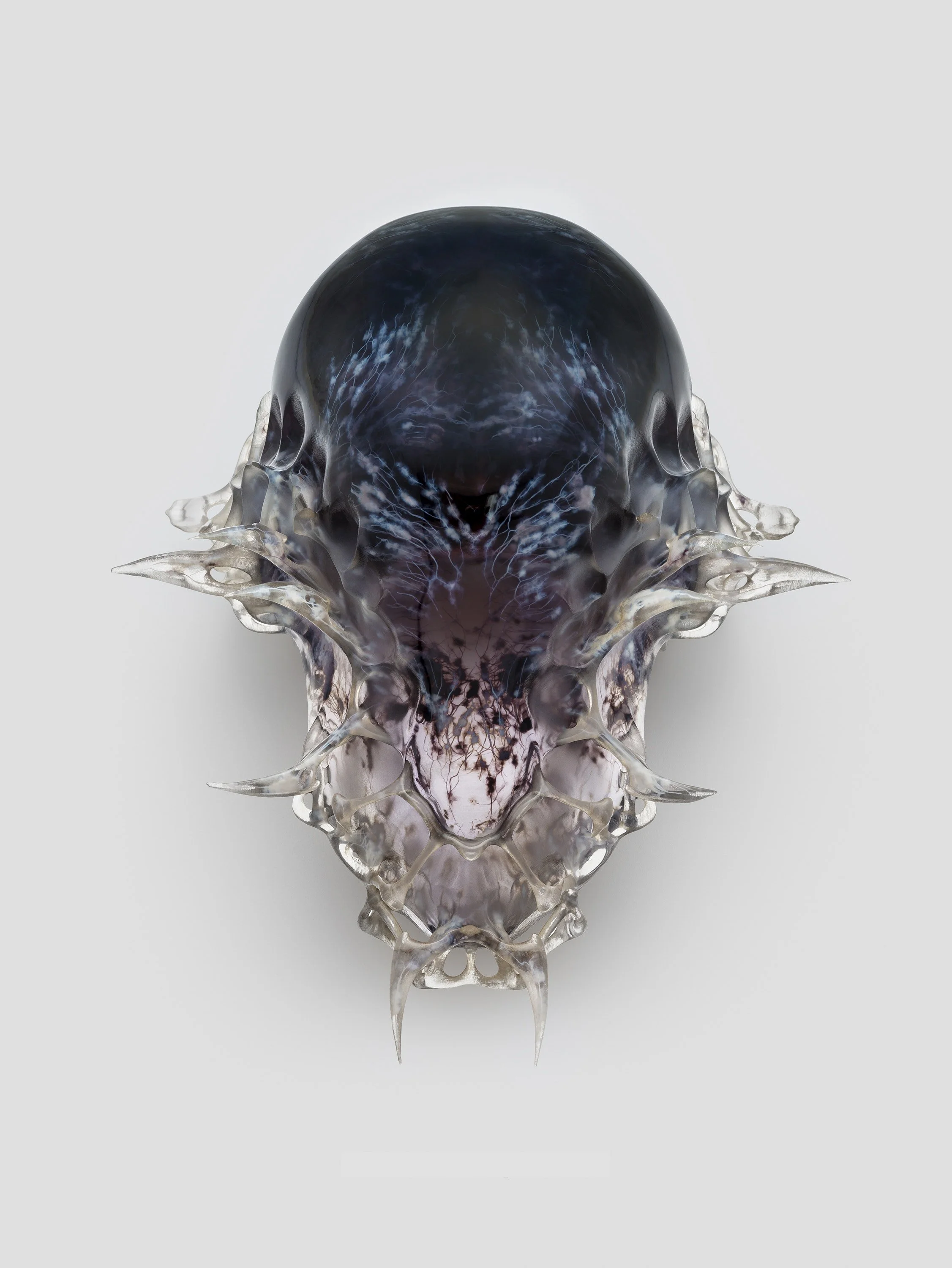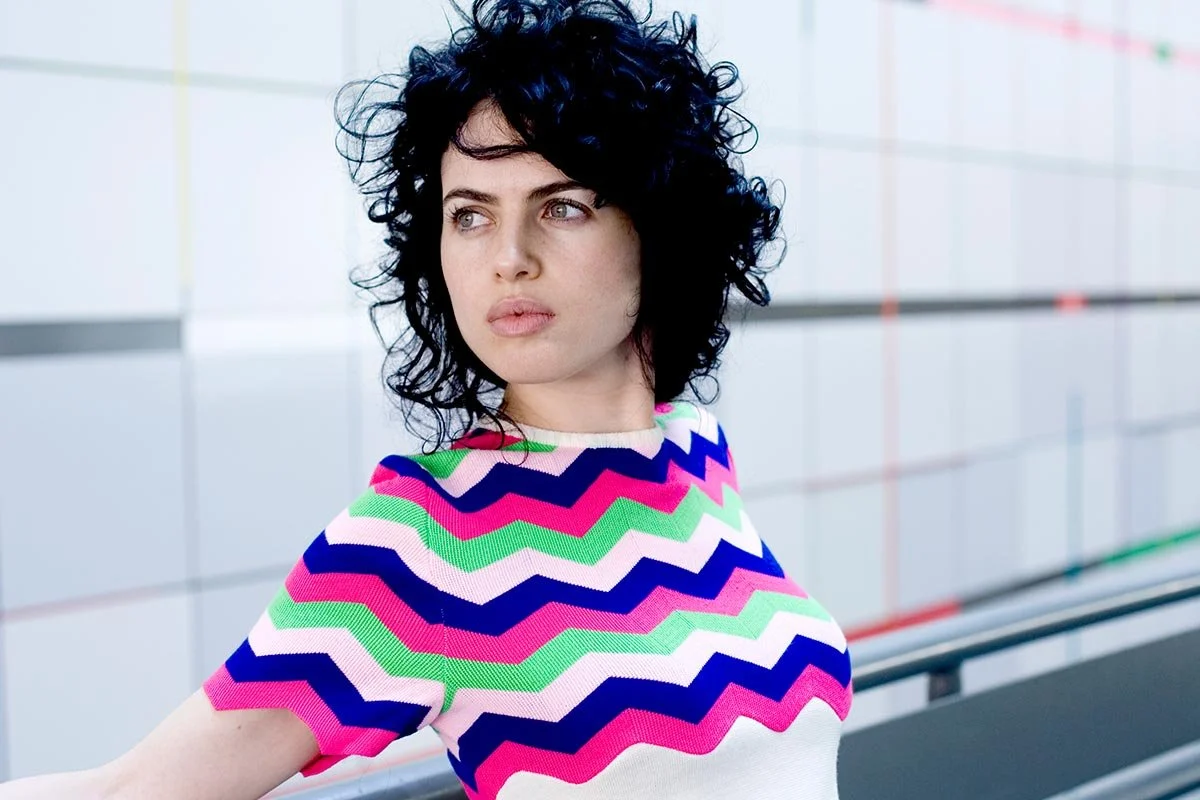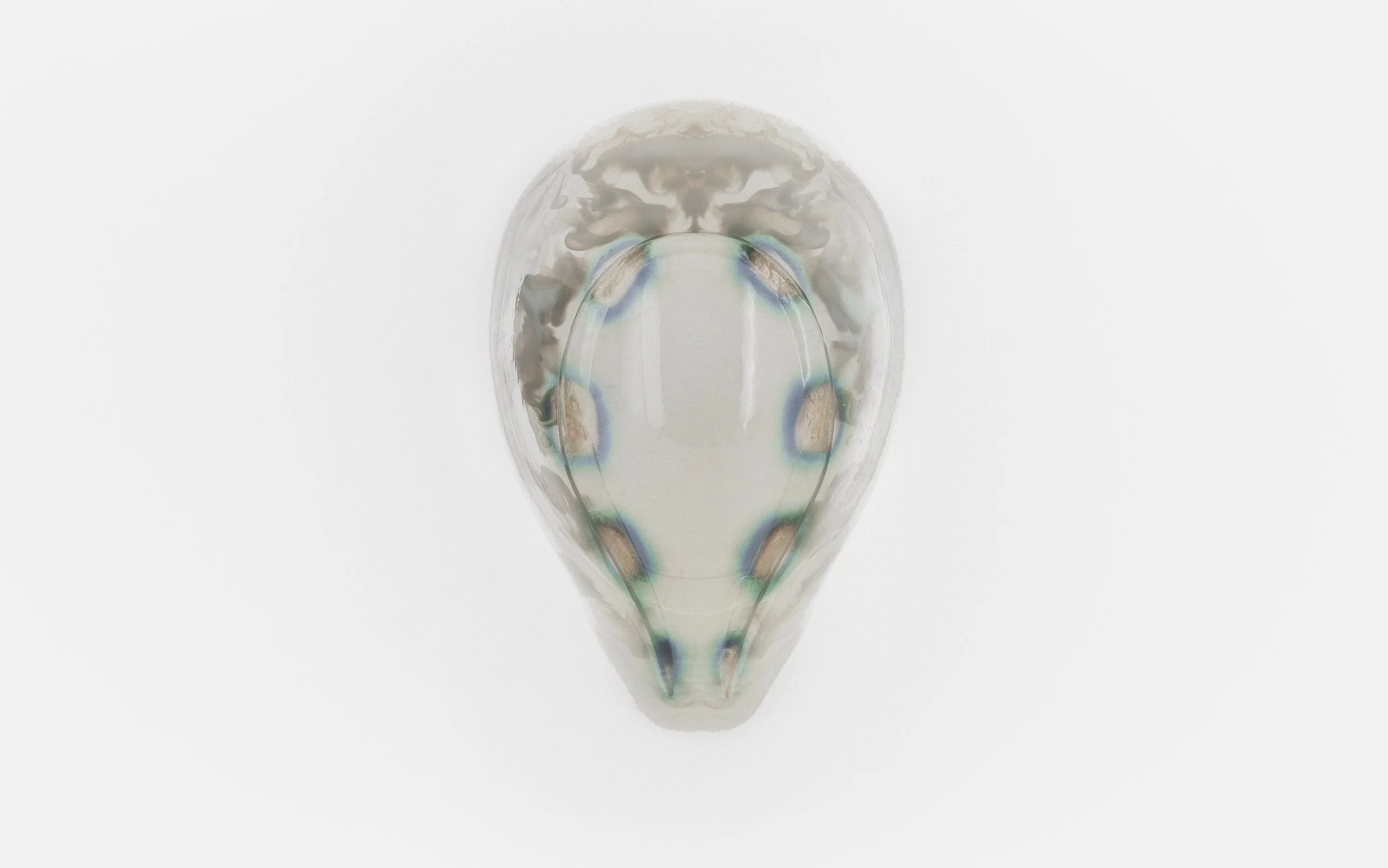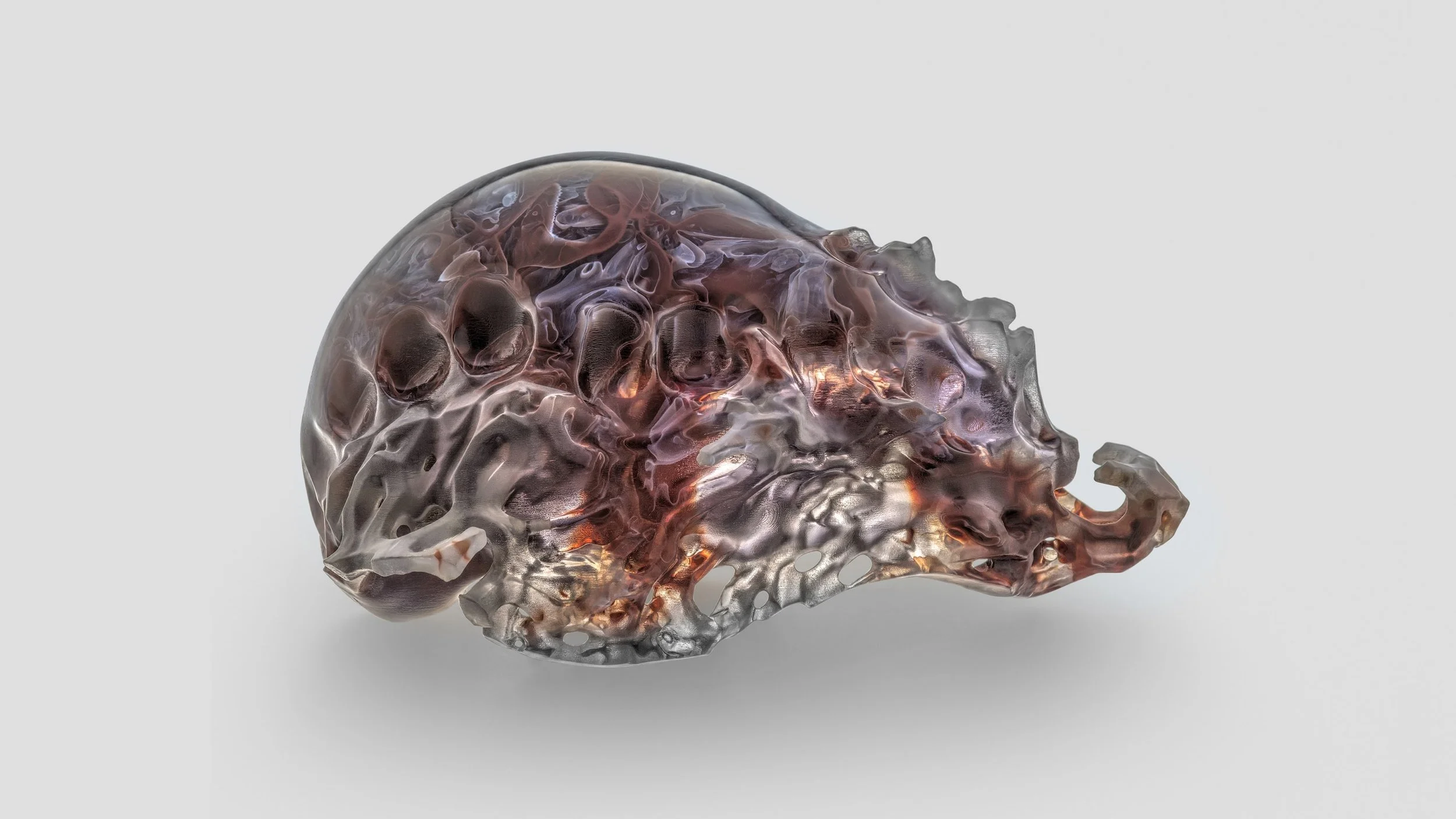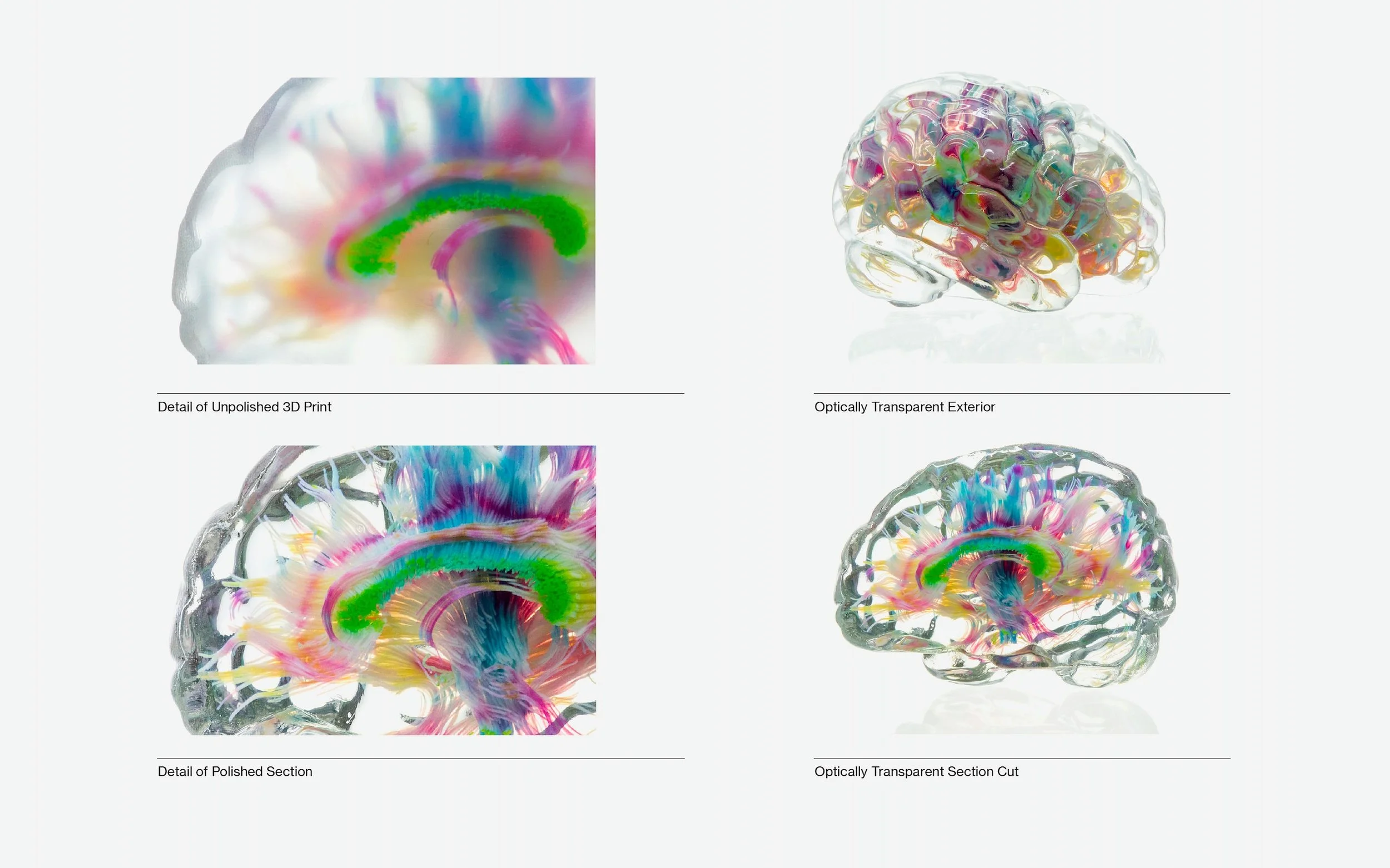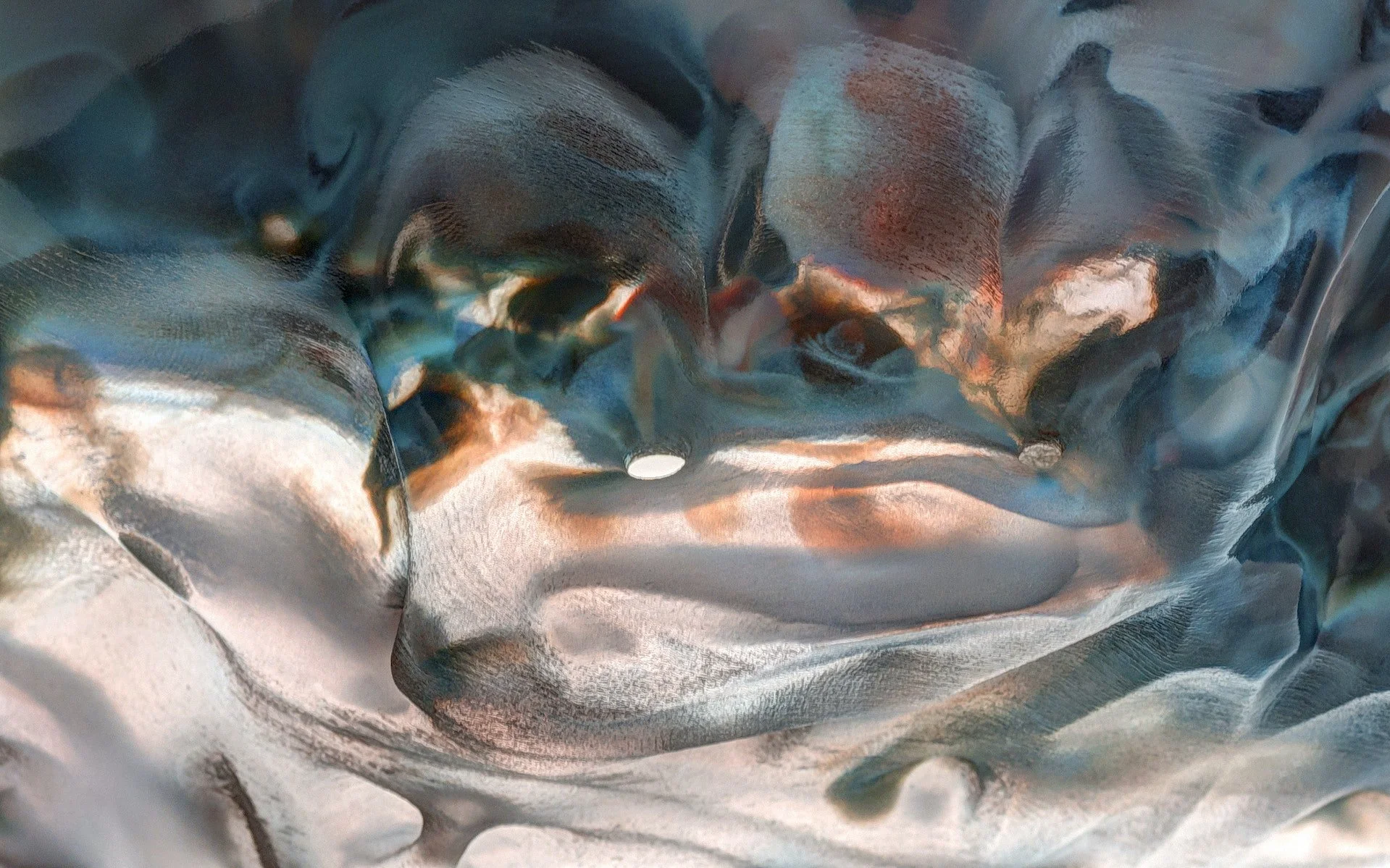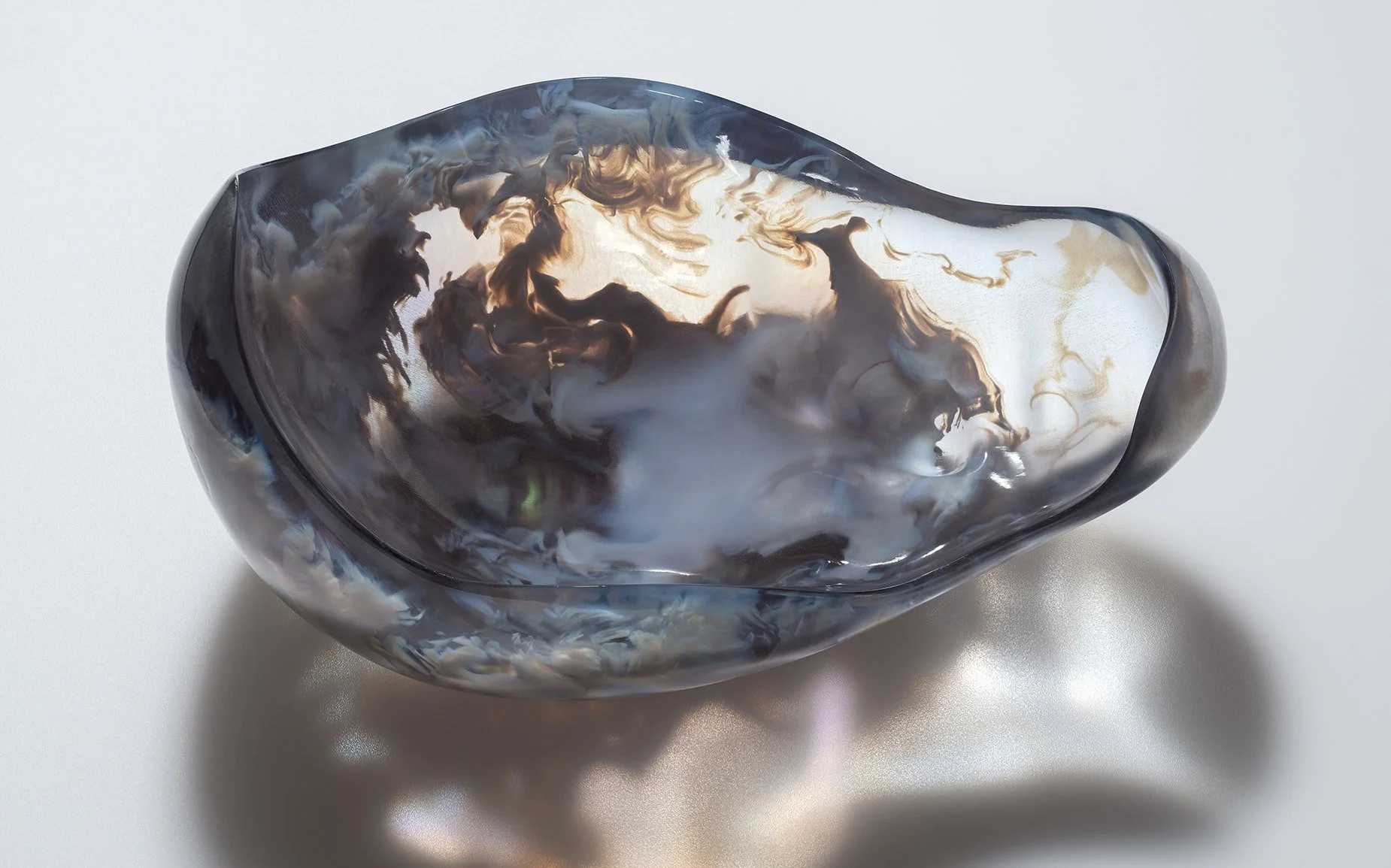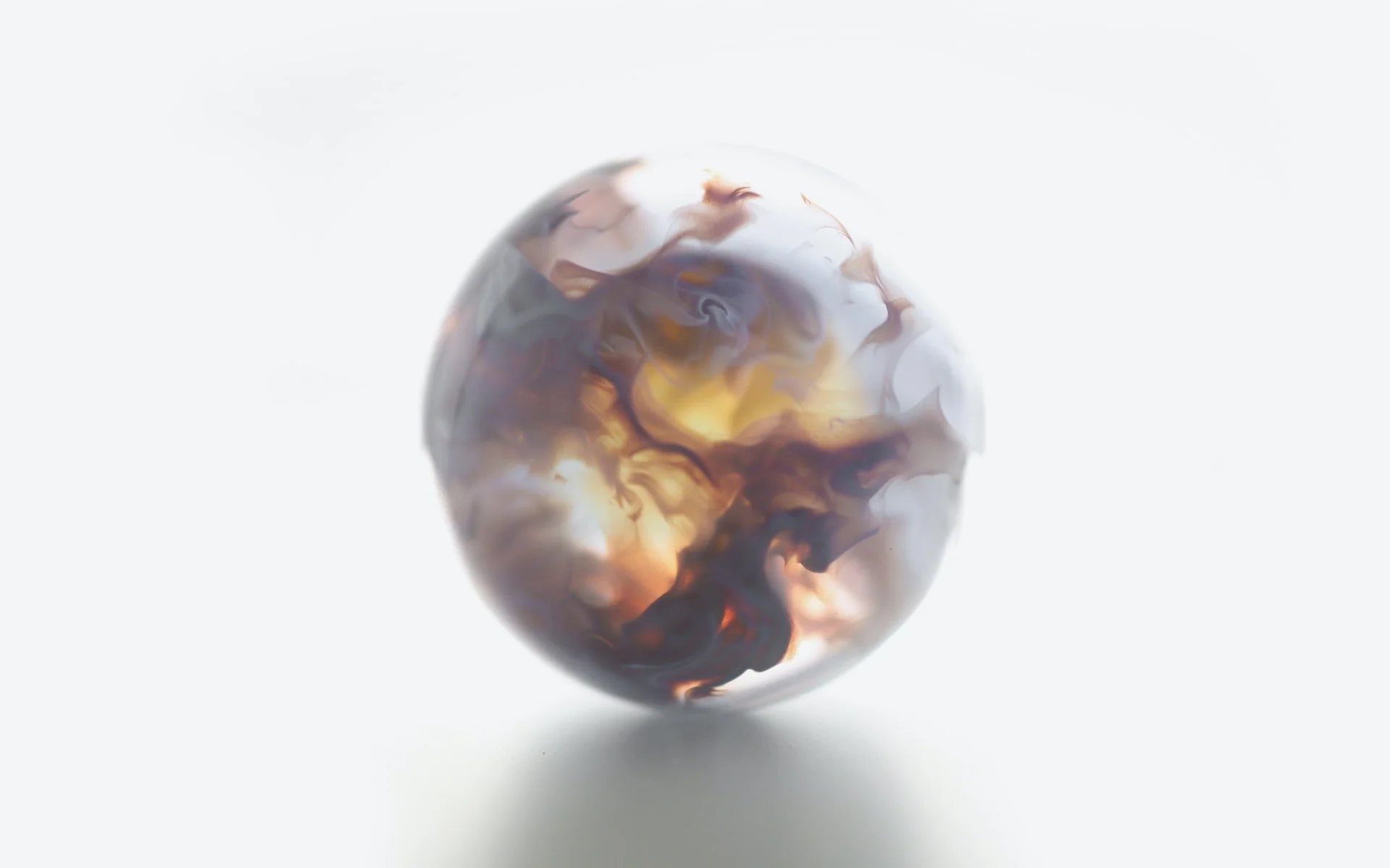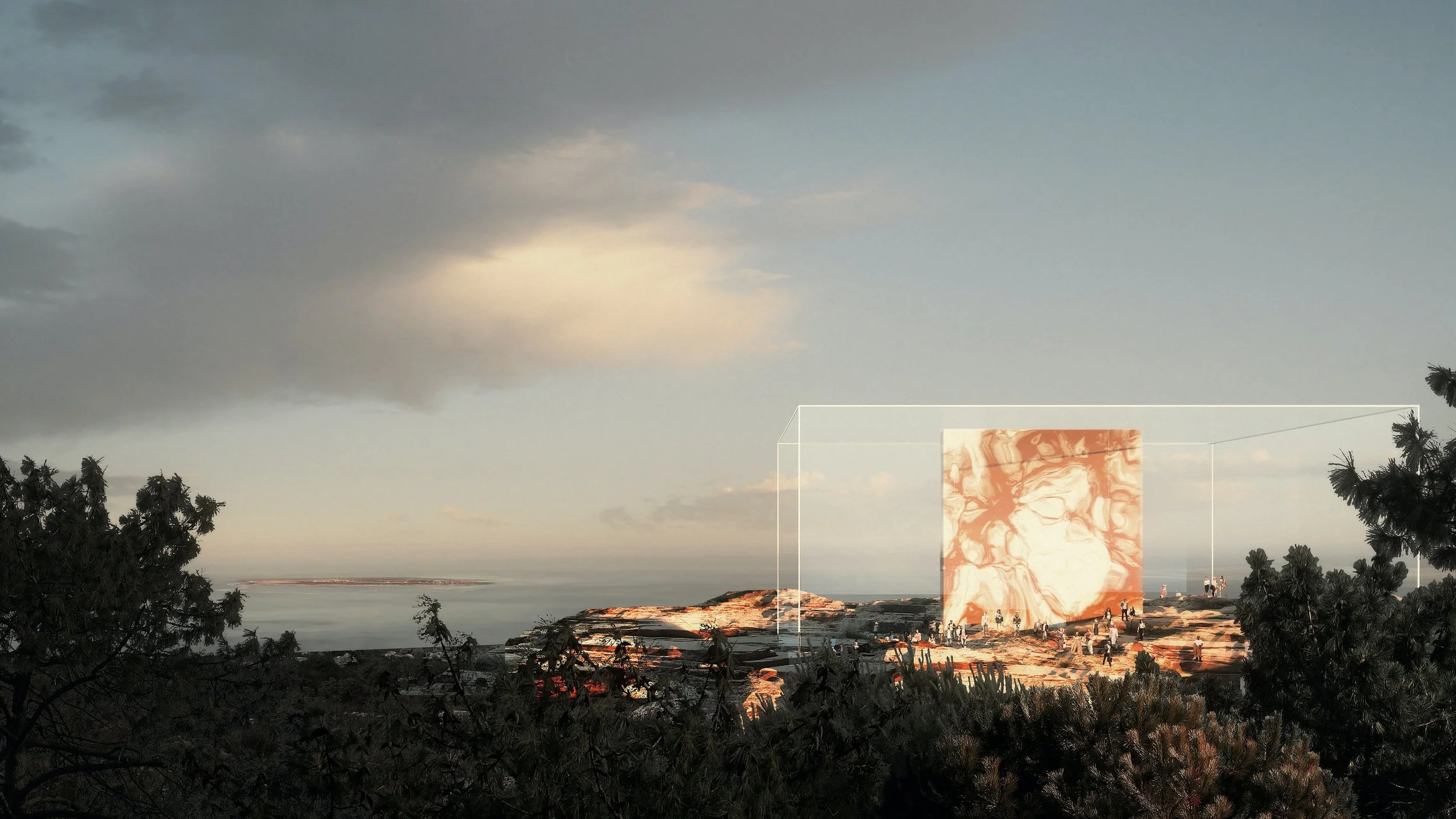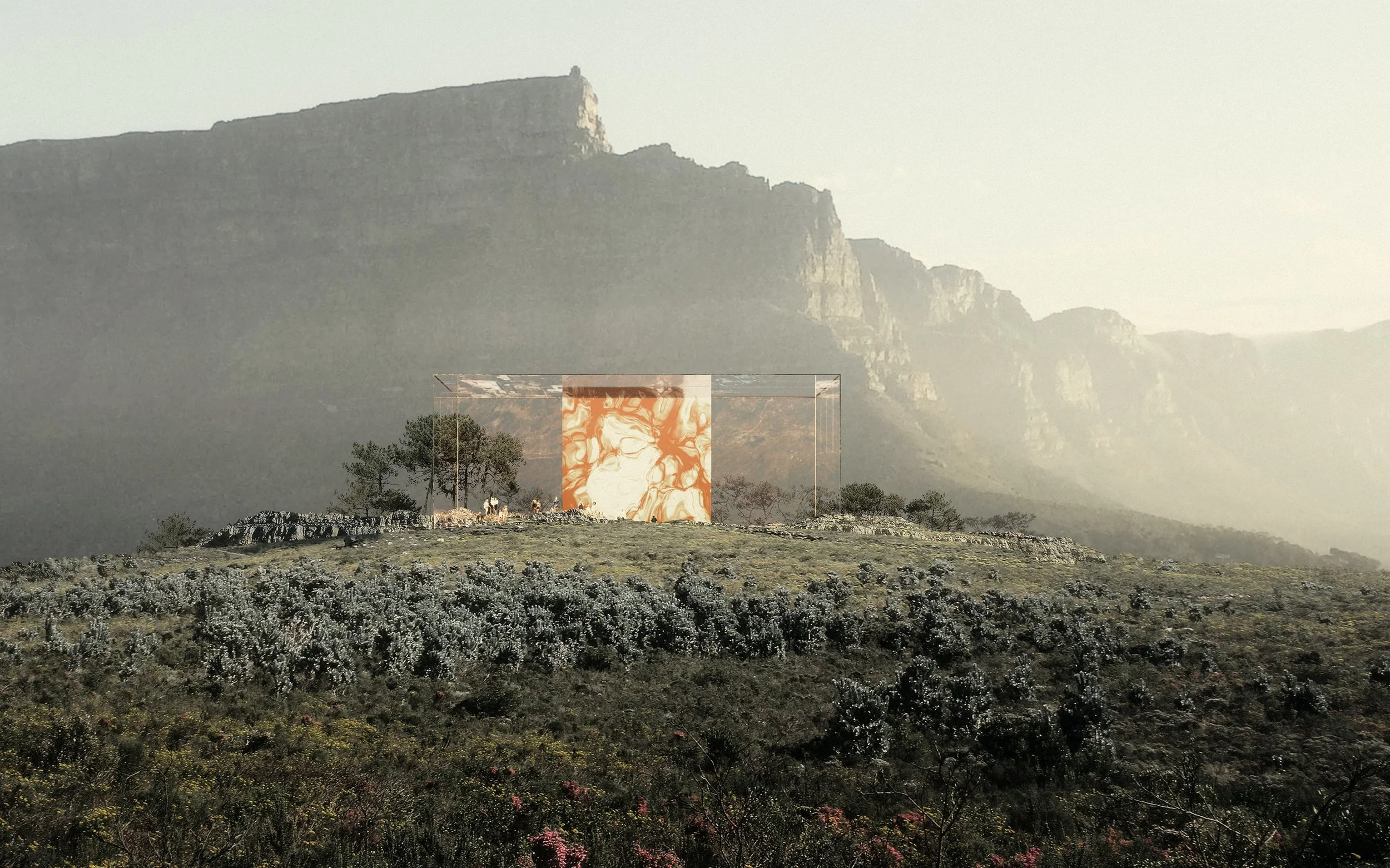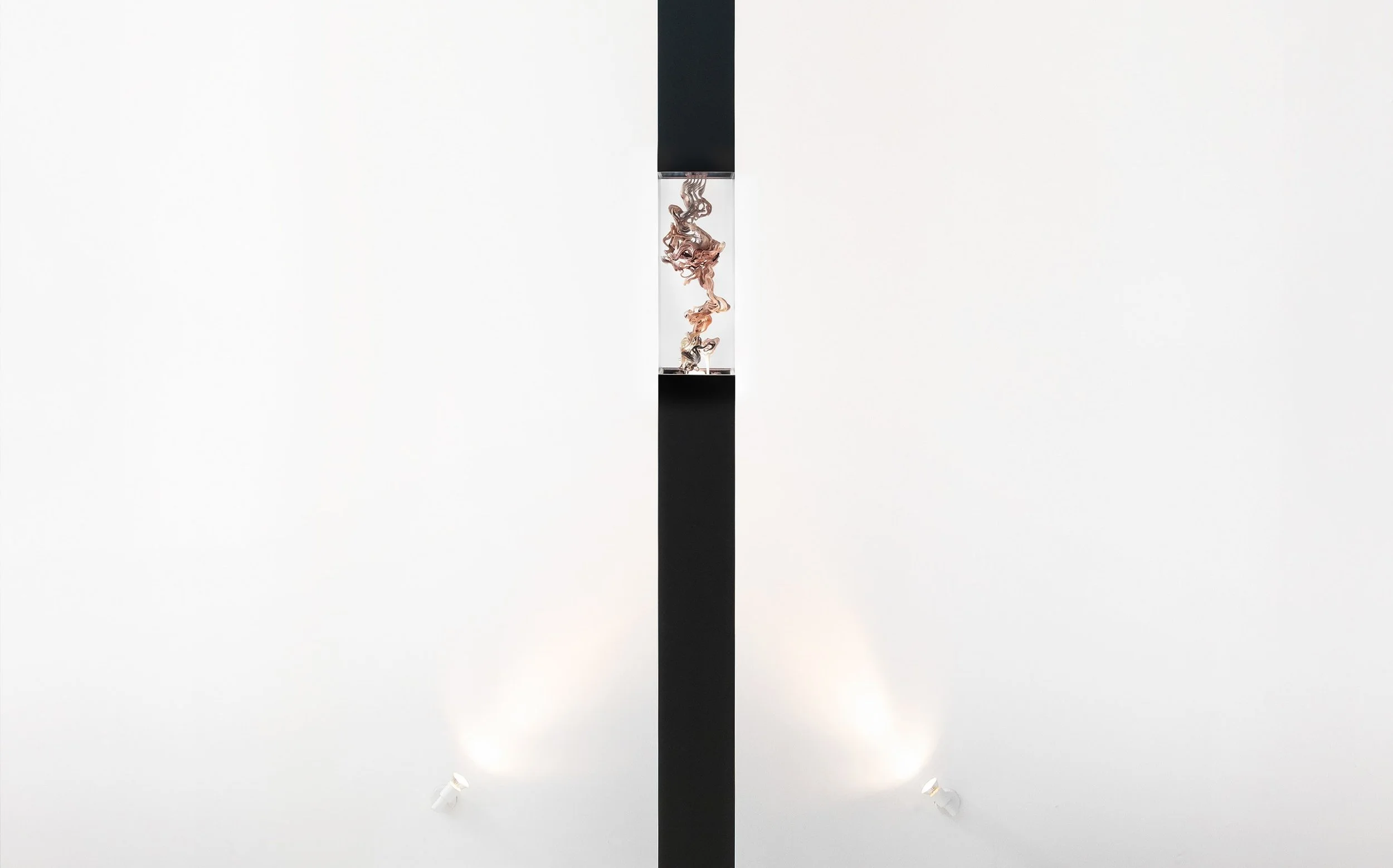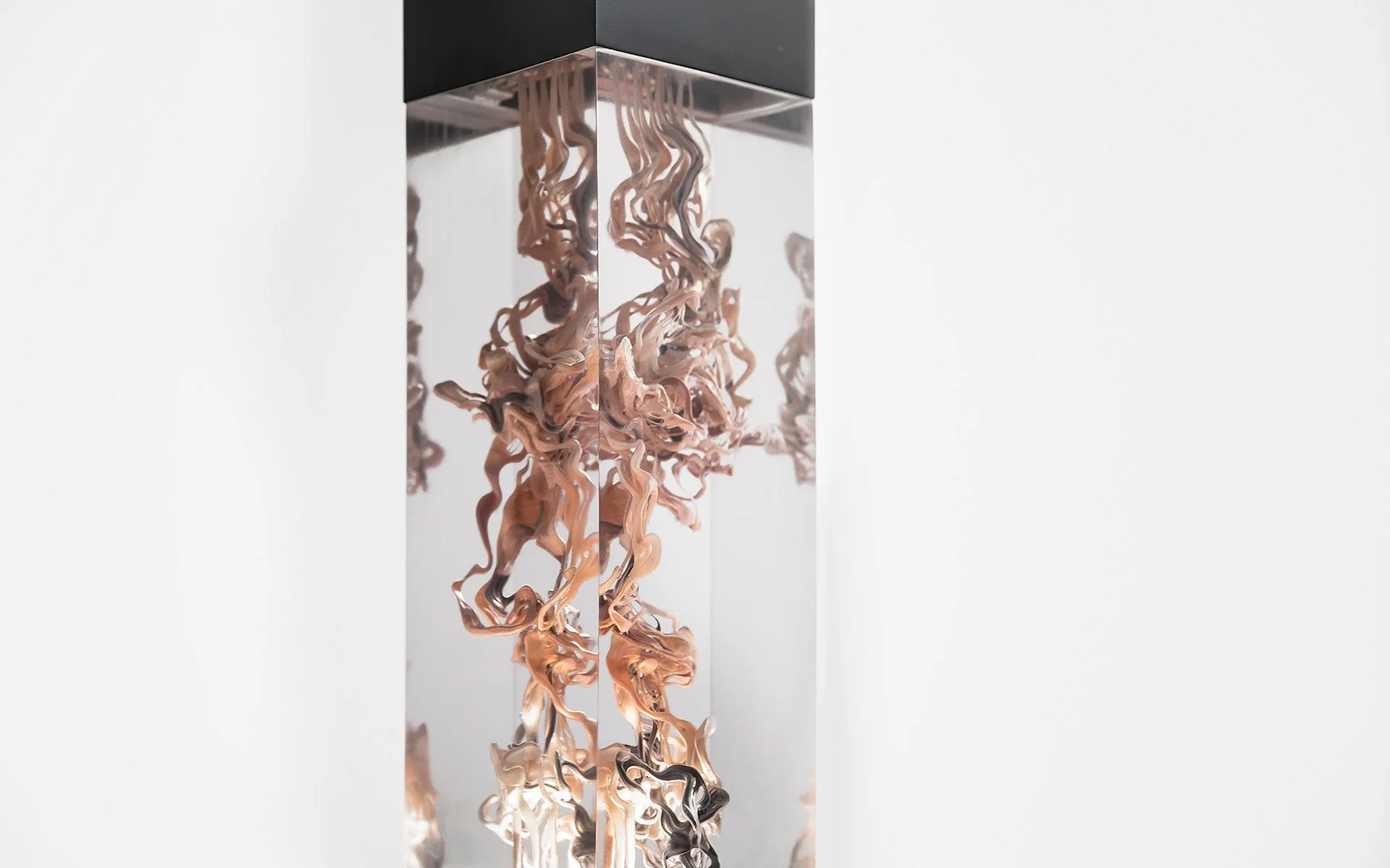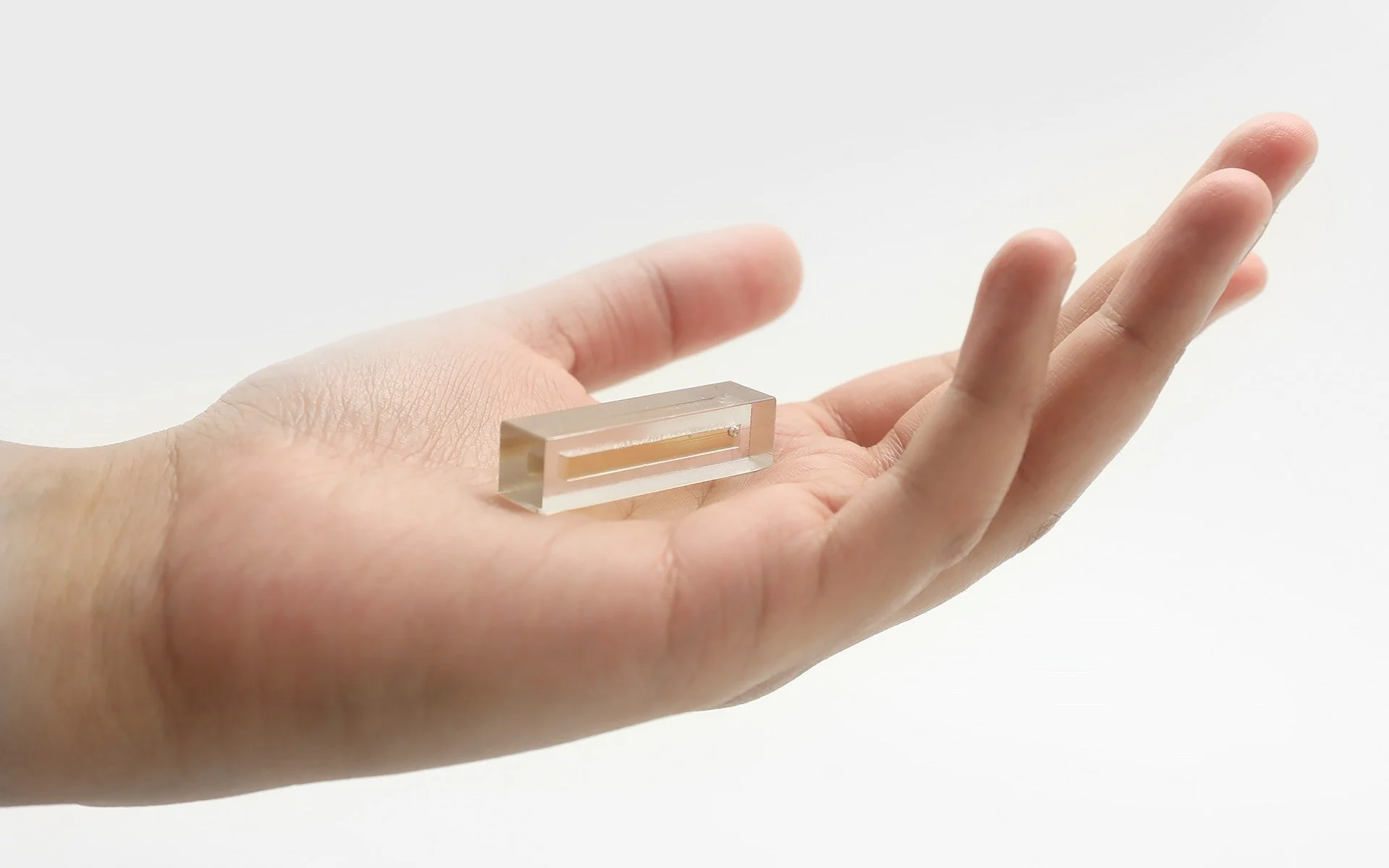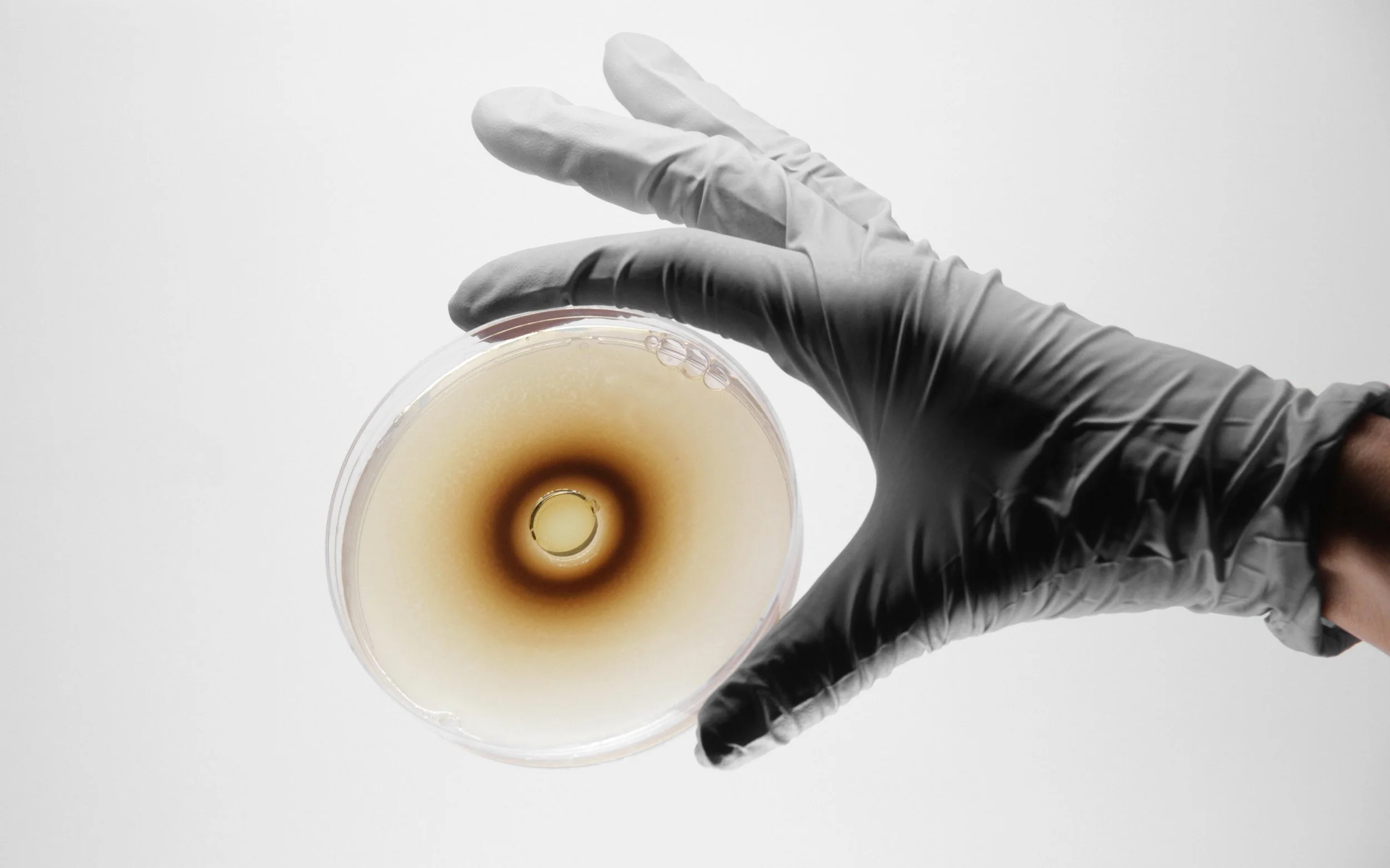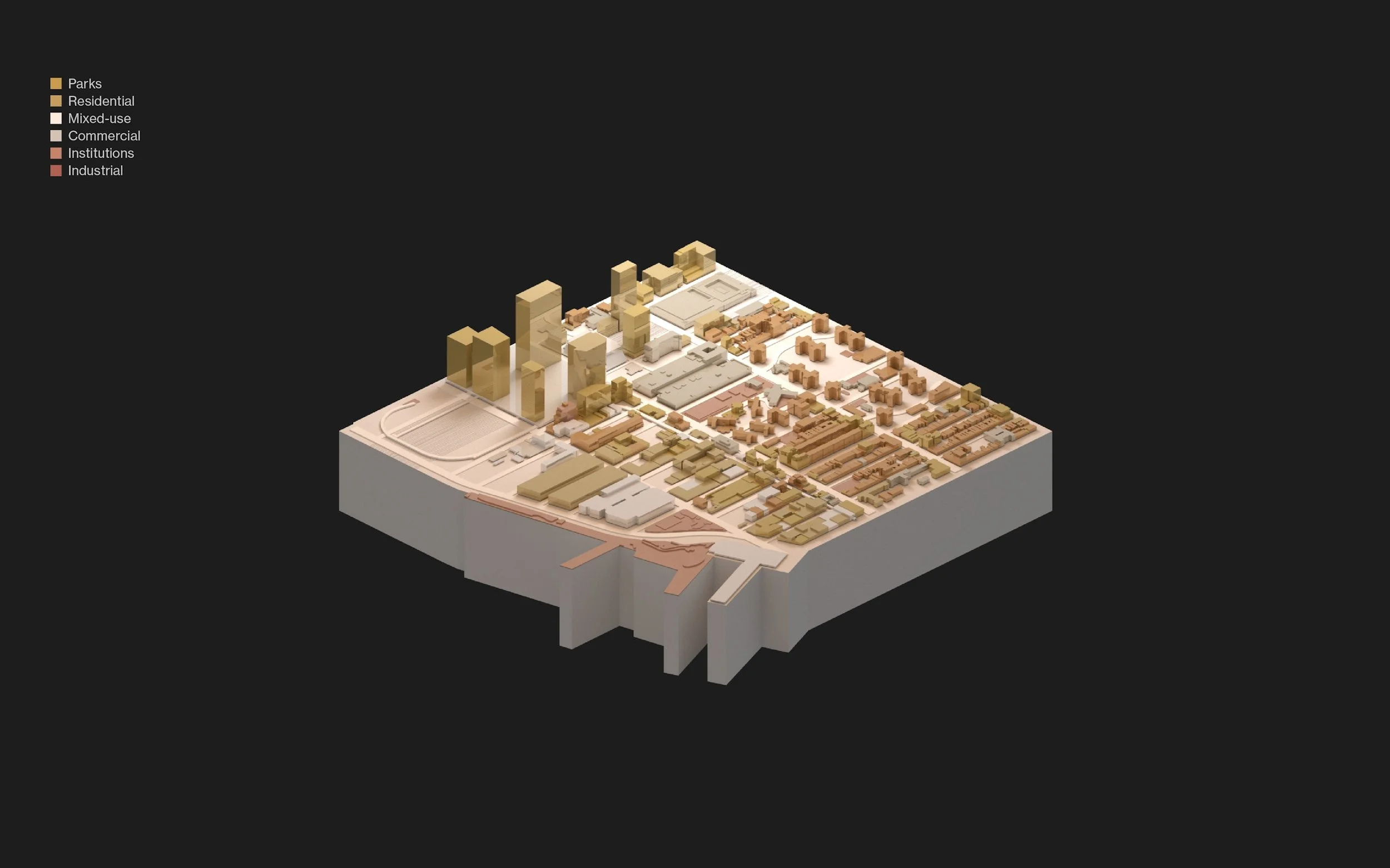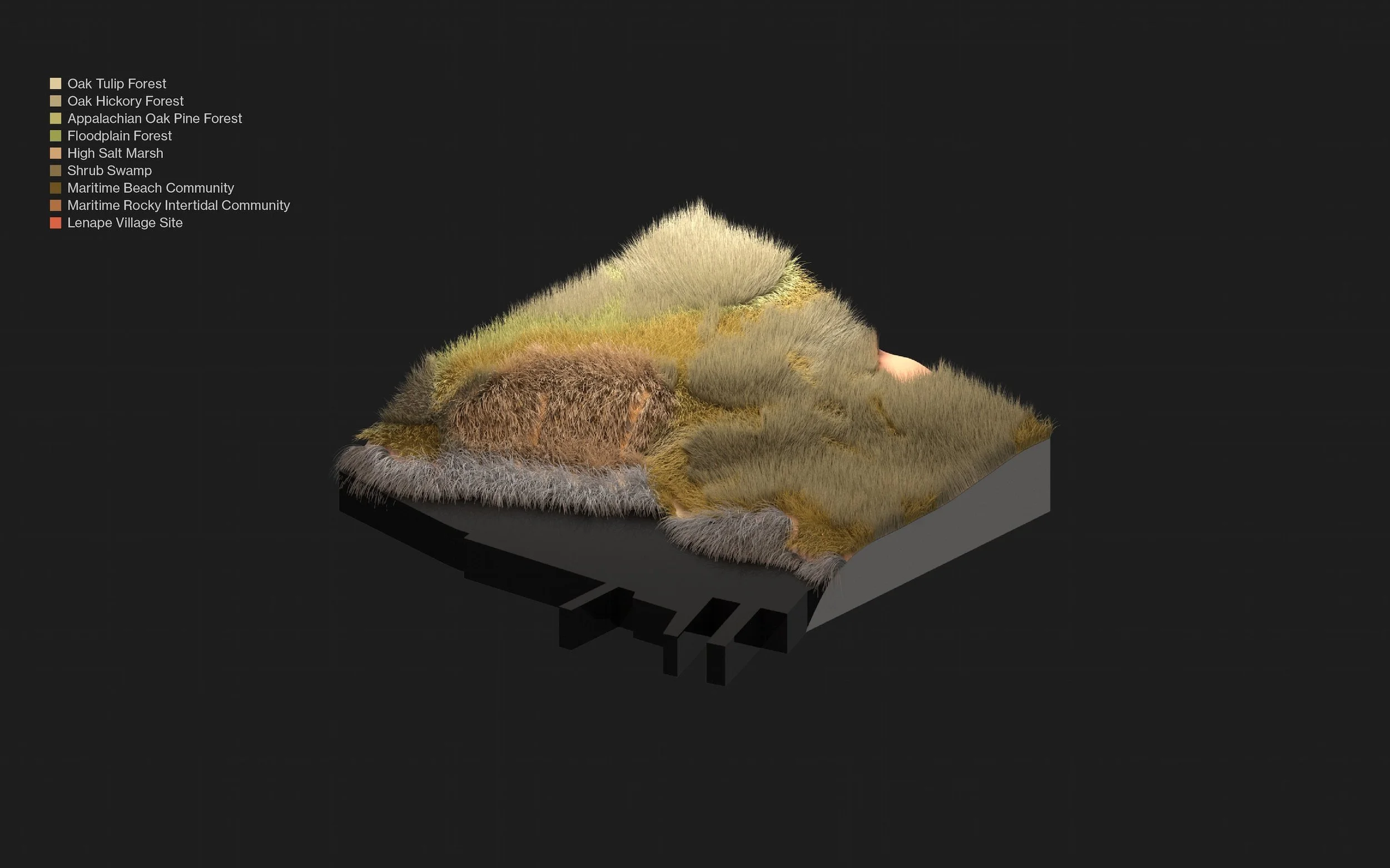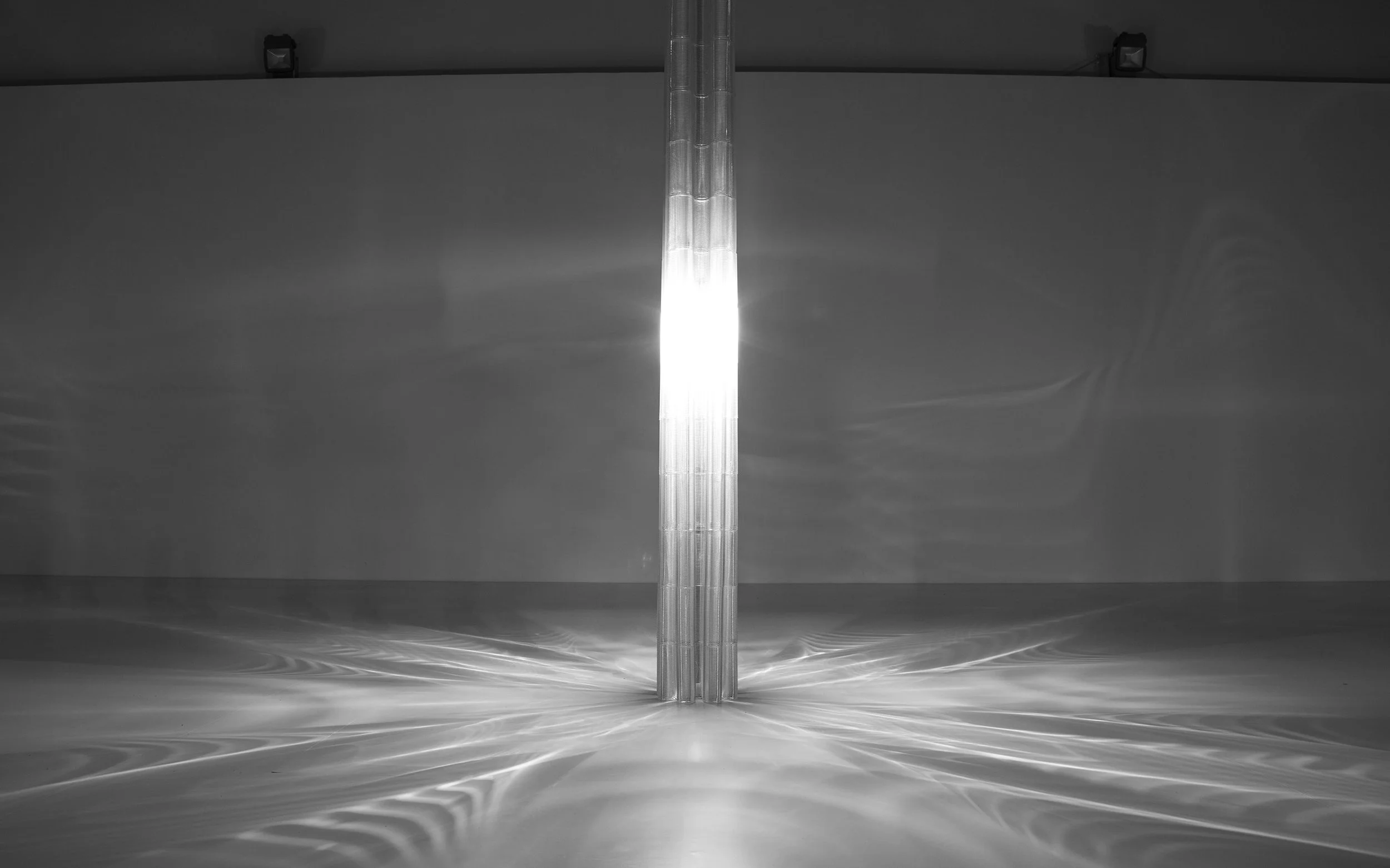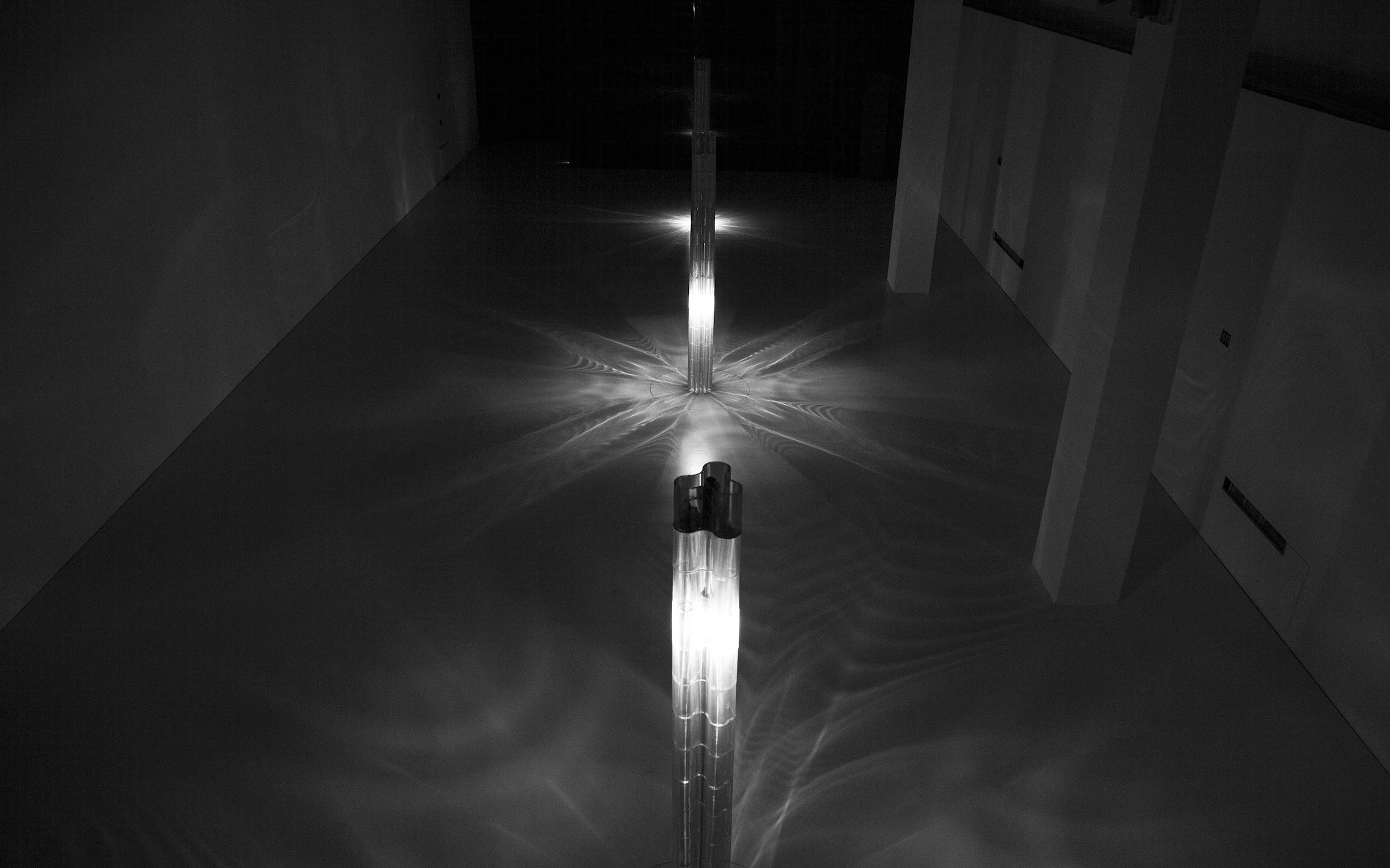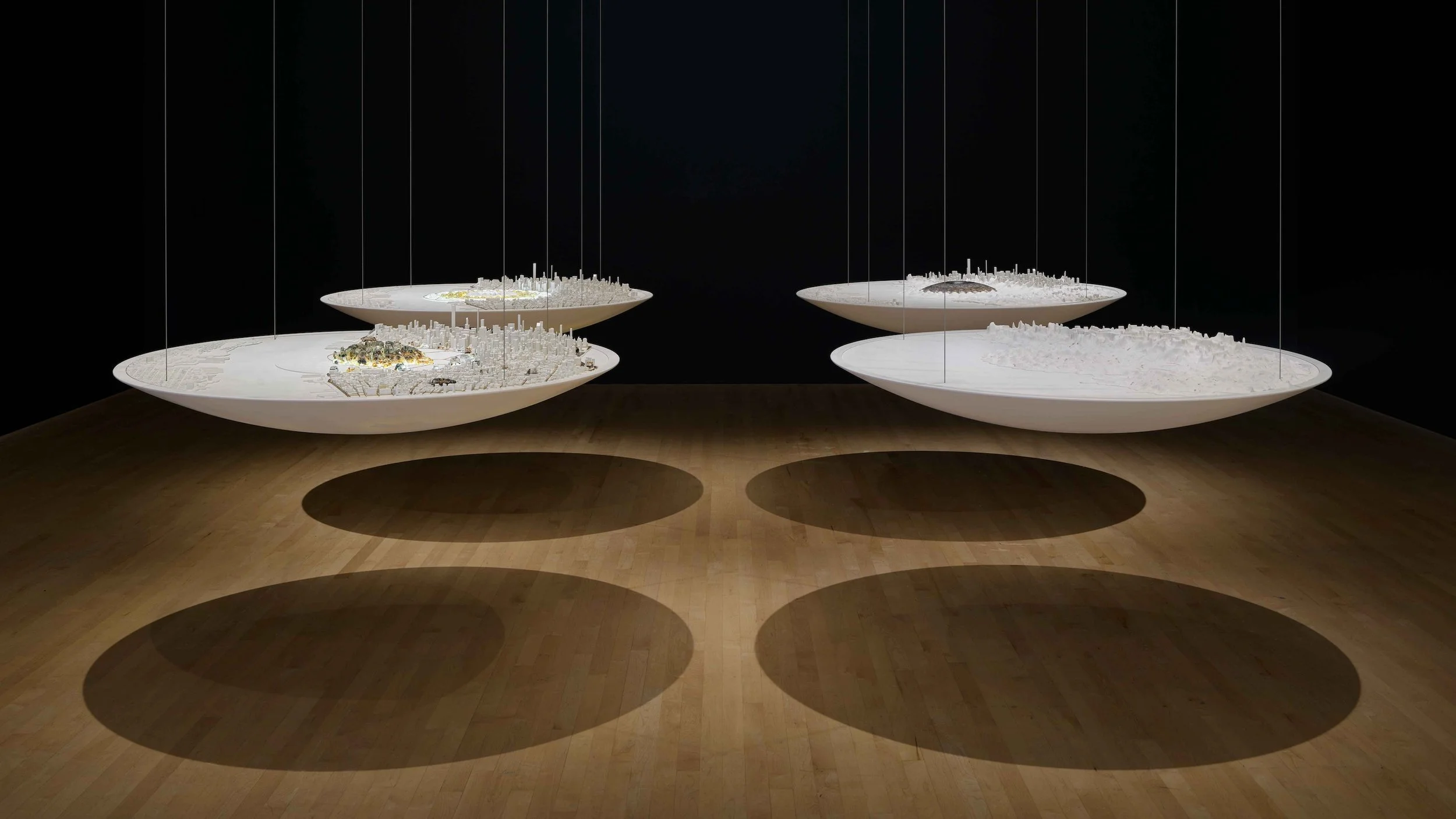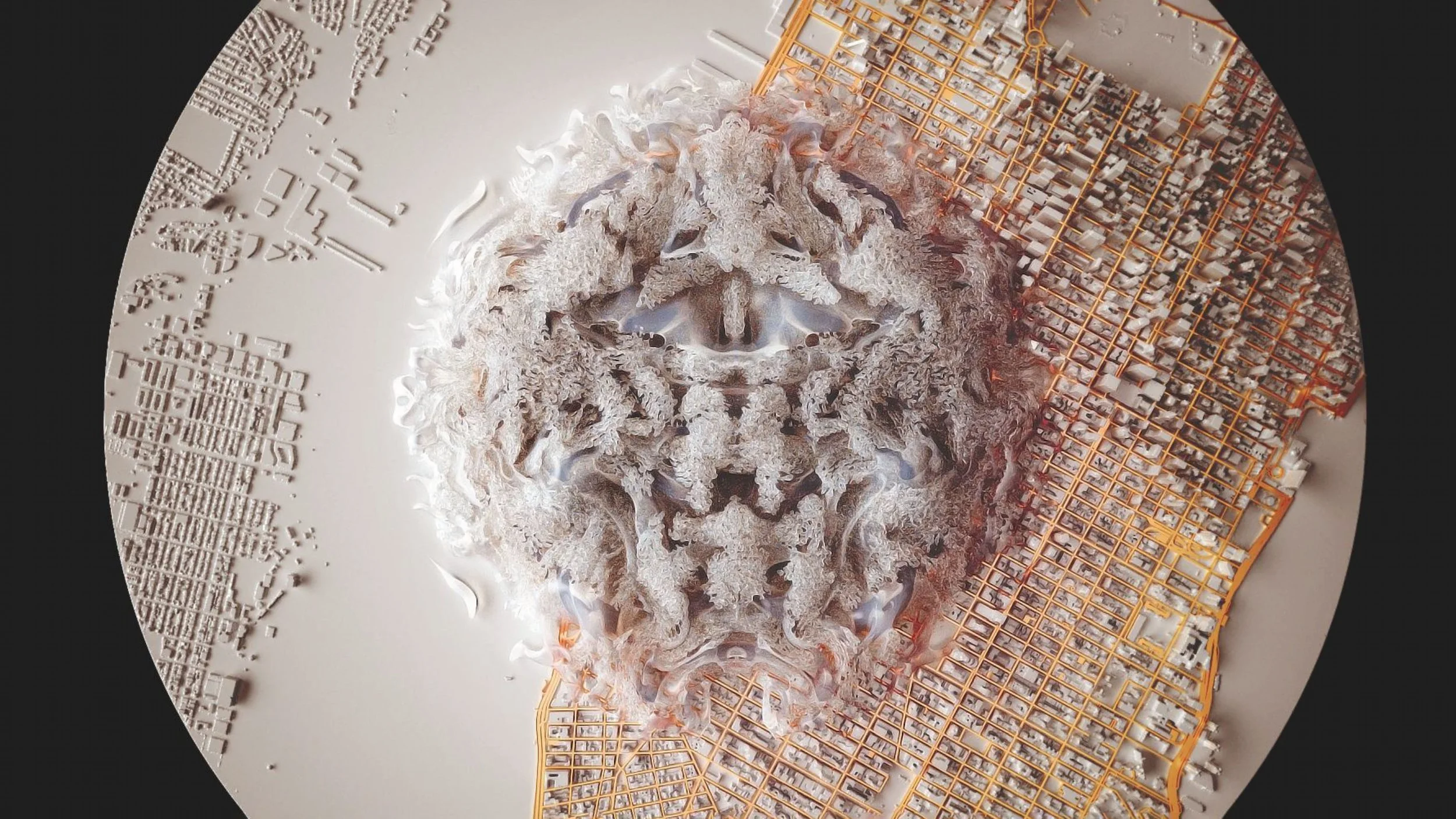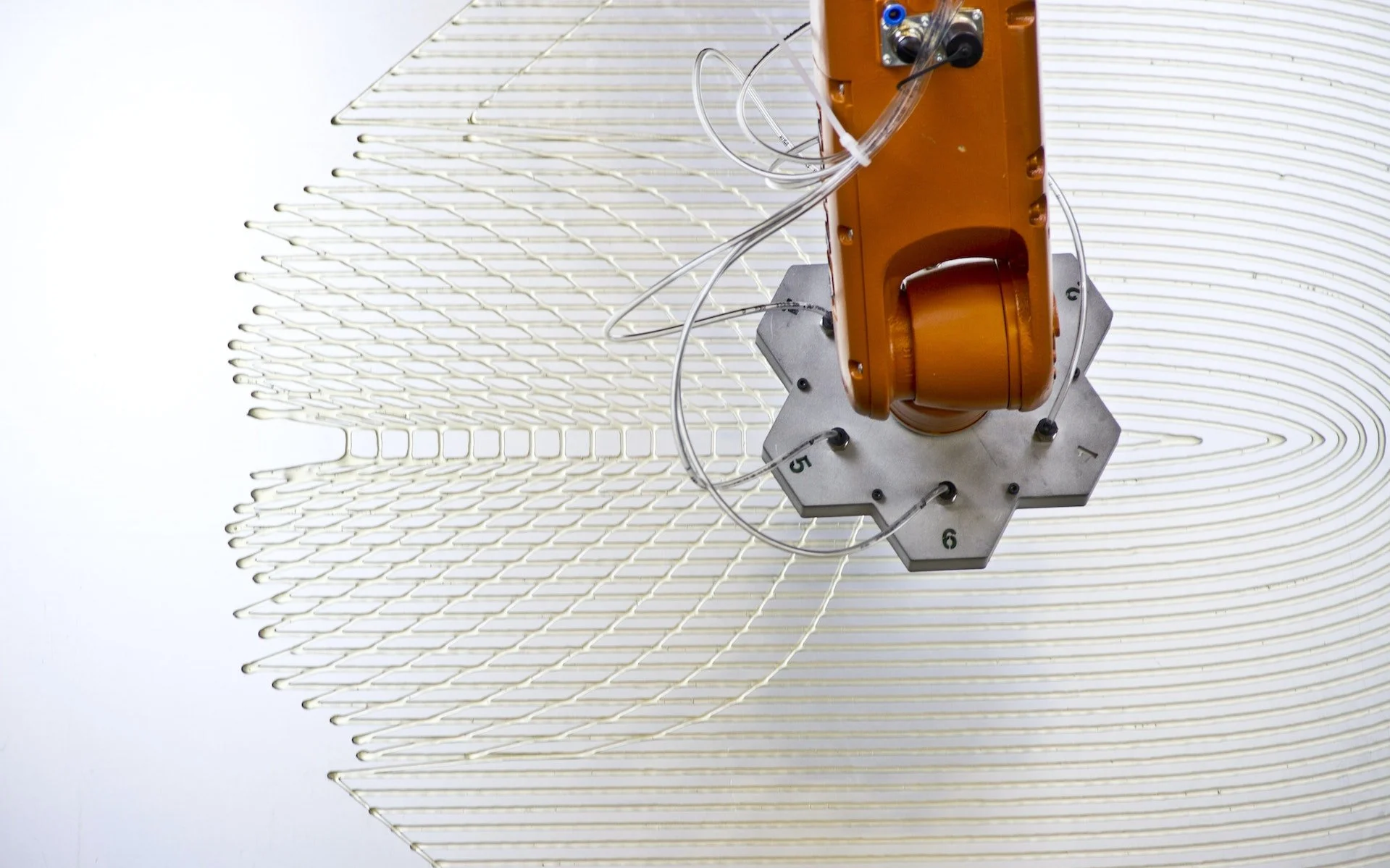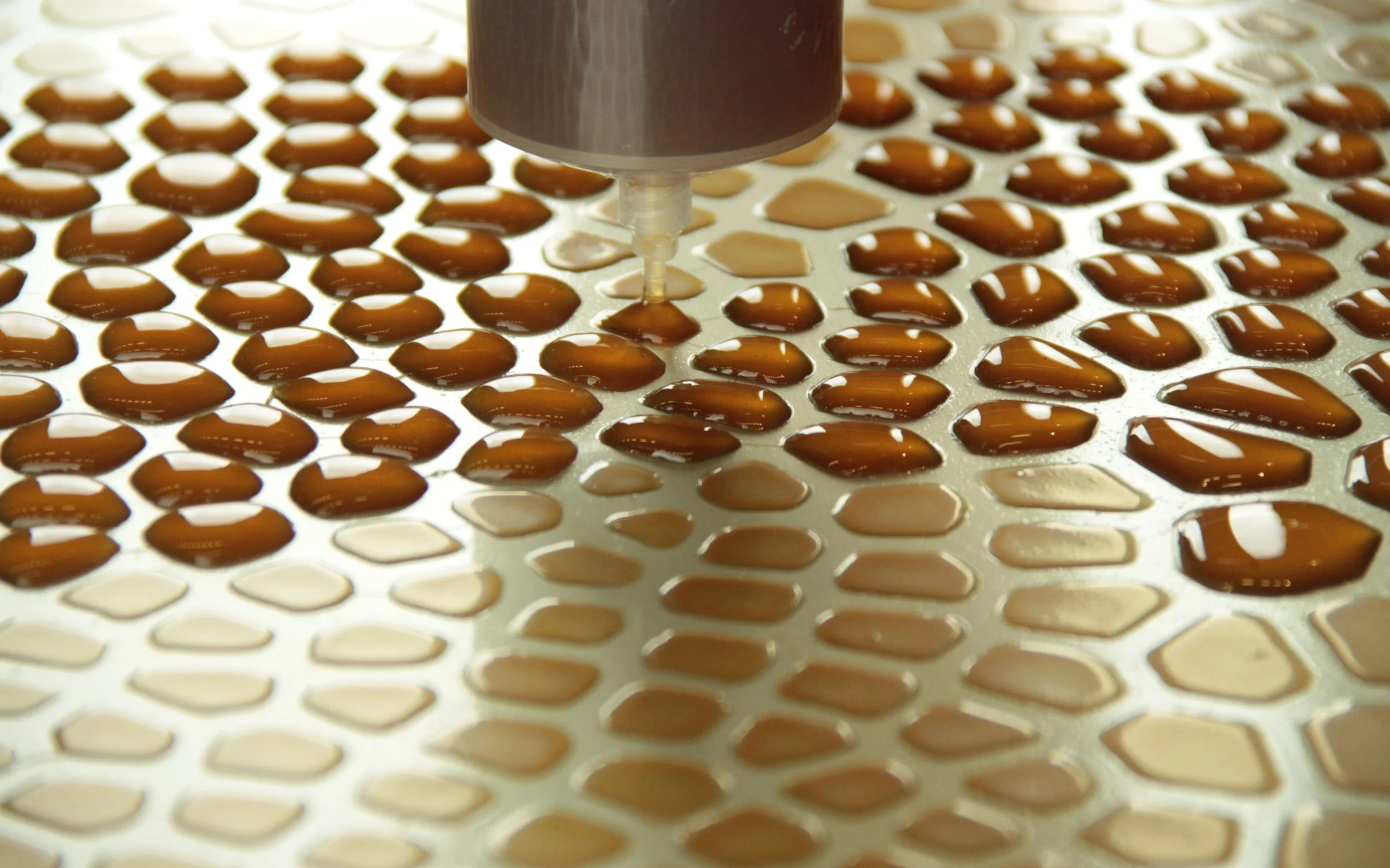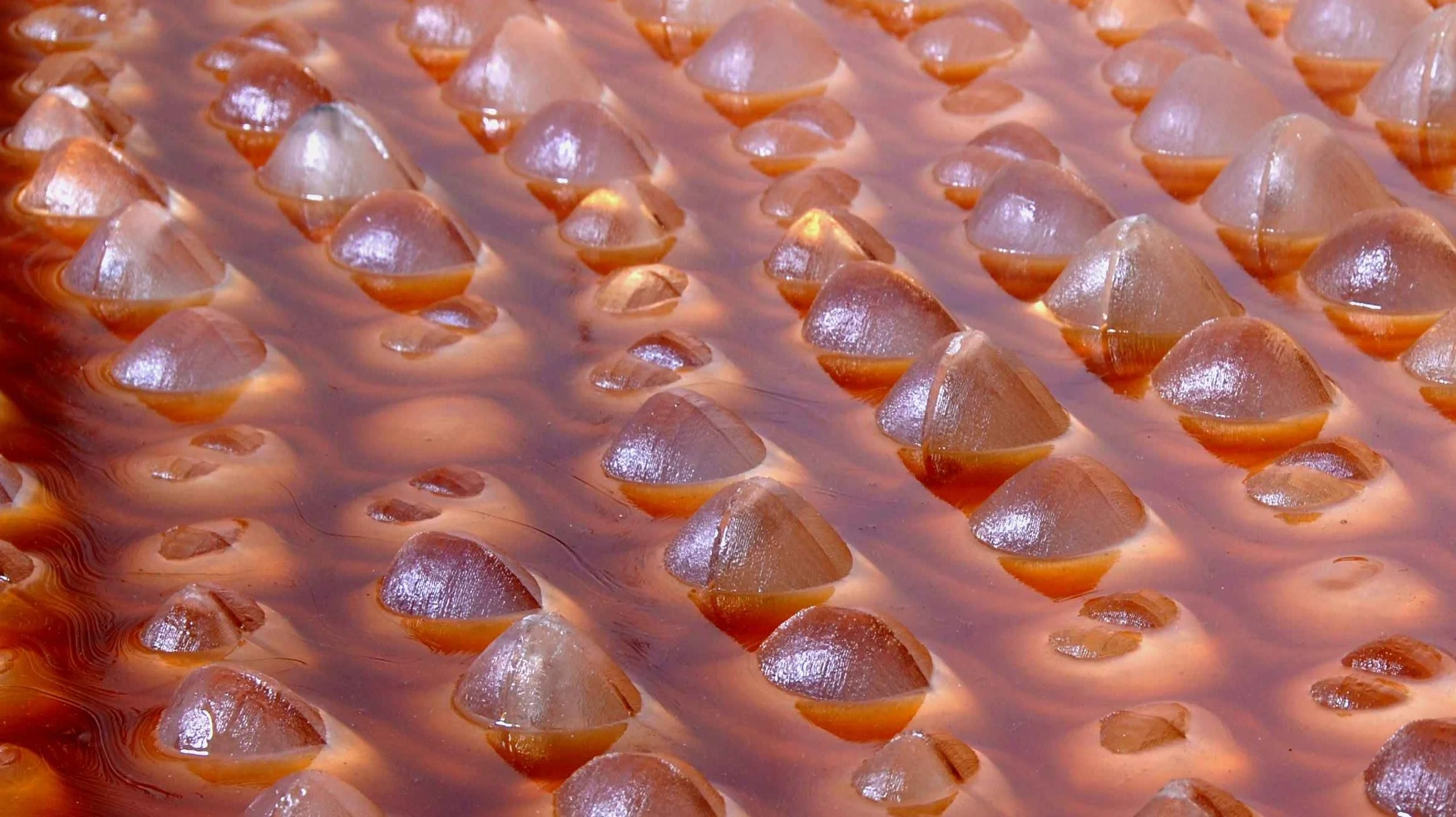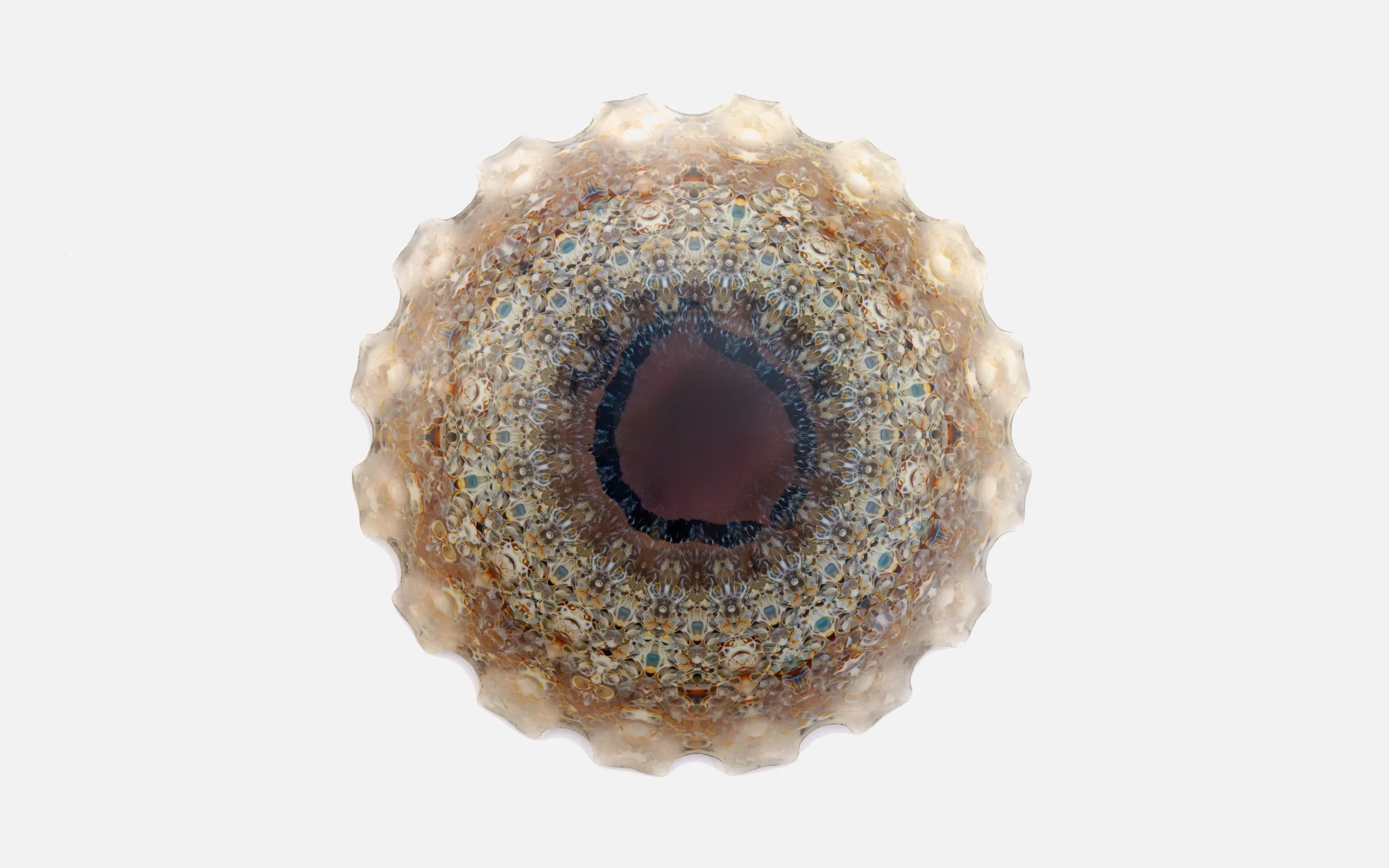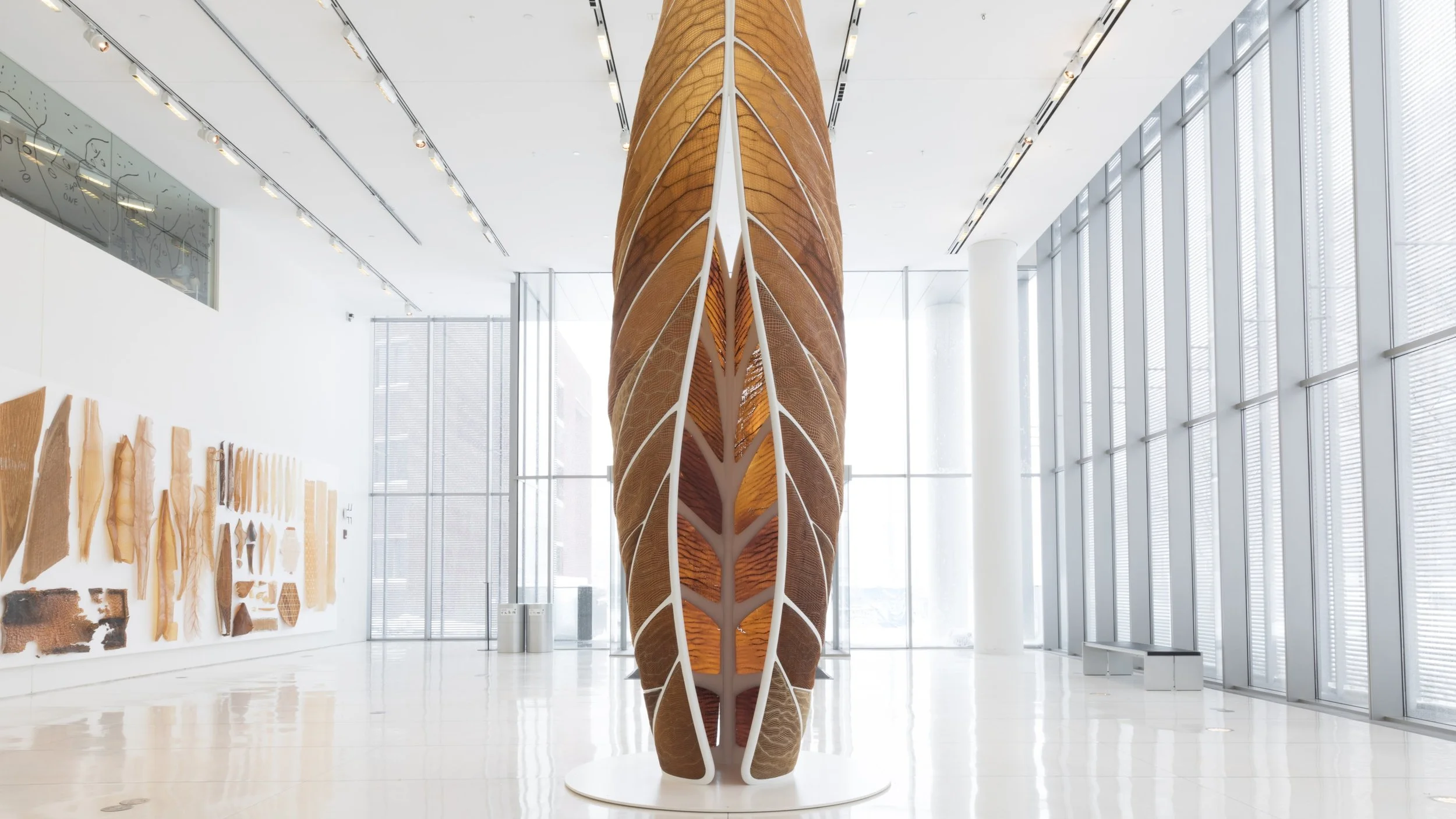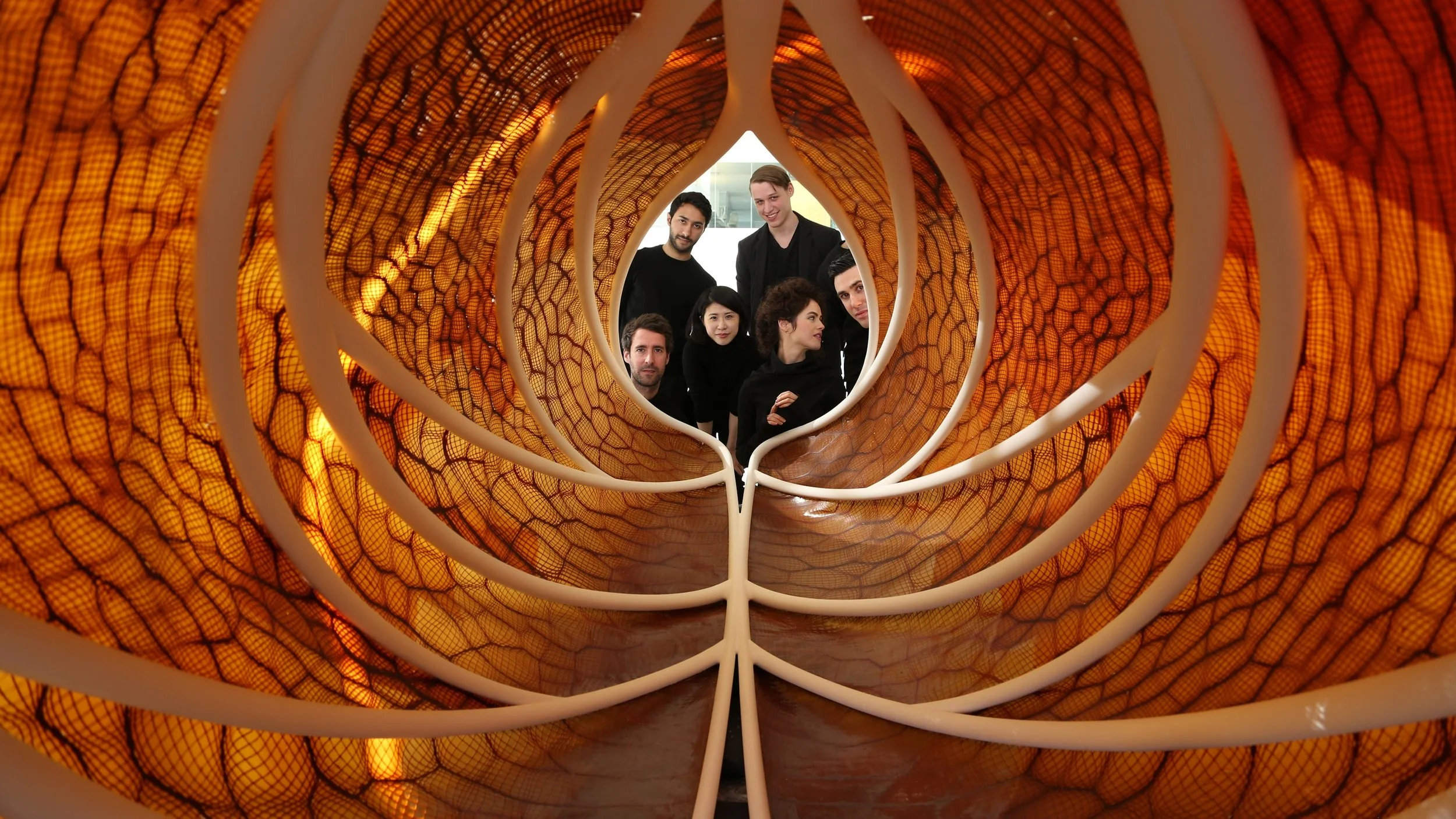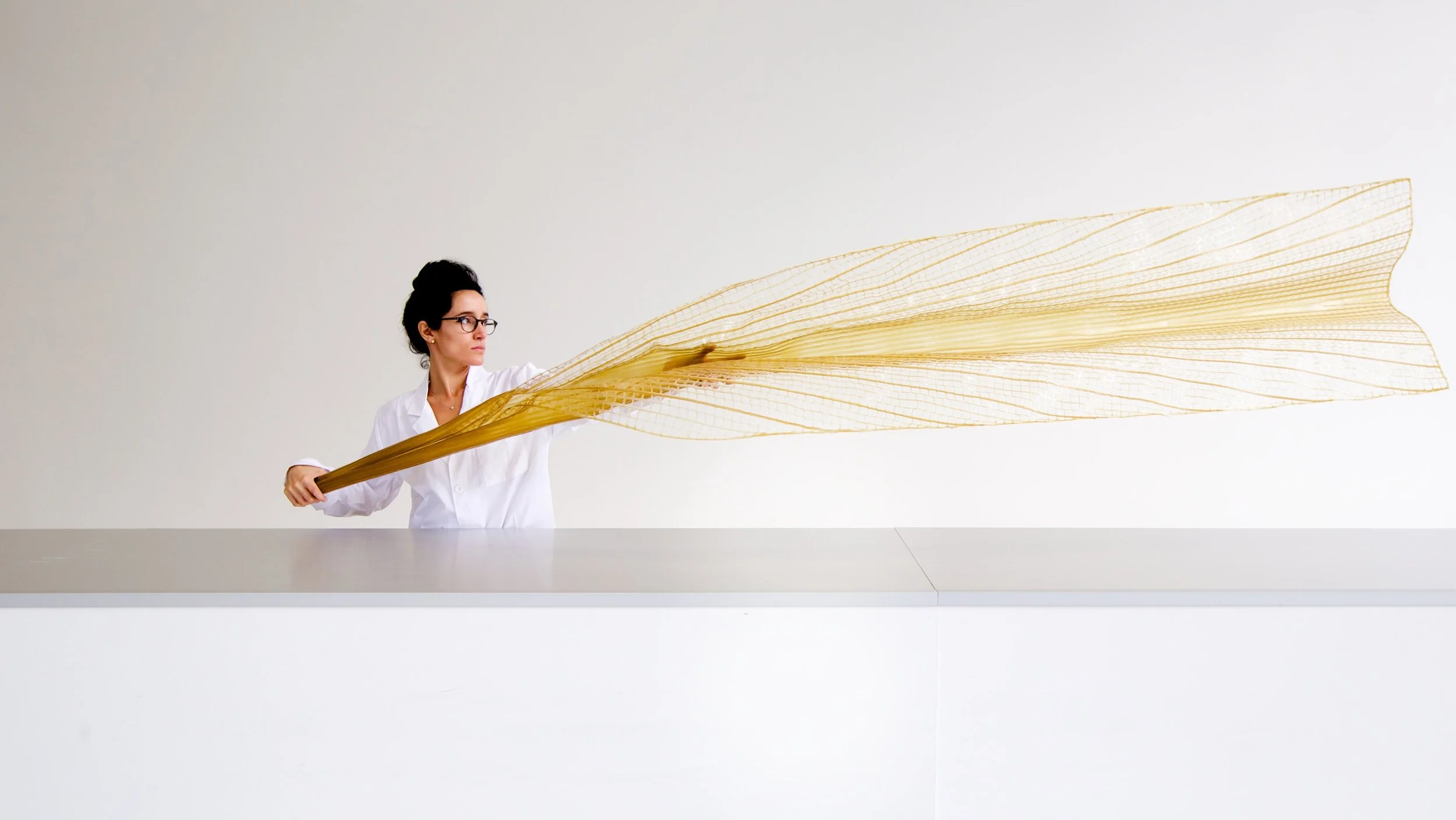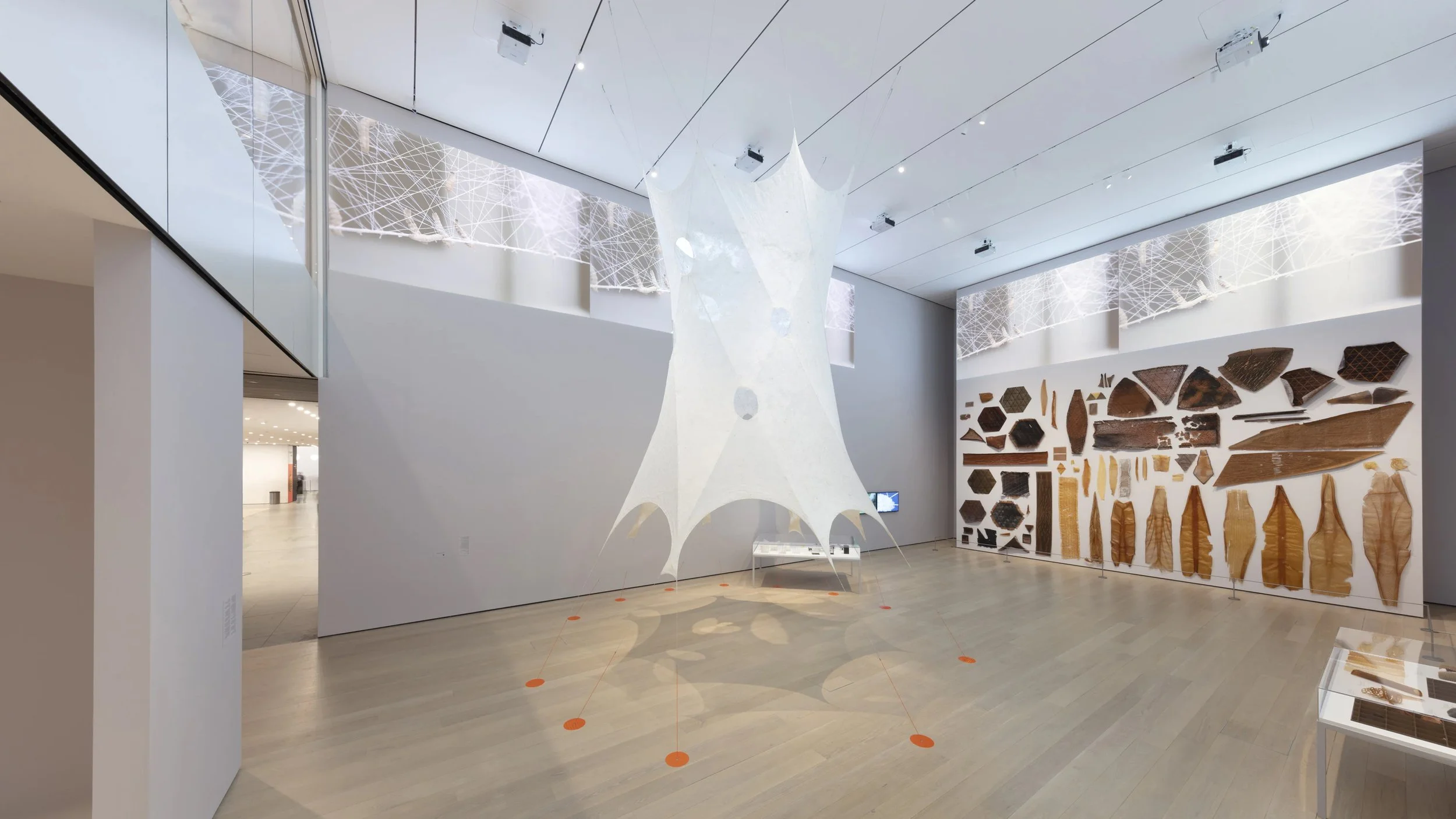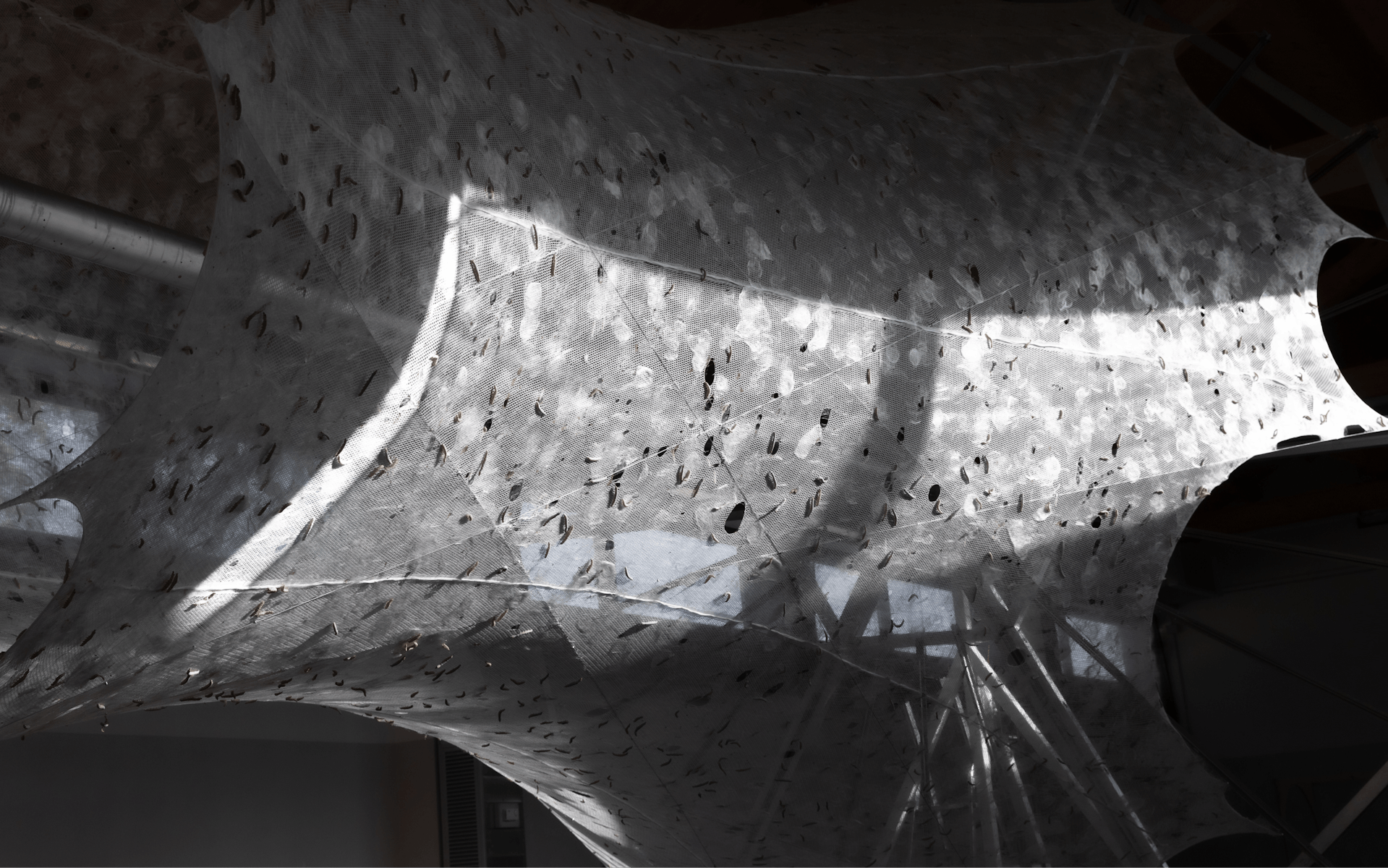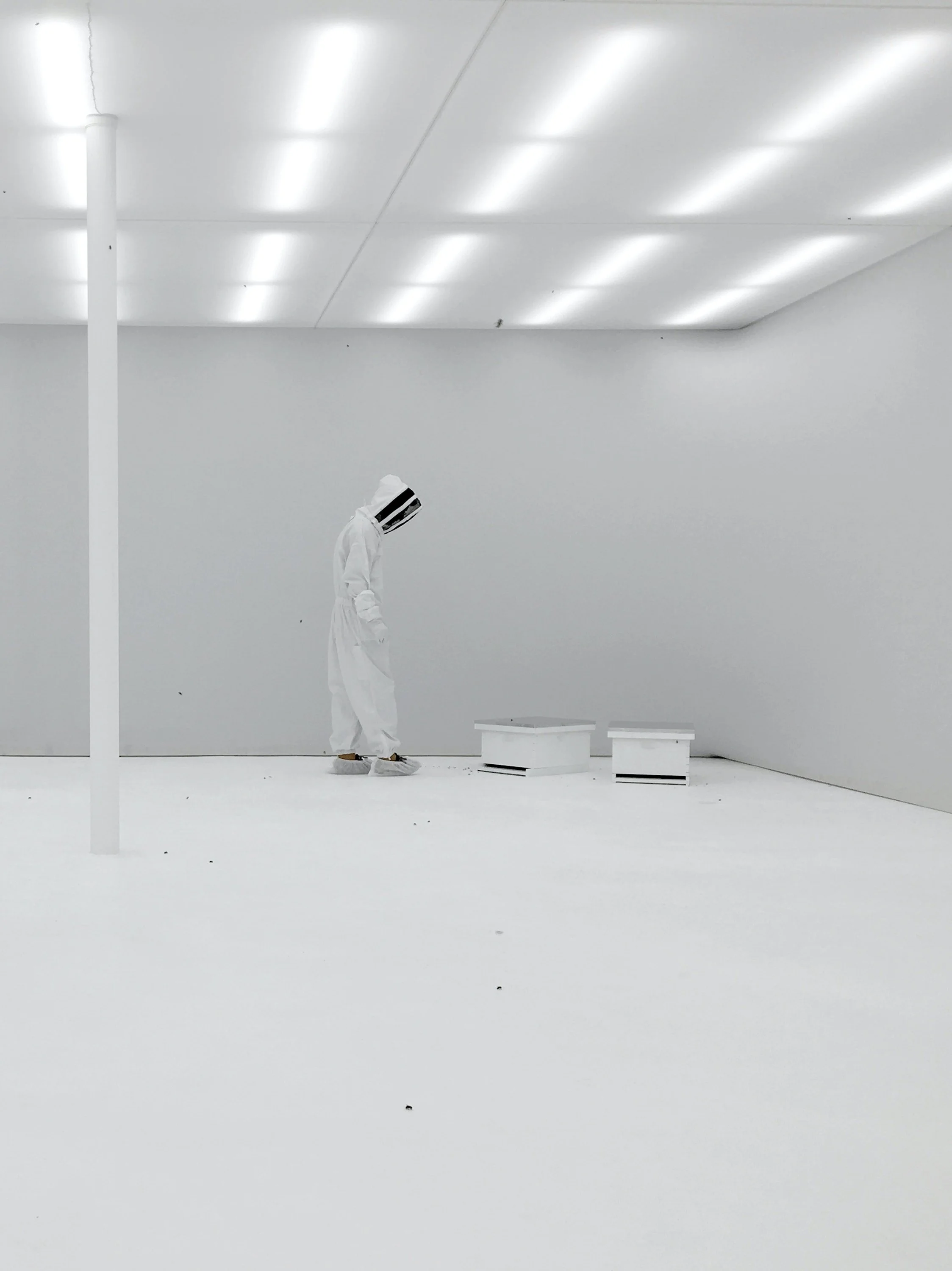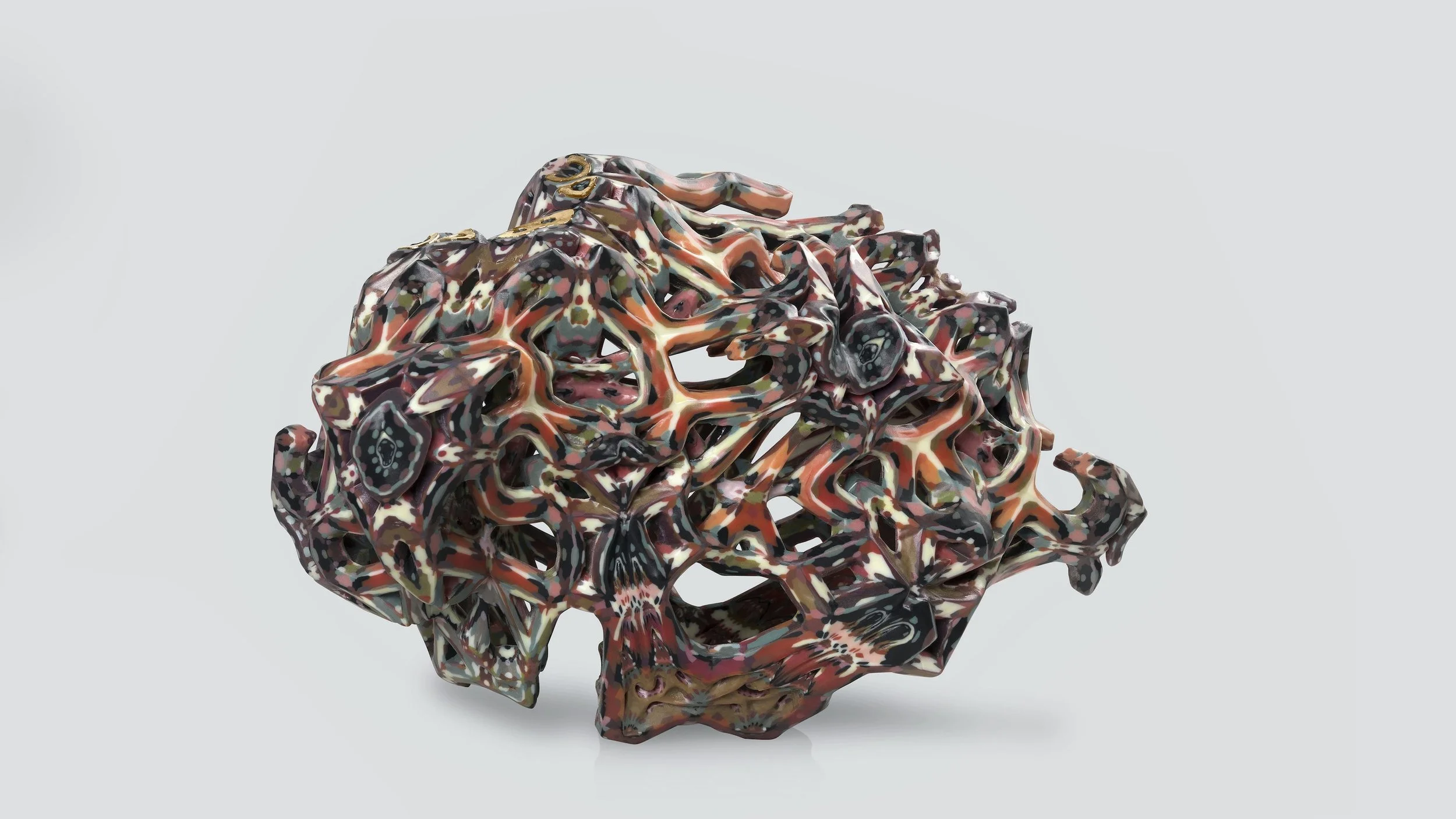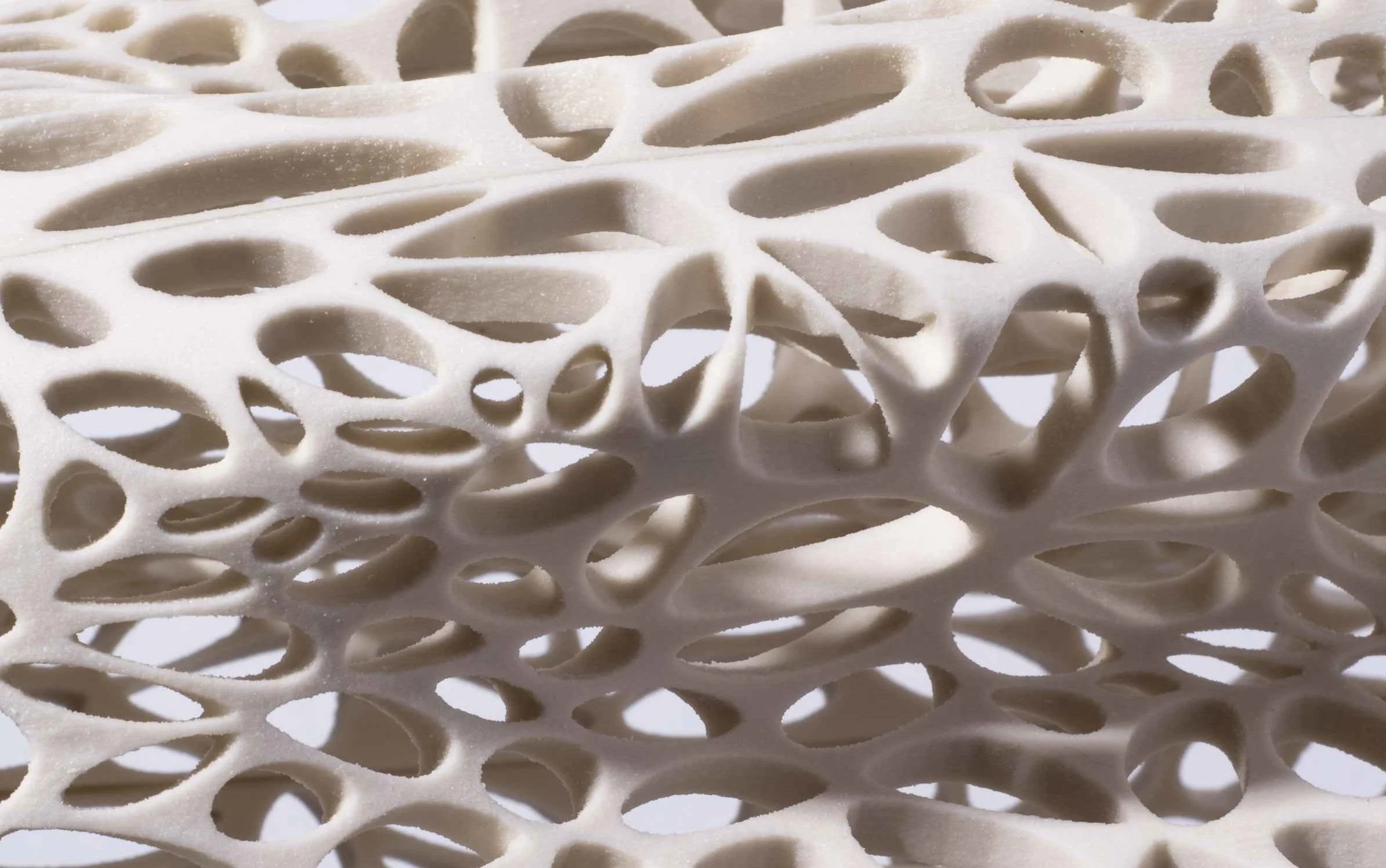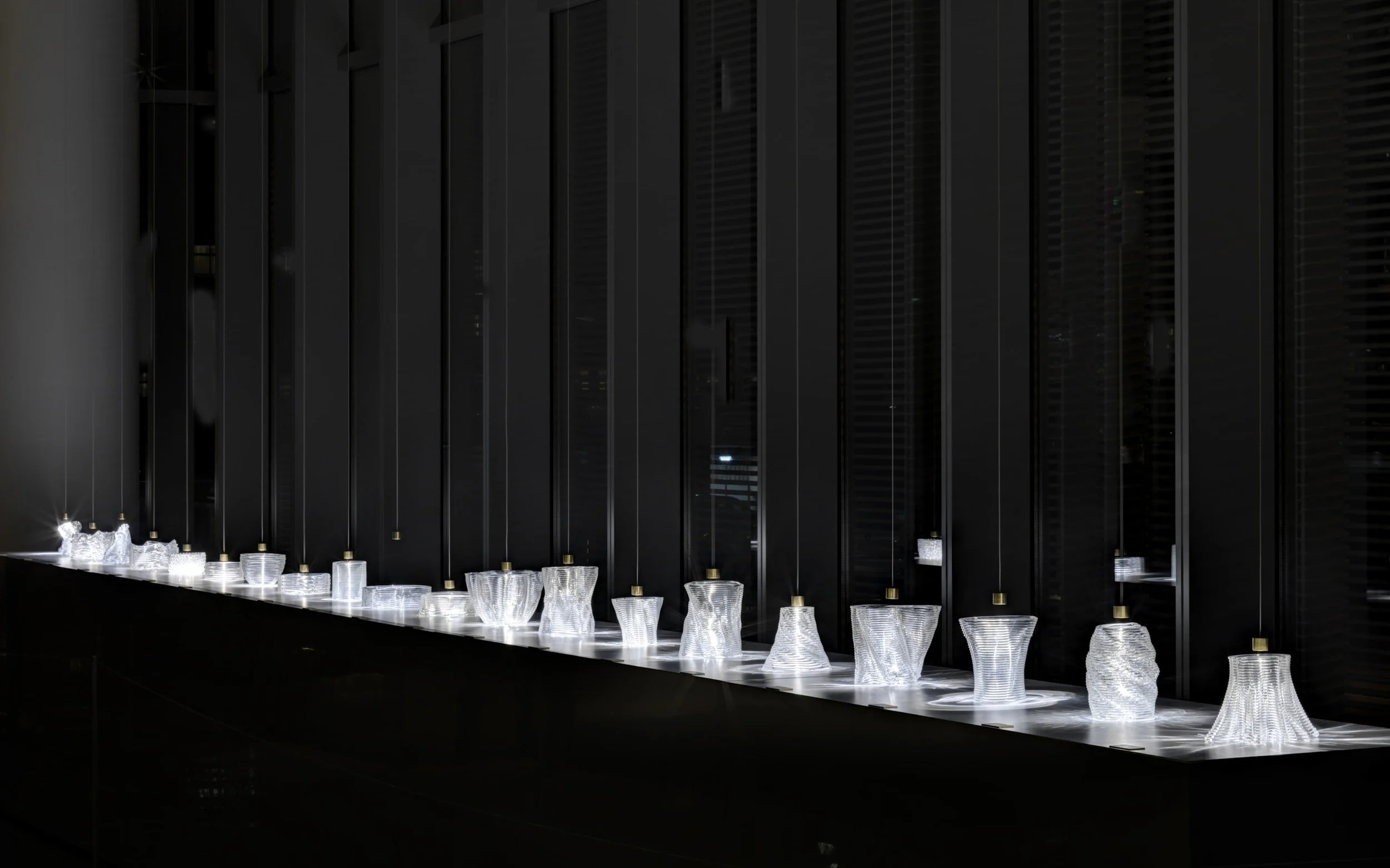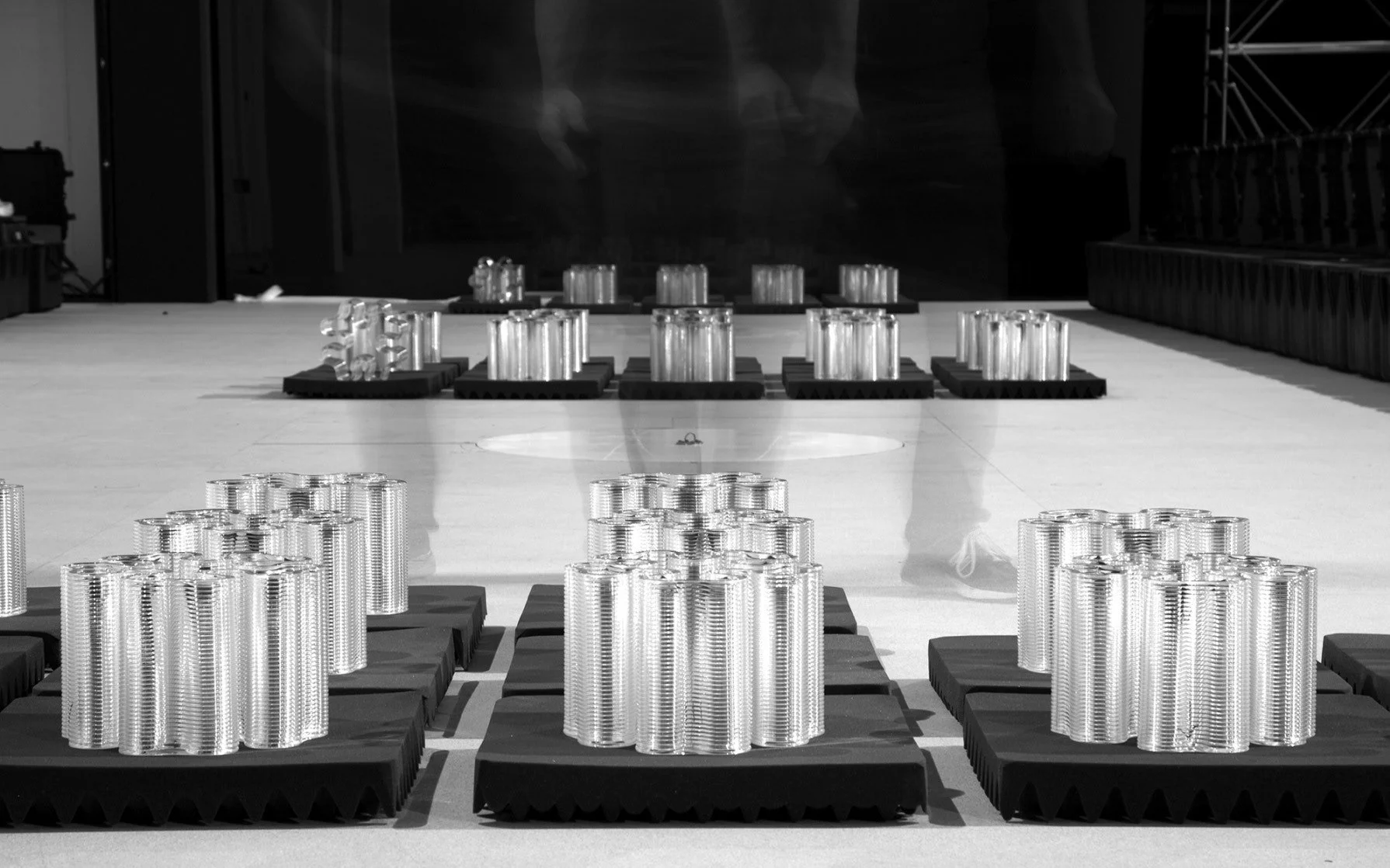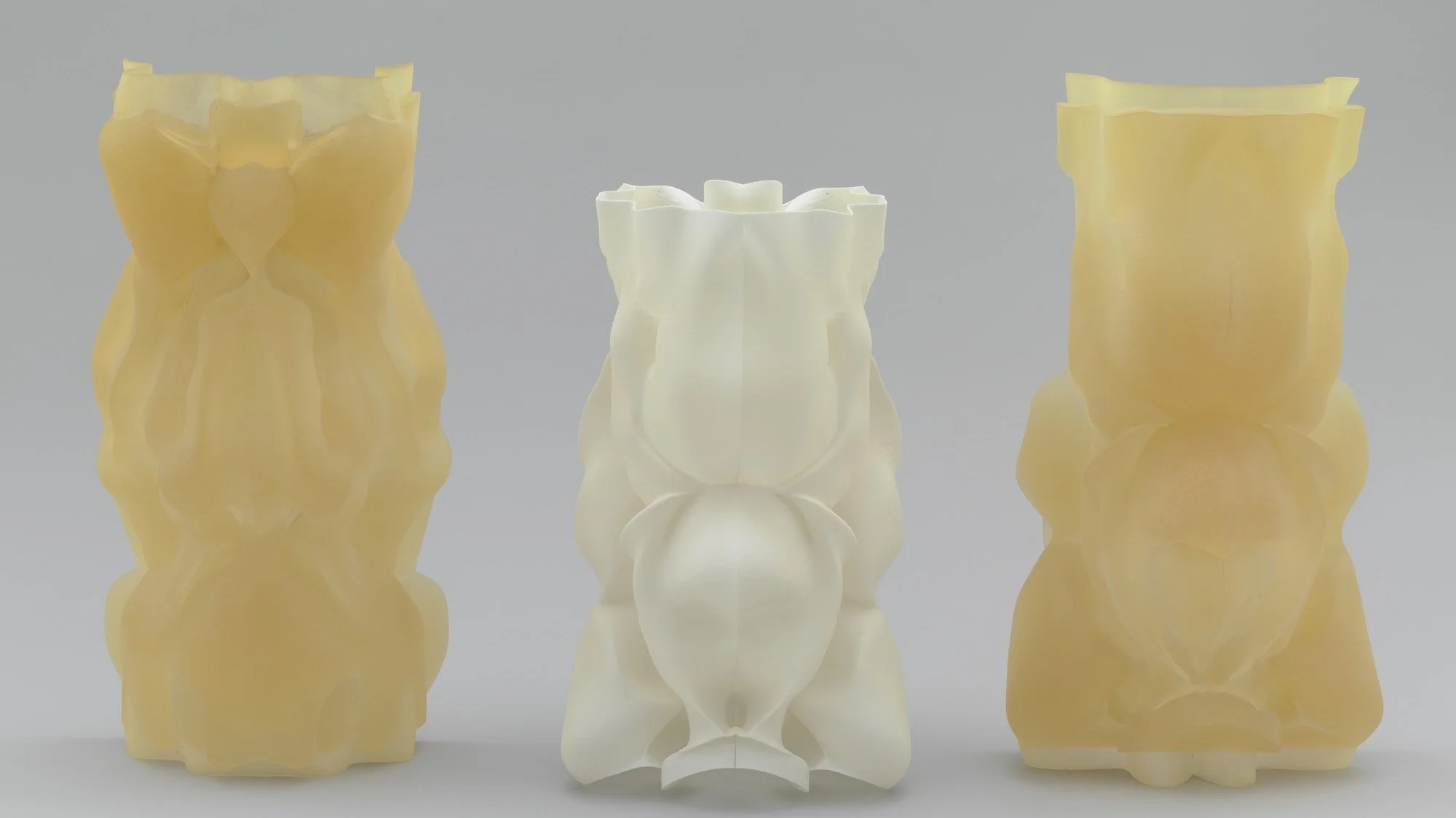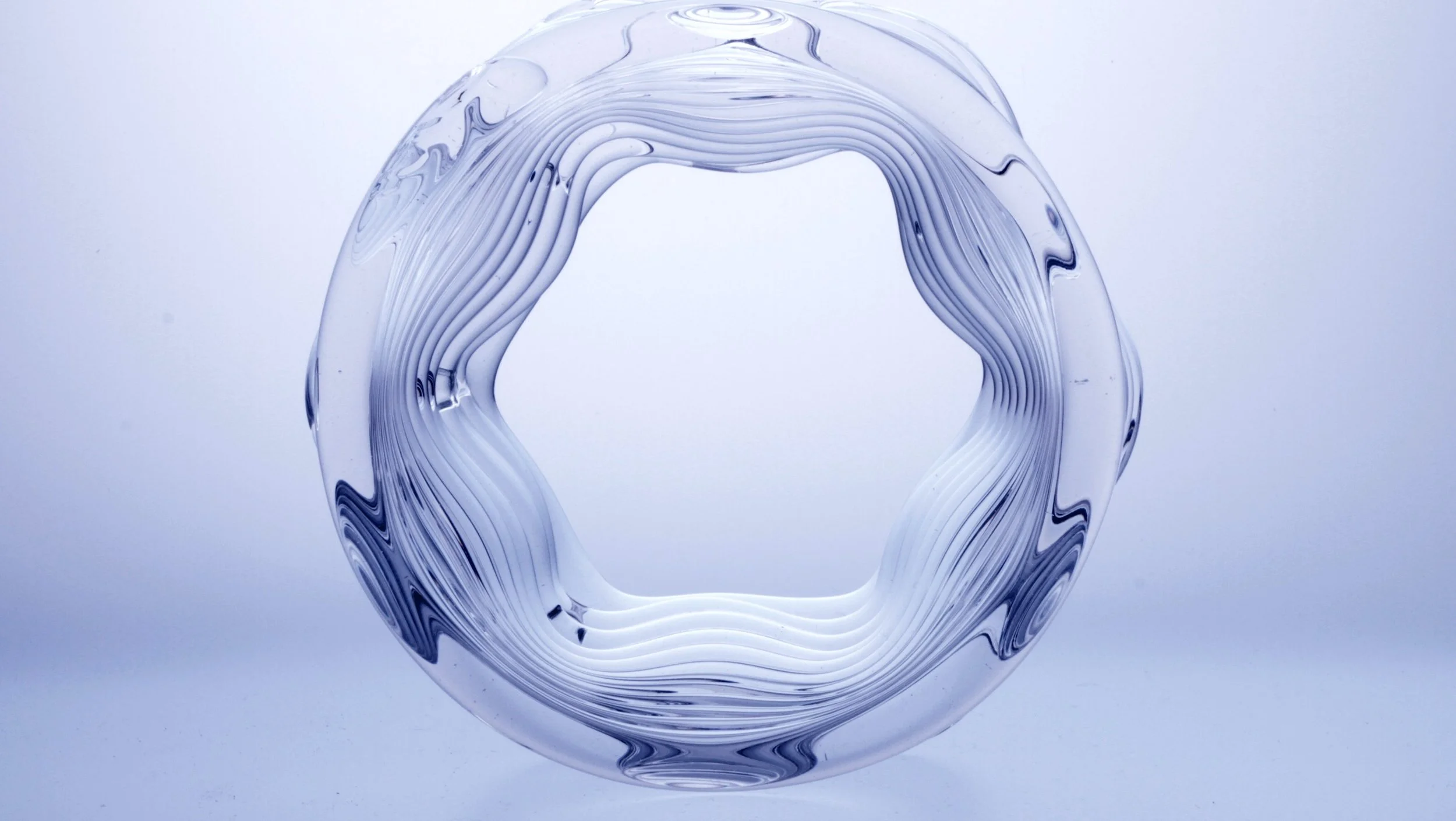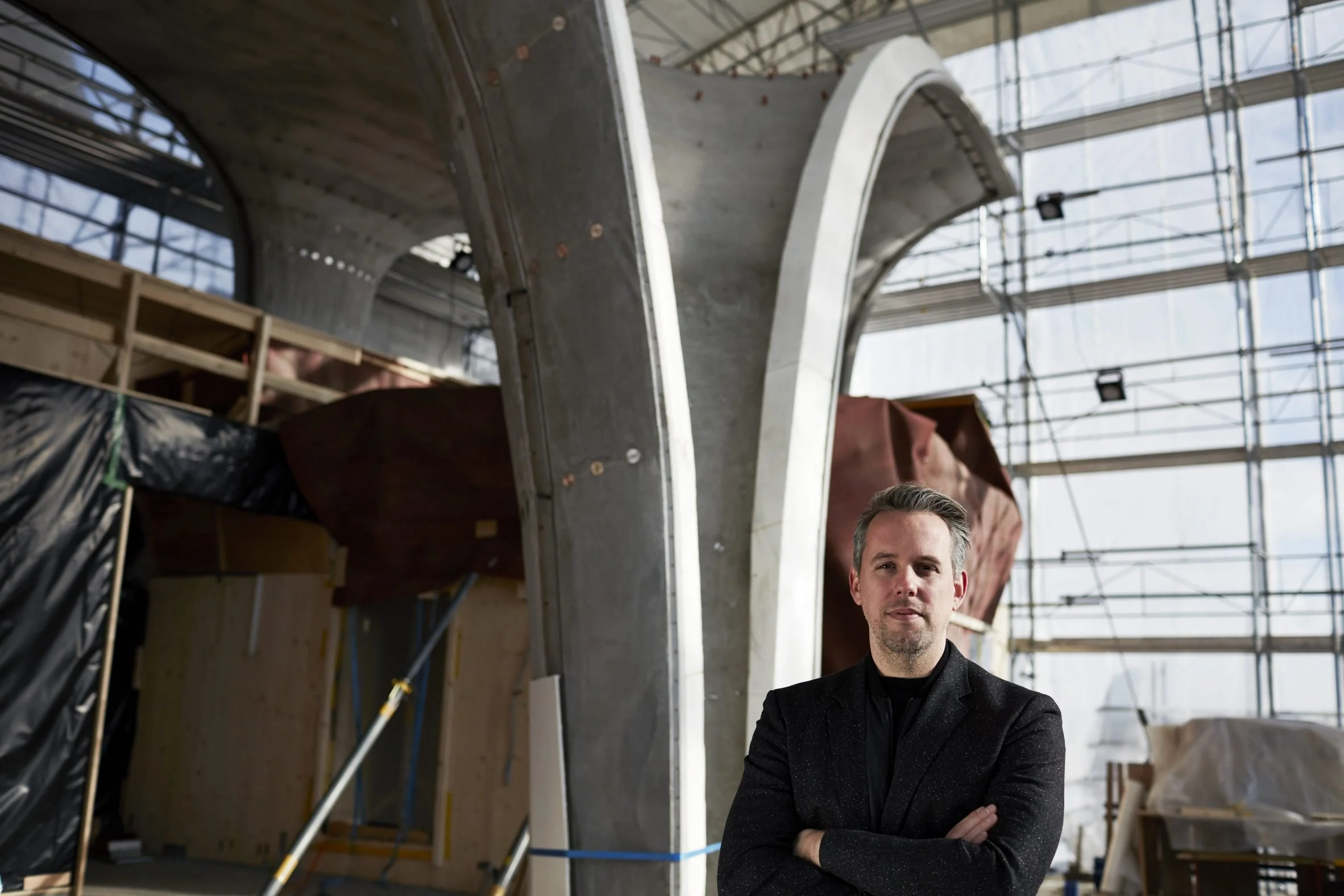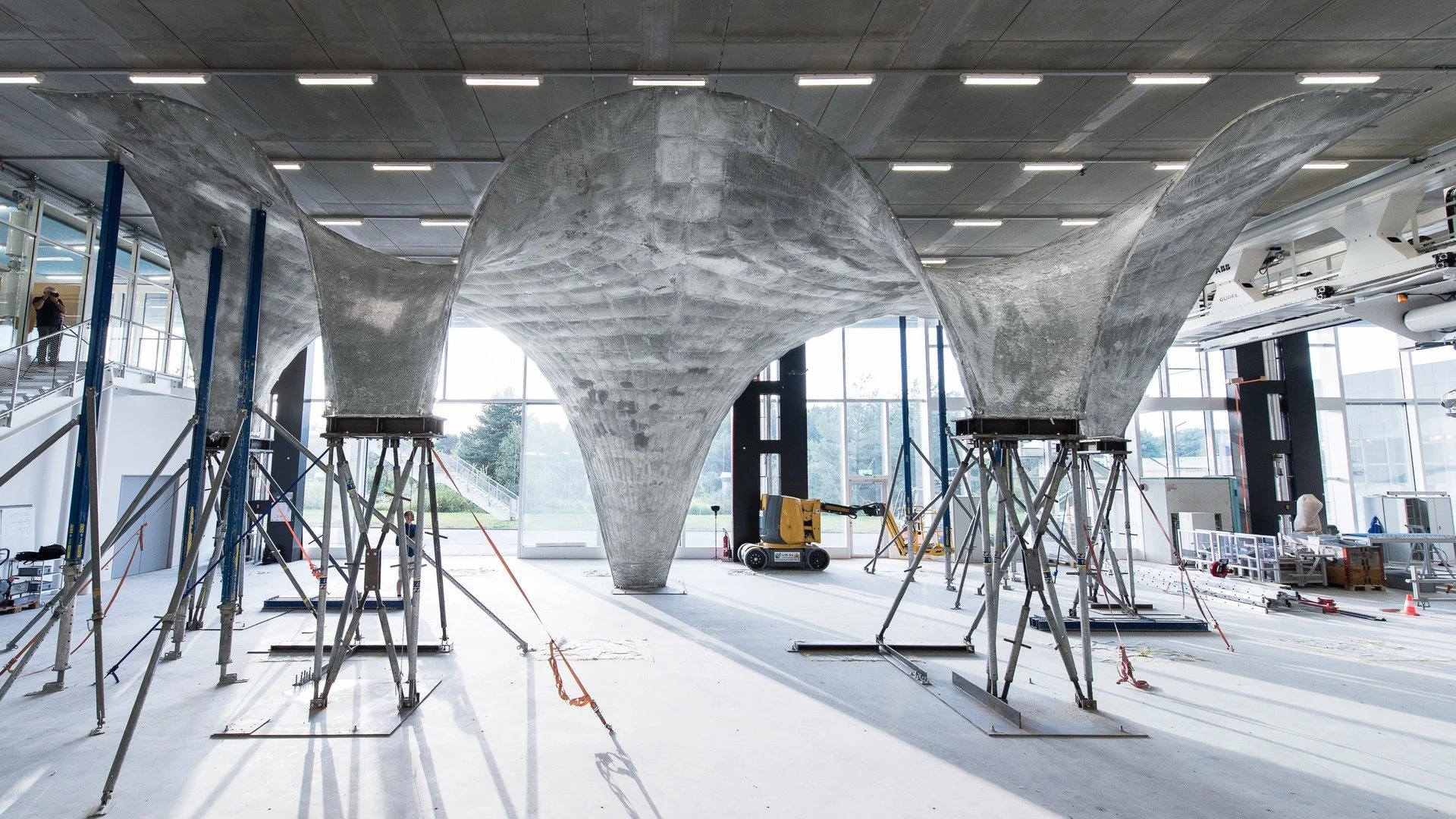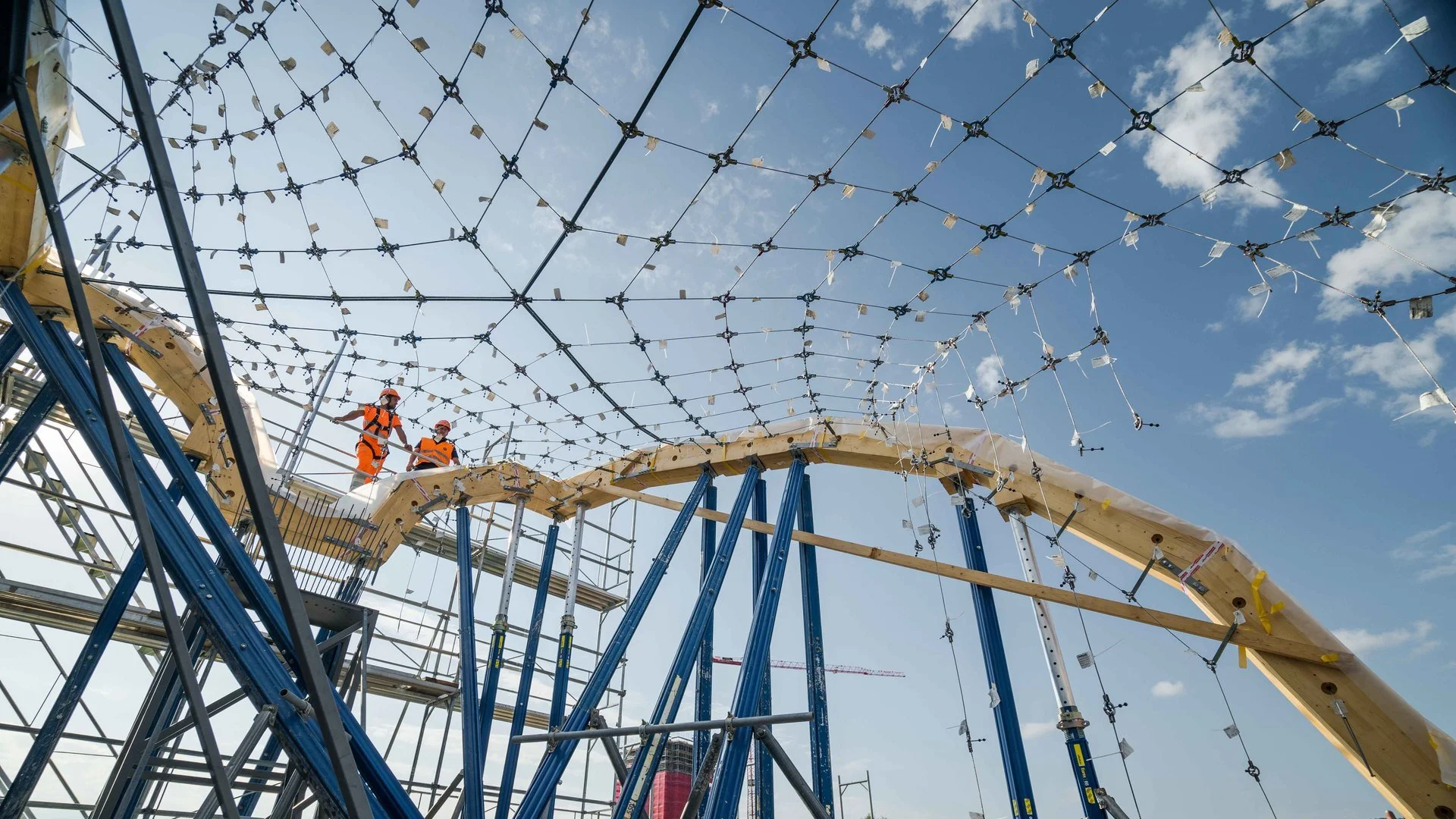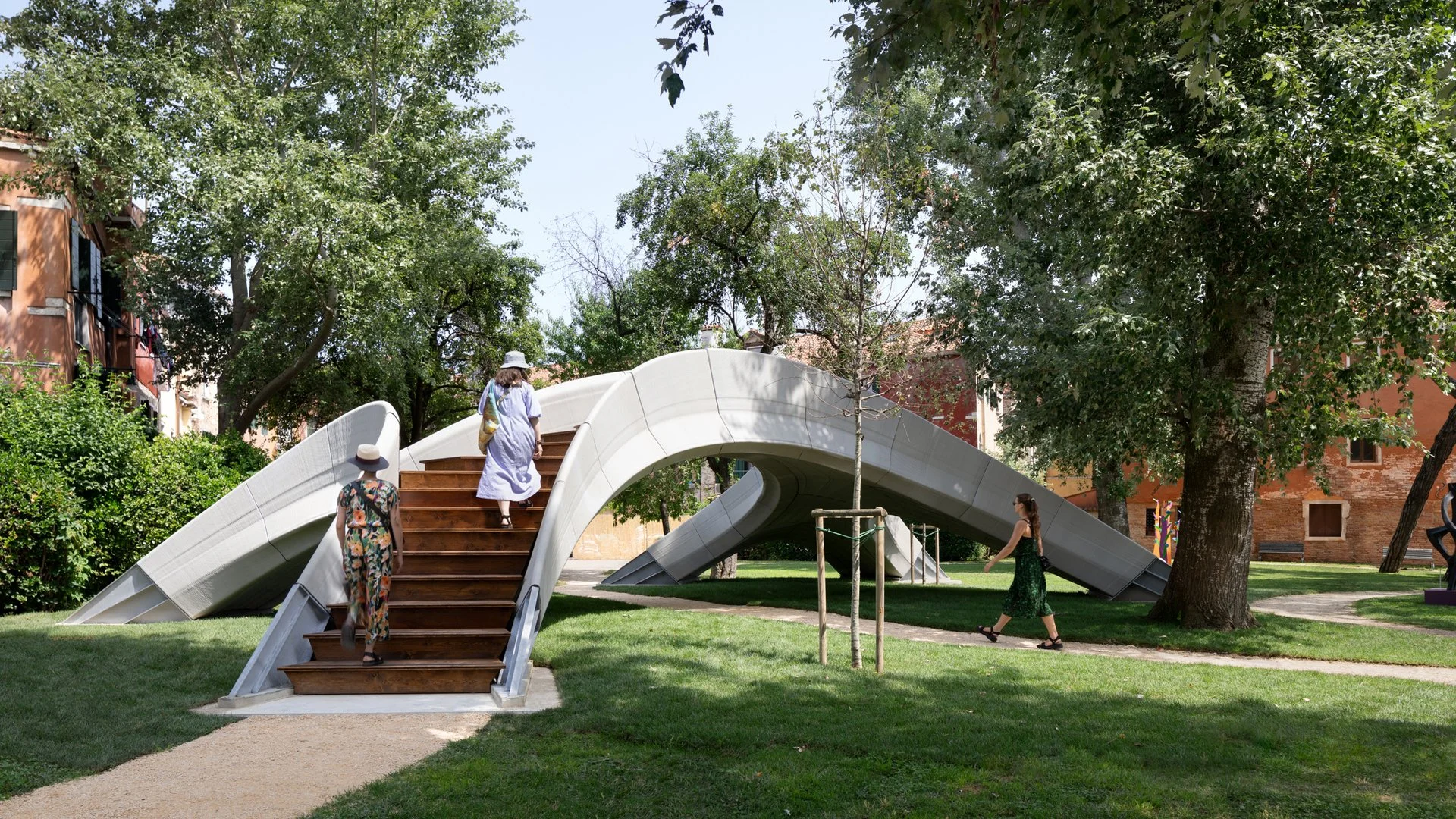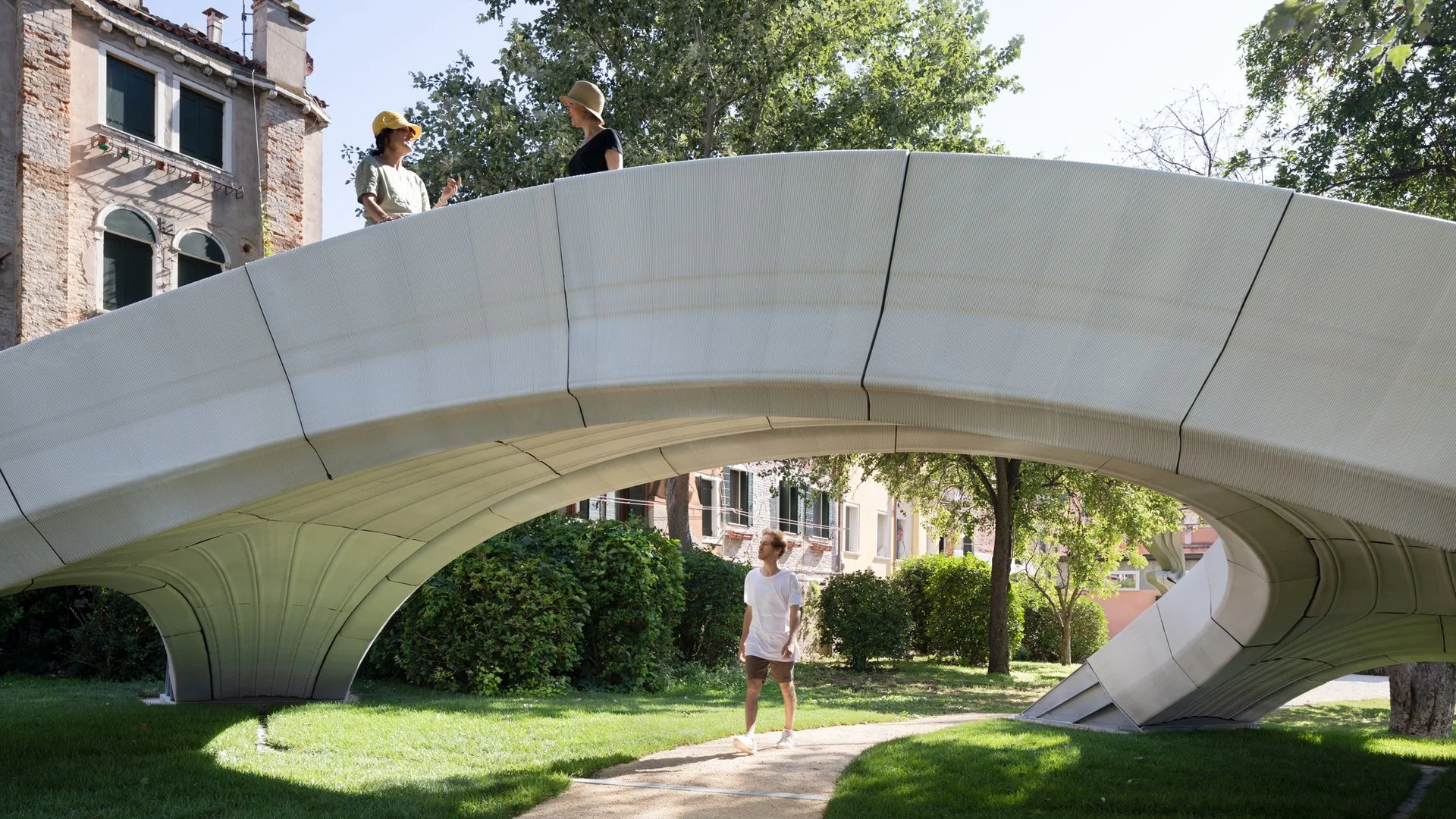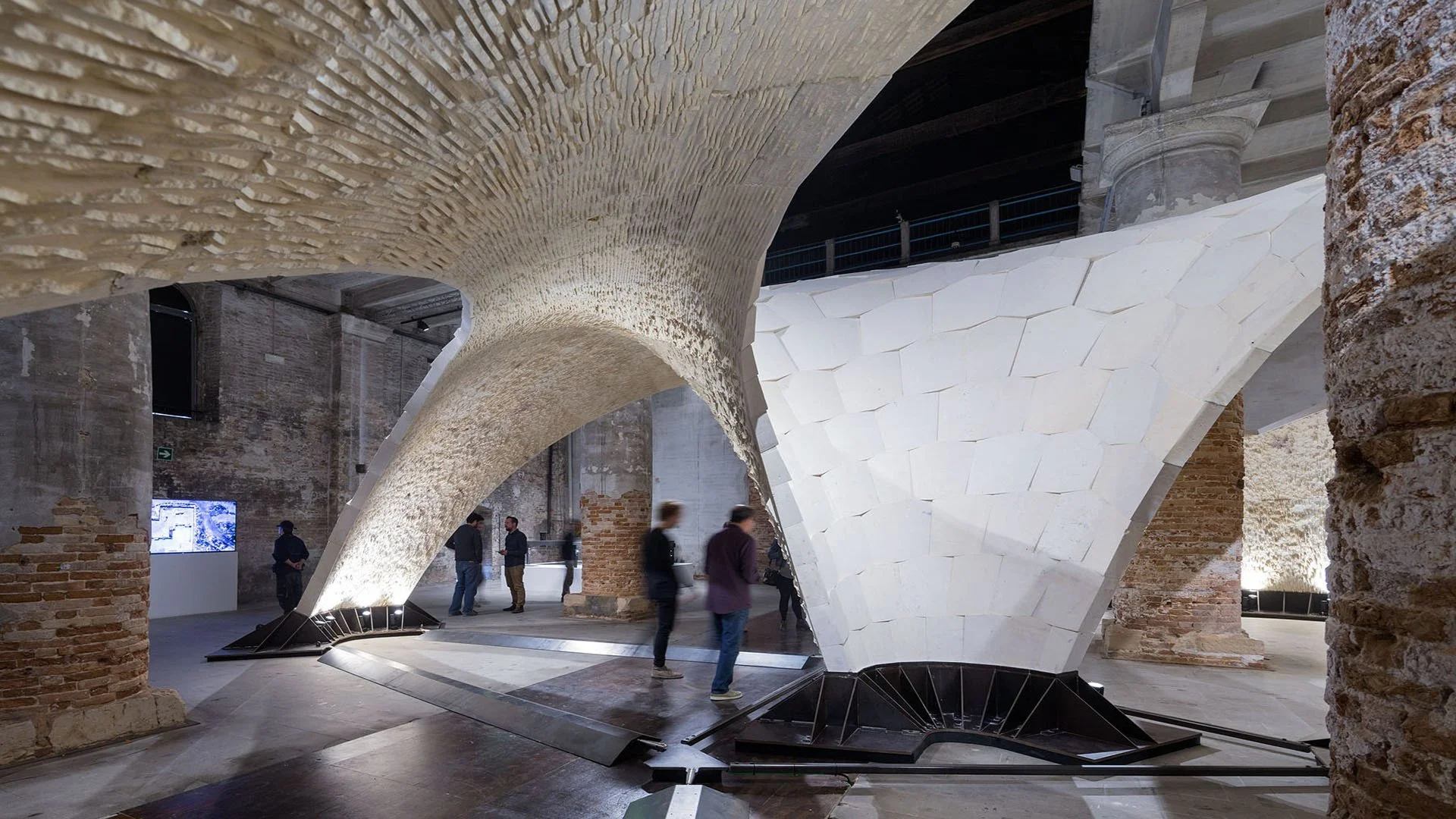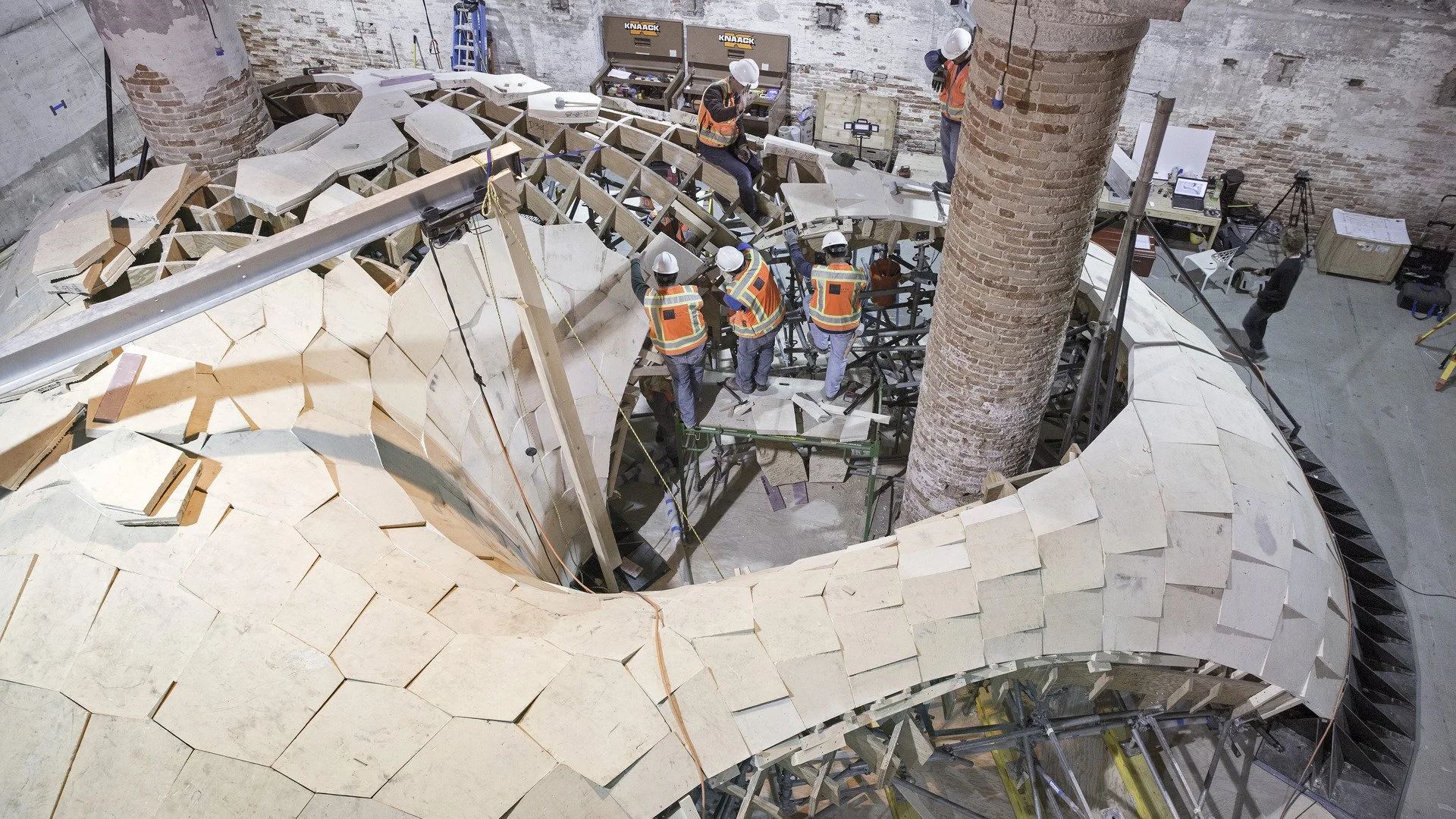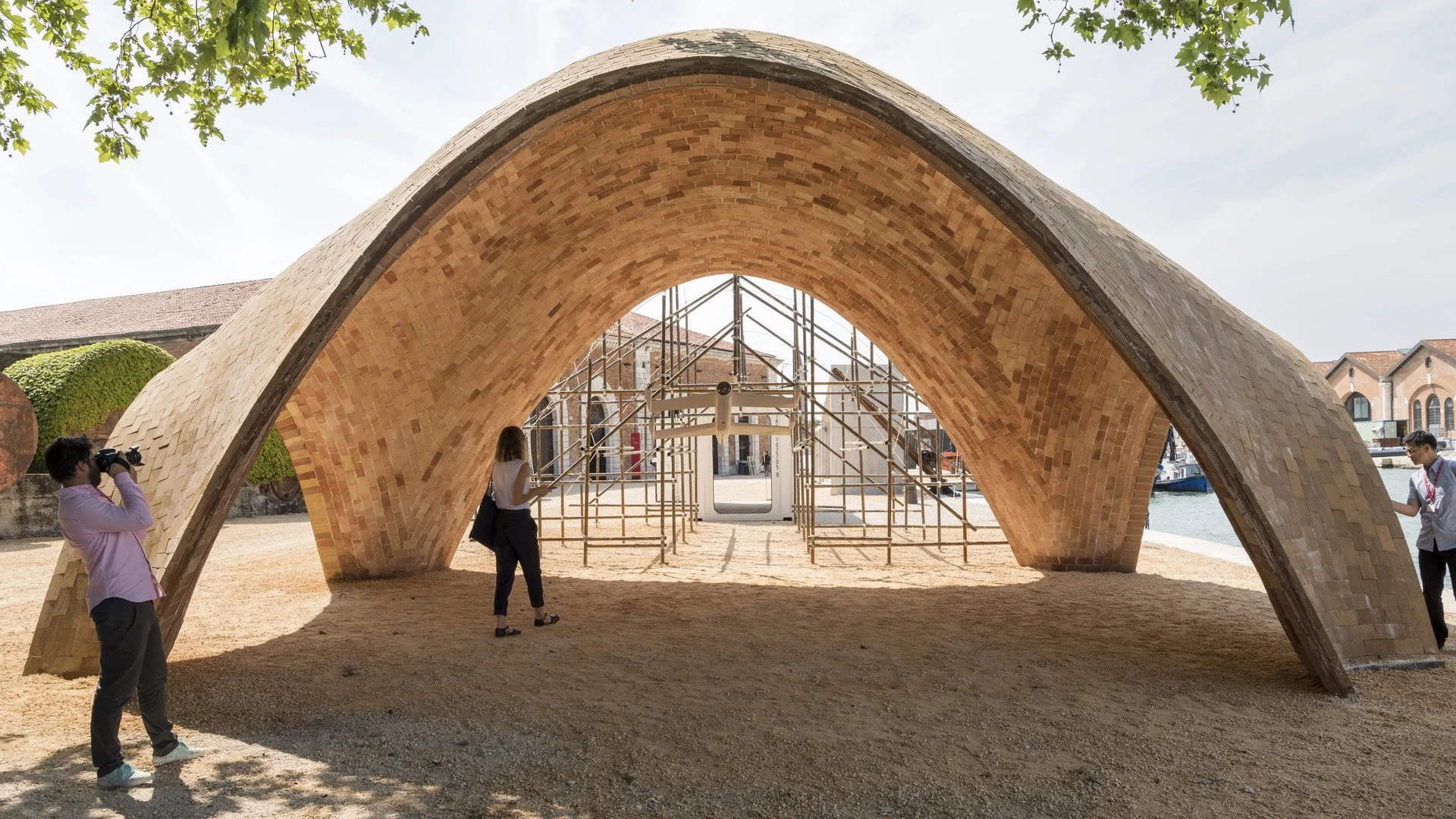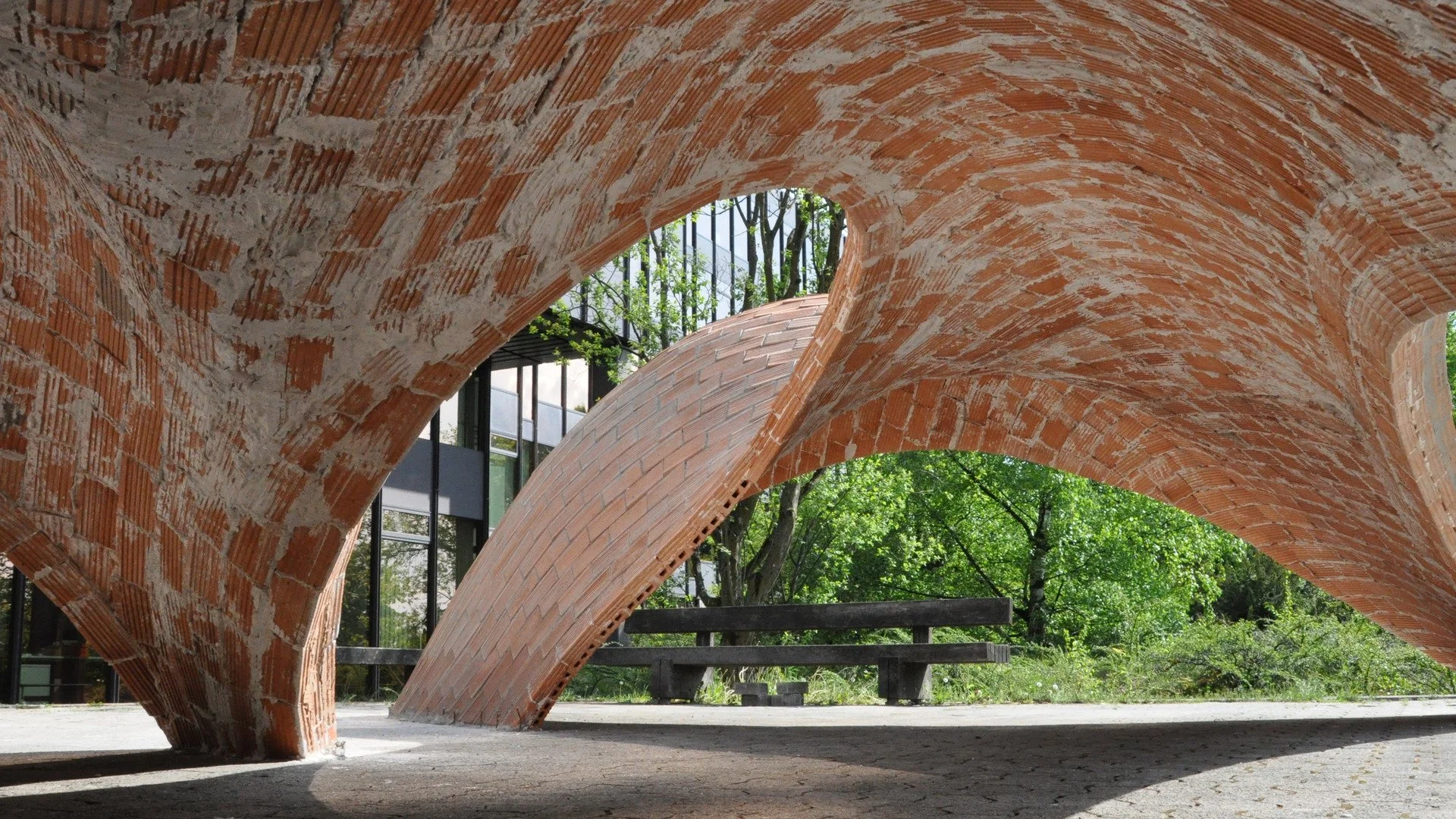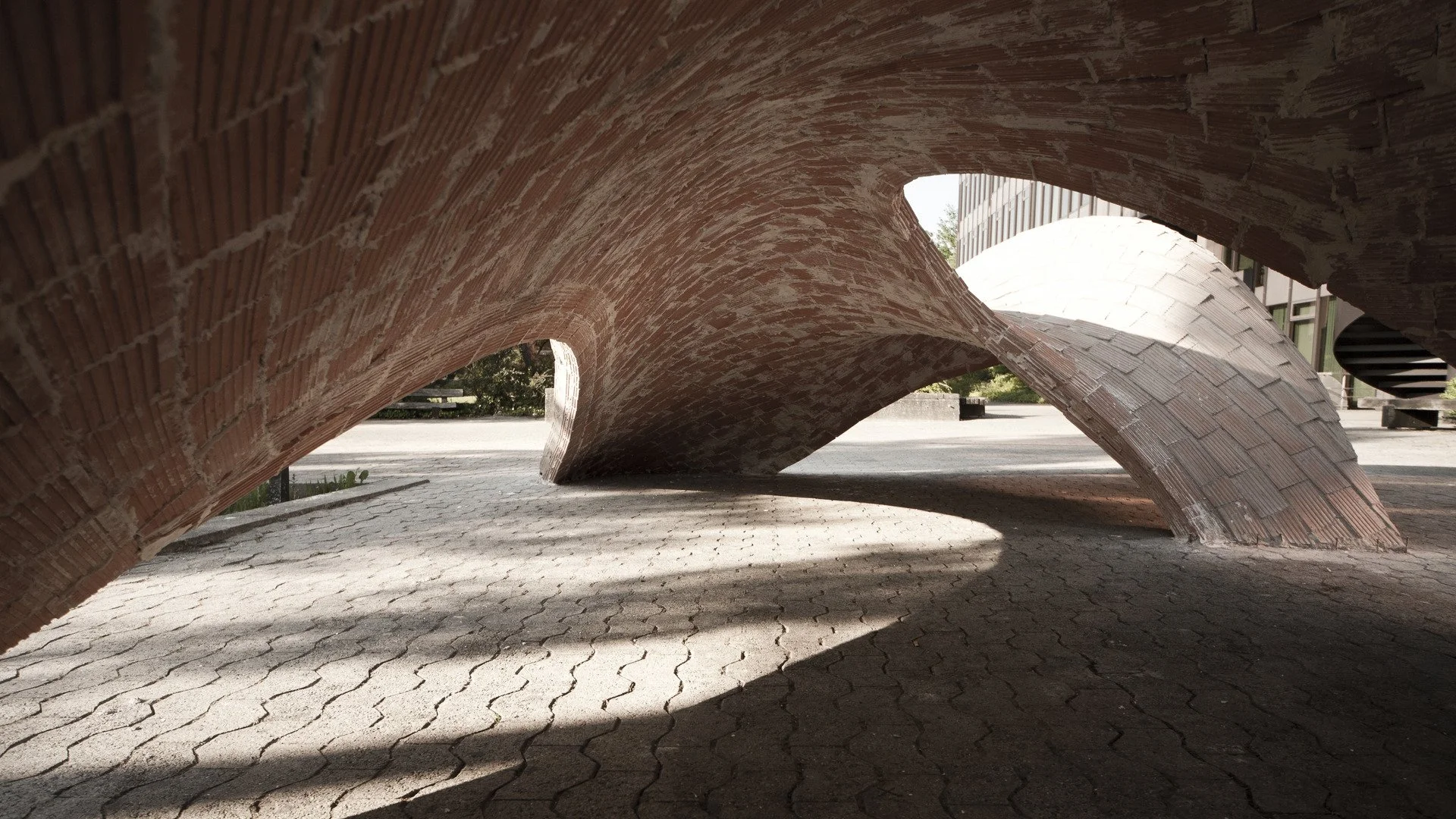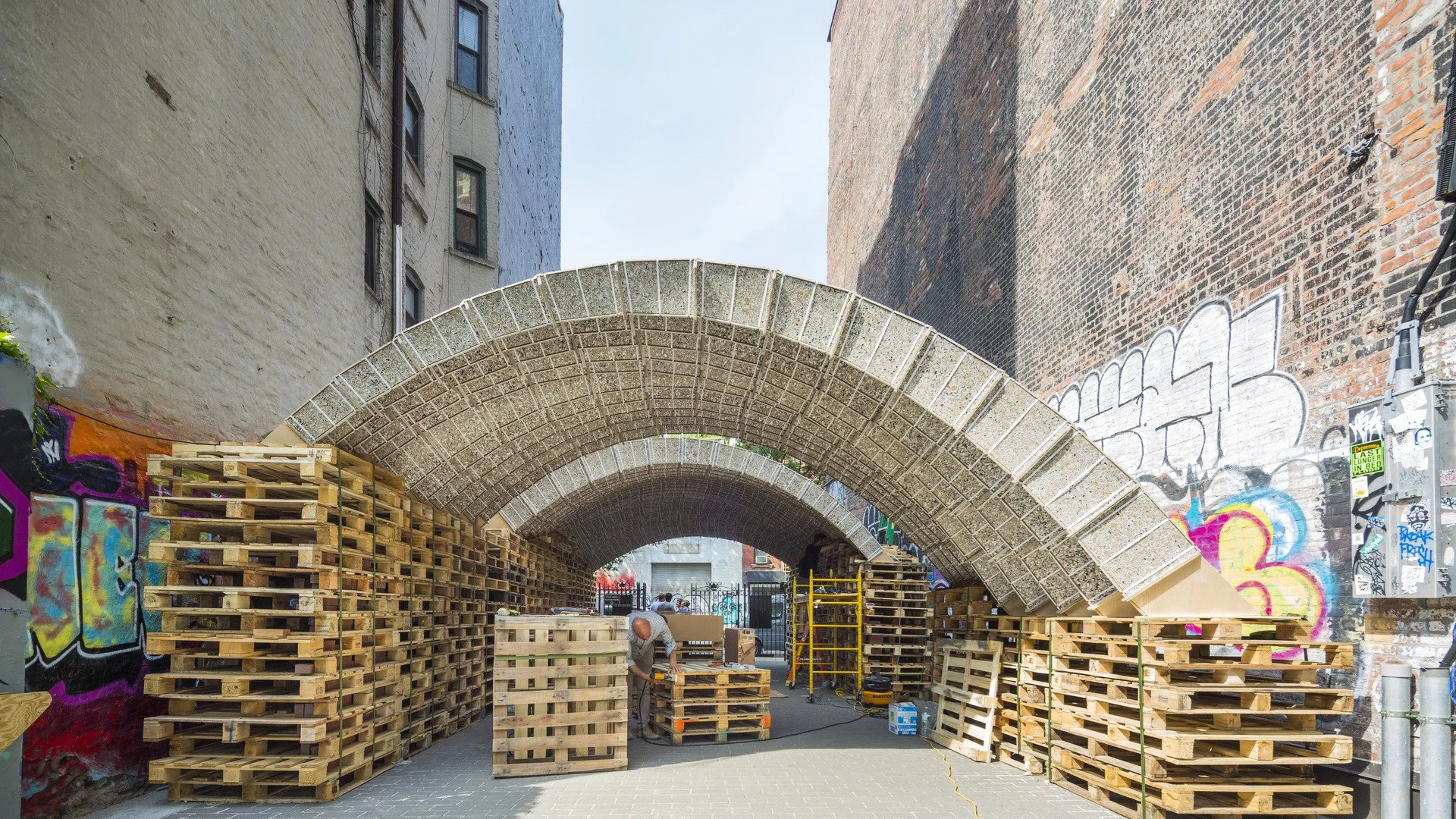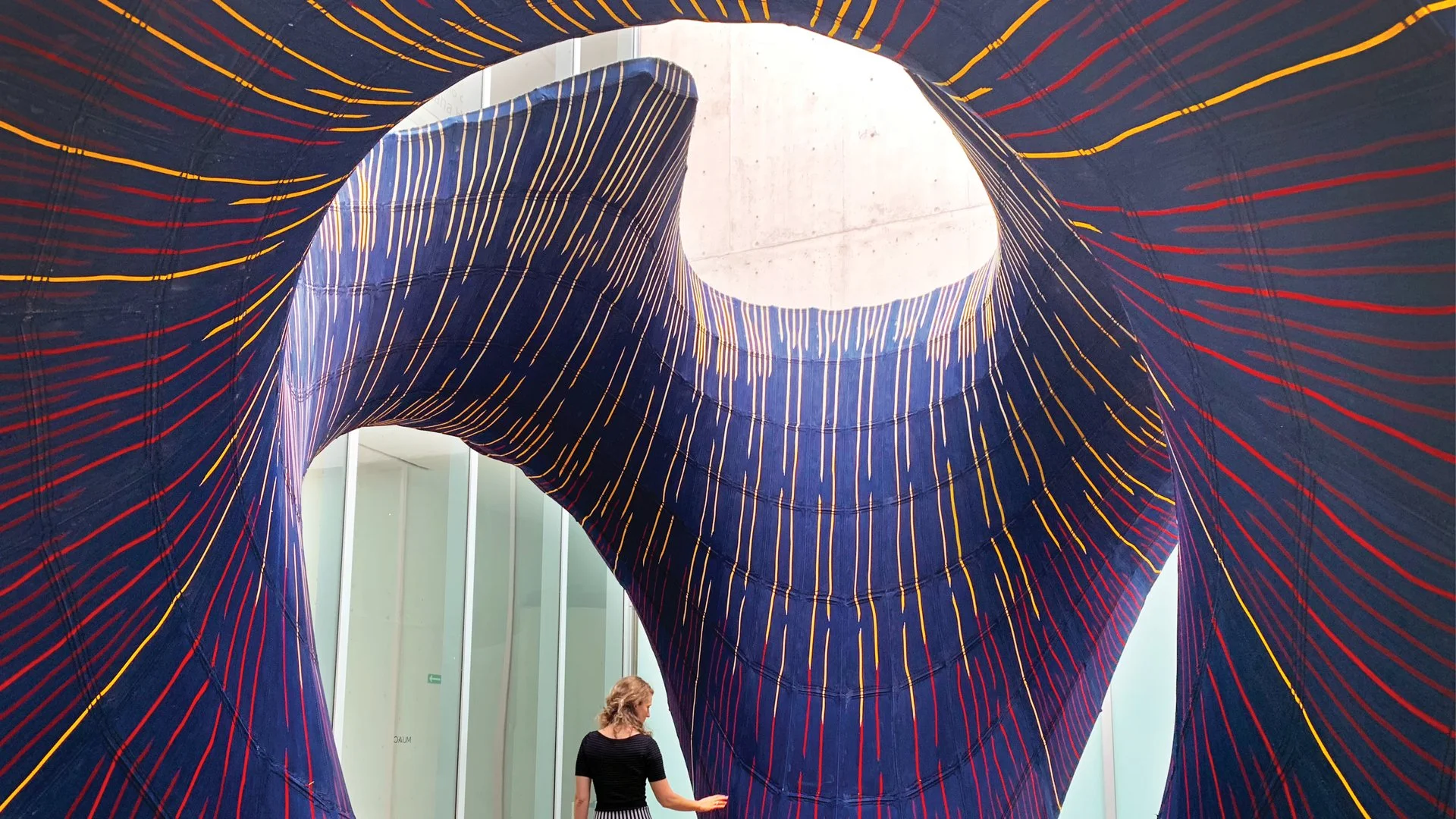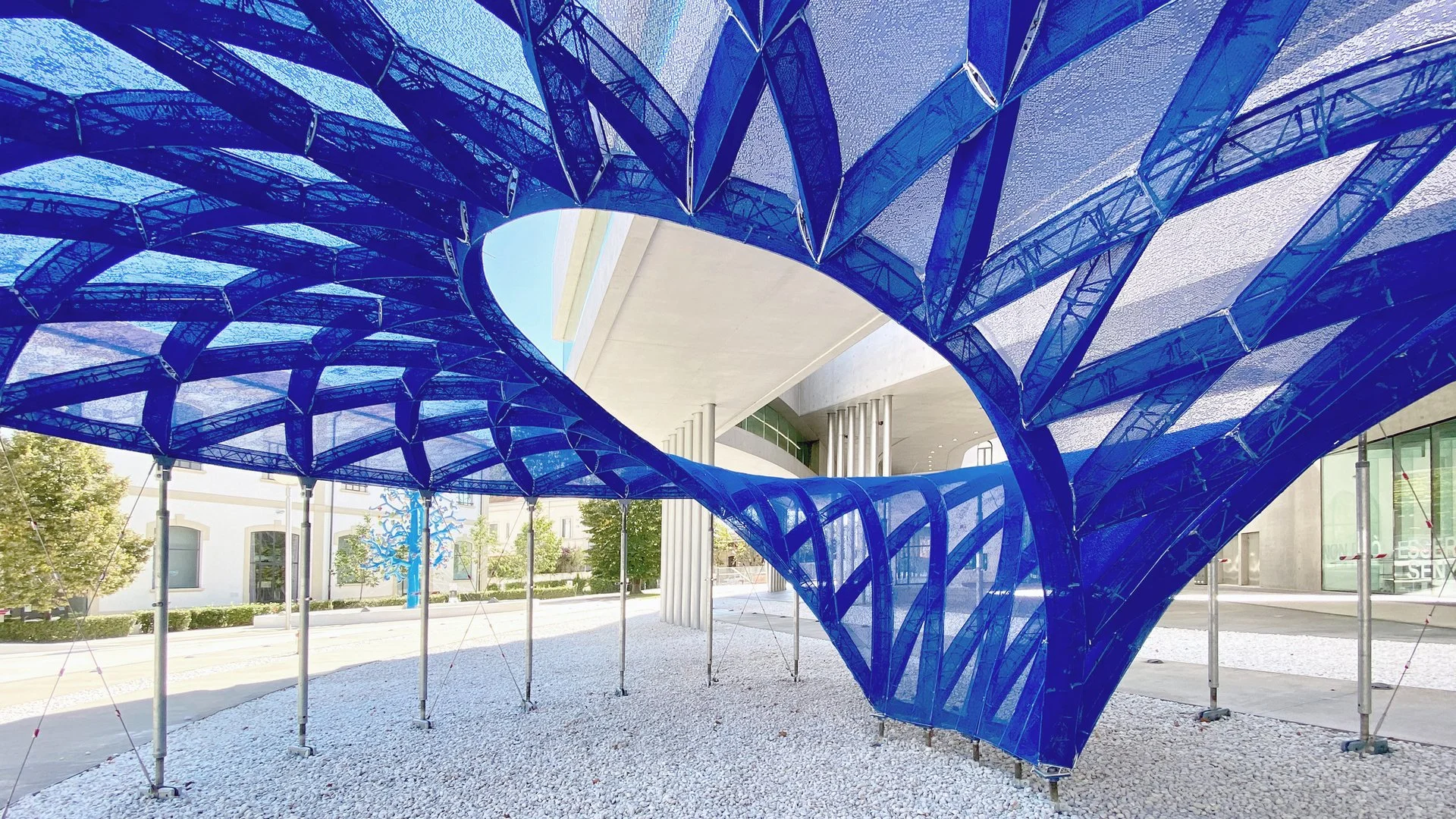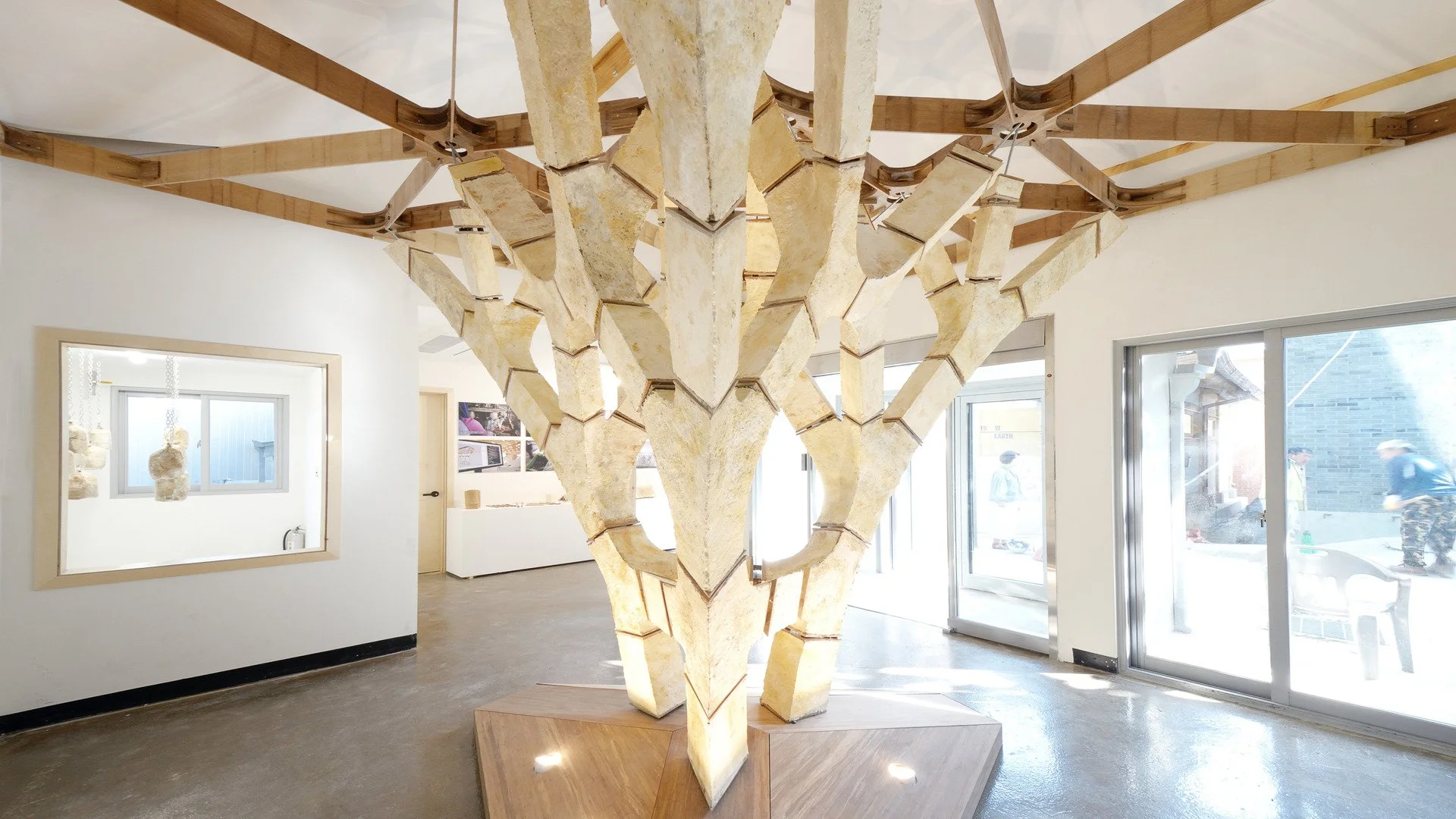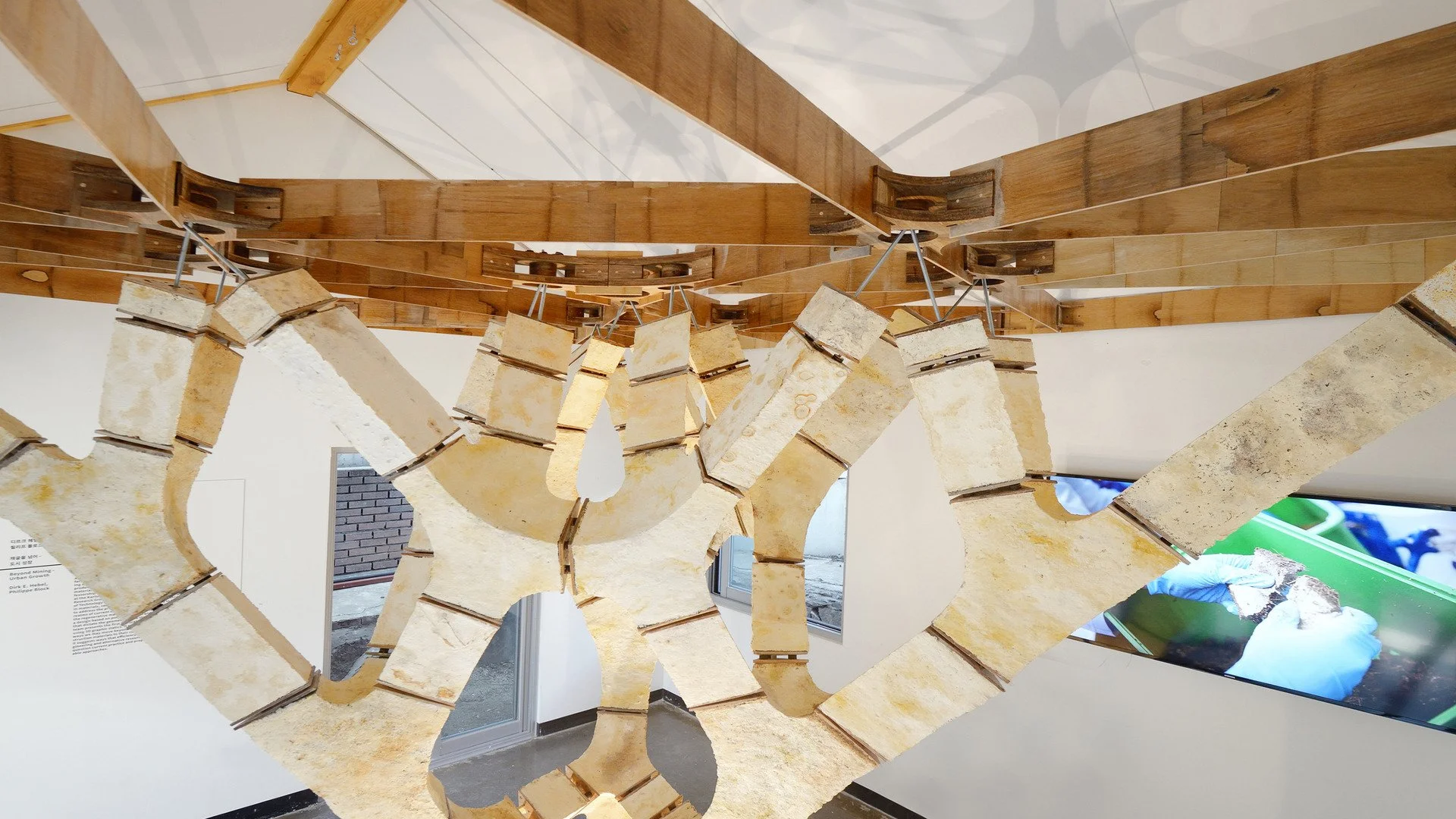 Image 1 of 17
Image 1 of 17

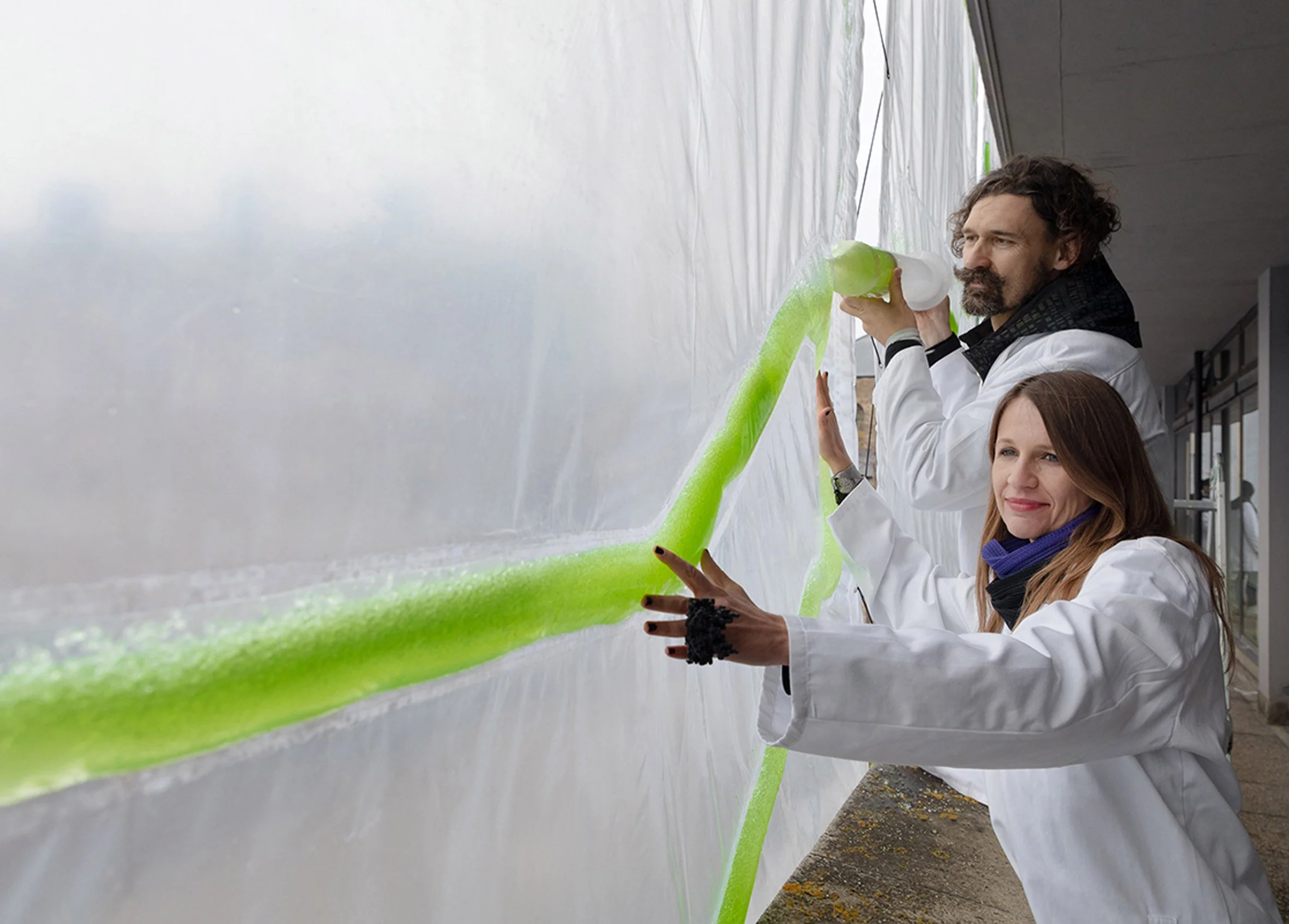 Image 2 of 17
Image 2 of 17

 Image 3 of 17
Image 3 of 17

 Image 4 of 17
Image 4 of 17

 Image 5 of 17
Image 5 of 17

 Image 6 of 17
Image 6 of 17

 Image 7 of 17
Image 7 of 17

 Image 8 of 17
Image 8 of 17

 Image 9 of 17
Image 9 of 17

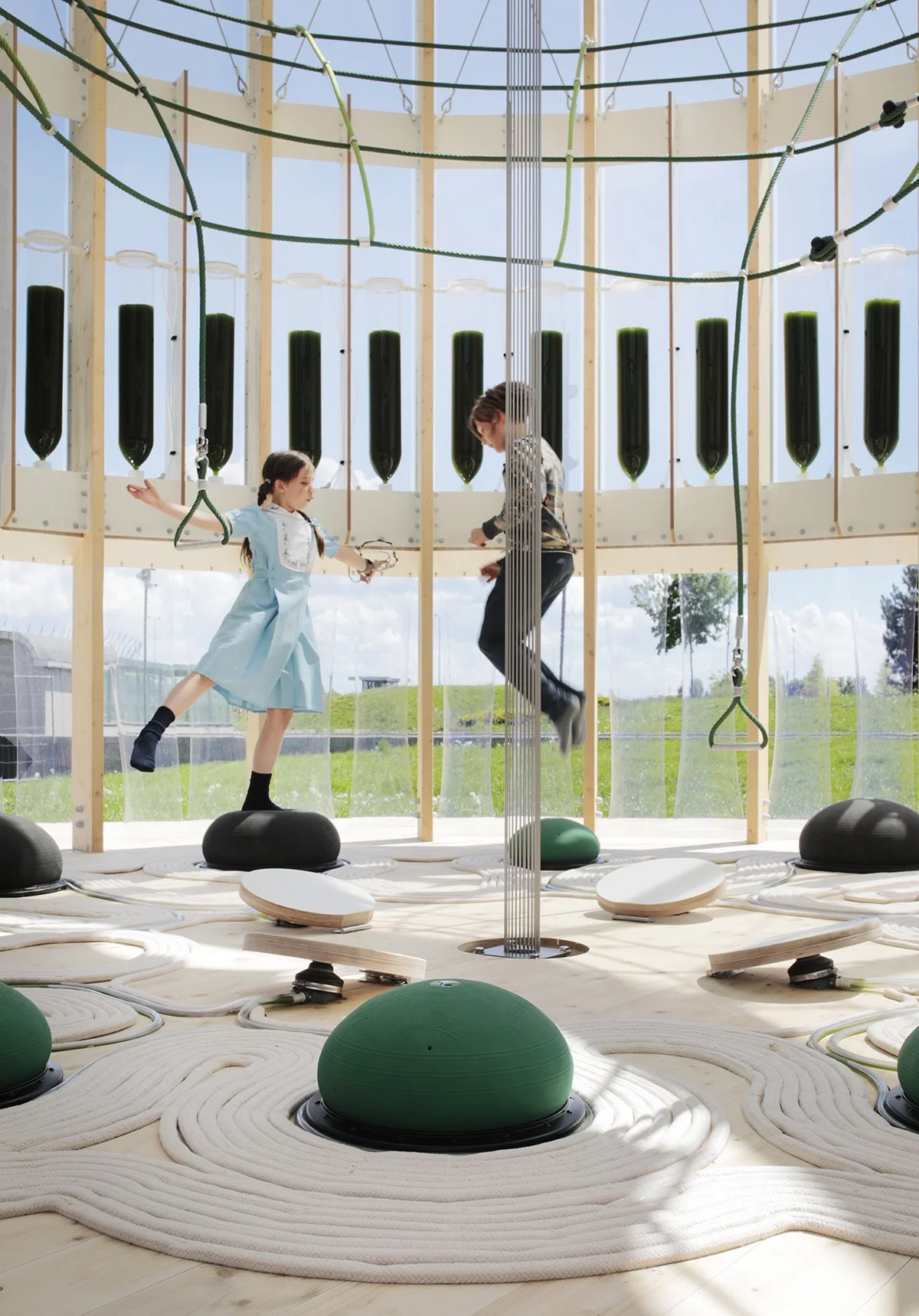 Image 10 of 17
Image 10 of 17

 Image 11 of 17
Image 11 of 17

 Image 12 of 17
Image 12 of 17

 Image 13 of 17
Image 13 of 17

 Image 14 of 17
Image 14 of 17

 Image 15 of 17
Image 15 of 17

 Image 16 of 17
Image 16 of 17

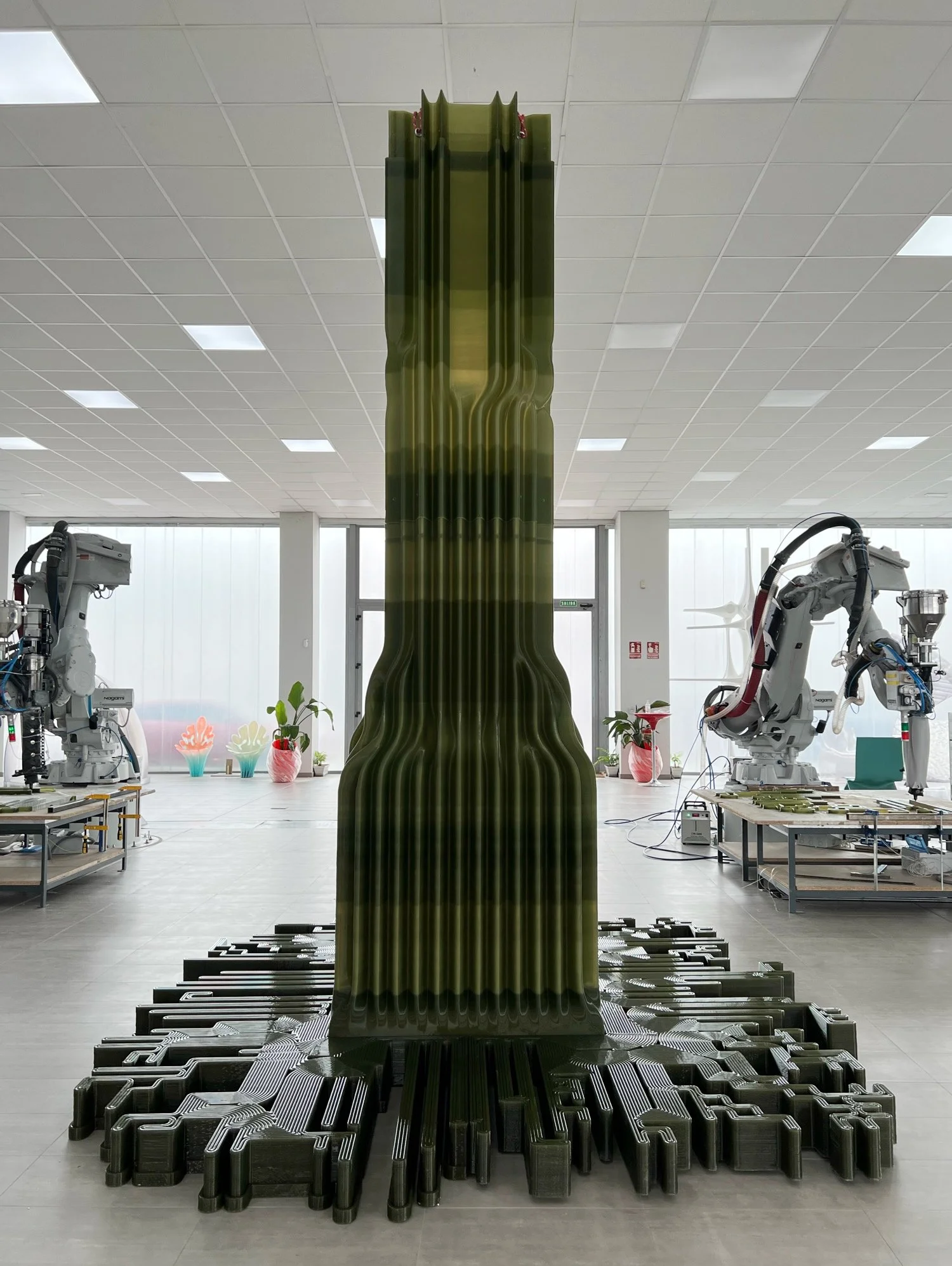 Image 17 of 17
Image 17 of 17


















EcoLogicStudio specialises in biotechnology for the built environment
ecoLogicStudio is an architectural and urban design practice founded by Claudia Pasquero and Marco Poletto in London in 2005. The studio was established with the mission to integrate nature, technology, and design in innovative ways. ecoLogicStudio's current approach focuses on developing bio-digital design methods that deploy advanced digital manufacturing technologies to integrate nature and natural materials into the built environment. Core values include innovation, sustainability, and interdisciplinary collaboration, with a purpose to redefine the relationship between architecture, ecology, and technology.
Location
Headquarters: London, United Kingdom.
Primary manufacturing/operations locations: Various global locations for projects and collaborations.
The Circular Vision
Core circular economy principles: Designing self-sufficient urban systems, integrating living organisms into architecture, and creating buildings that promote environmental awareness and sustainable practices.
Key innovations: Development of projects like "photoSynthetica," which uses microalgae to capture carbon dioxide and produce oxygen in urban environments. The studio also explores the use of bio-digital fabrication techniques to create living architectural elements.
Prioritization of local sourcing and closed-loop supply chains: Emphasis on using living systems and sustainable production methods to minimize environmental impact and create regenerative urban ecosystems.
Pioneering Solutions
Flagship projects: ecoLogicStudio's portfolio includes innovative projects such as the Bio-Digital Curtain (an air-purifying urban installation), the Urban Algae Folly (a prototype for algae-powered architecture), and various eco-masterplans that showcase the potential of integrating living systems into urban design.
The Regenerative Future
R&D focus areas: Advancing bio-digital design techniques, exploring new applications for living organisms in architecture, and developing solutions that further reduce waste and energy consumption in urban environments.
Ambitious goals: To lead the architecture industry in sustainable practices, create self-sufficient urban systems, and inspire a shift towards a regenerative approach to design and environmental stewardship.
Fact Sheet
Commercial Availability: Architectural design services and installations available through collaborations, exhibitions, and partnerships with institutions and businesses.
Circularity Rating: 5/5 (Strong focus on integrating circular economy principles and living systems in architectural design).
Key Certifications: Nominated among the 10 most interesting global emergent practices by Metropolis Magazine in 2014.
Material Passport: Detailed use of living organisms and bio-based materials in projects, though formal material passports are not mentioned.
Designed for Disassembly: Information not explicitly provided, but emphasis on living systems suggests potential for adaptability and regeneration.
Carbon Performance: Focus on carbon capture through the integration of microalgae and other living systems in architectural projects. Specific carbon metrics not provided.
Key Takeaway
ecoLogicStudio transforms the architecture and urban design industry through innovative, bio-digital solutions that prioritize circular economy principles, setting a benchmark for environmental responsibility and living system integration in contemporary design.
Explore Further
ecoLogicStudio website: https://www.ecologicstudio.com
photoSynthetica project: https://www.photosynthetica.co.uk
ecoLogicStudio is an architectural and urban design practice founded by Claudia Pasquero and Marco Poletto in London in 2005. The studio was established with the mission to integrate nature, technology, and design in innovative ways. ecoLogicStudio's current approach focuses on developing bio-digital design methods that deploy advanced digital manufacturing technologies to integrate nature and natural materials into the built environment. Core values include innovation, sustainability, and interdisciplinary collaboration, with a purpose to redefine the relationship between architecture, ecology, and technology.
Location
Headquarters: London, United Kingdom.
Primary manufacturing/operations locations: Various global locations for projects and collaborations.
The Circular Vision
Core circular economy principles: Designing self-sufficient urban systems, integrating living organisms into architecture, and creating buildings that promote environmental awareness and sustainable practices.
Key innovations: Development of projects like "photoSynthetica," which uses microalgae to capture carbon dioxide and produce oxygen in urban environments. The studio also explores the use of bio-digital fabrication techniques to create living architectural elements.
Prioritization of local sourcing and closed-loop supply chains: Emphasis on using living systems and sustainable production methods to minimize environmental impact and create regenerative urban ecosystems.
Pioneering Solutions
Flagship projects: ecoLogicStudio's portfolio includes innovative projects such as the Bio-Digital Curtain (an air-purifying urban installation), the Urban Algae Folly (a prototype for algae-powered architecture), and various eco-masterplans that showcase the potential of integrating living systems into urban design.
The Regenerative Future
R&D focus areas: Advancing bio-digital design techniques, exploring new applications for living organisms in architecture, and developing solutions that further reduce waste and energy consumption in urban environments.
Ambitious goals: To lead the architecture industry in sustainable practices, create self-sufficient urban systems, and inspire a shift towards a regenerative approach to design and environmental stewardship.
Fact Sheet
Commercial Availability: Architectural design services and installations available through collaborations, exhibitions, and partnerships with institutions and businesses.
Circularity Rating: 5/5 (Strong focus on integrating circular economy principles and living systems in architectural design).
Key Certifications: Nominated among the 10 most interesting global emergent practices by Metropolis Magazine in 2014.
Material Passport: Detailed use of living organisms and bio-based materials in projects, though formal material passports are not mentioned.
Designed for Disassembly: Information not explicitly provided, but emphasis on living systems suggests potential for adaptability and regeneration.
Carbon Performance: Focus on carbon capture through the integration of microalgae and other living systems in architectural projects. Specific carbon metrics not provided.
Key Takeaway
ecoLogicStudio transforms the architecture and urban design industry through innovative, bio-digital solutions that prioritize circular economy principles, setting a benchmark for environmental responsibility and living system integration in contemporary design.
Explore Further
ecoLogicStudio website: https://www.ecologicstudio.com
photoSynthetica project: https://www.photosynthetica.co.uk

